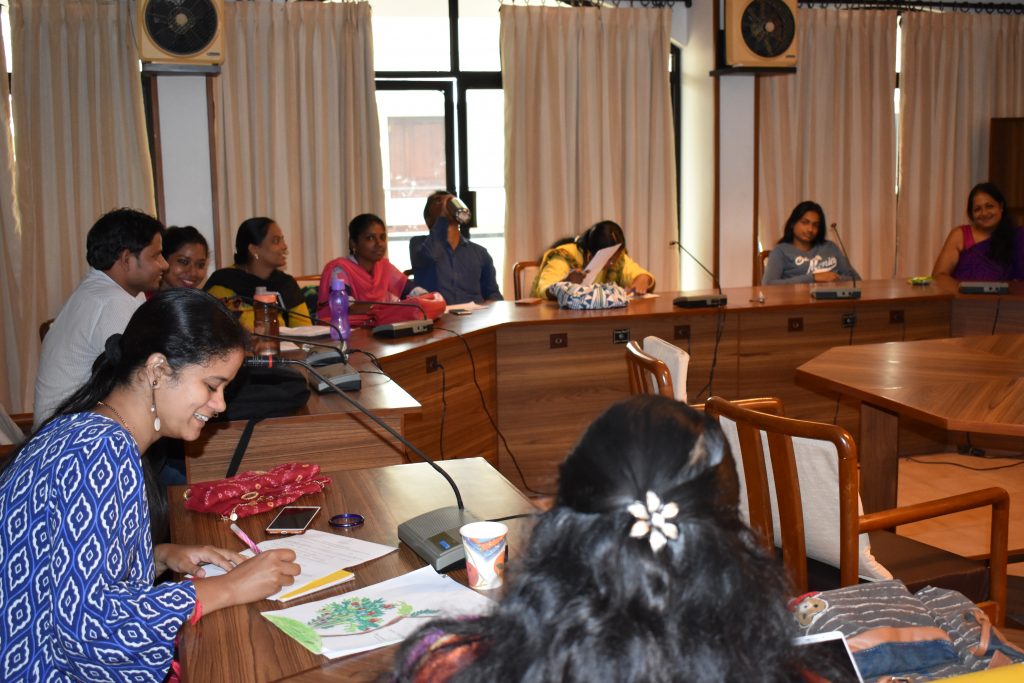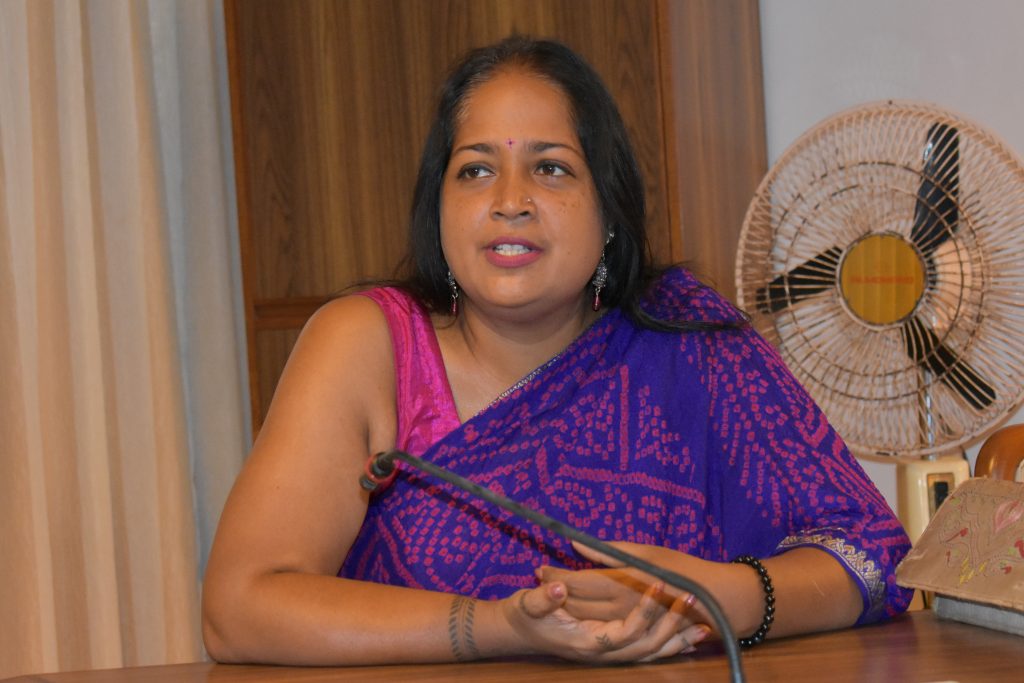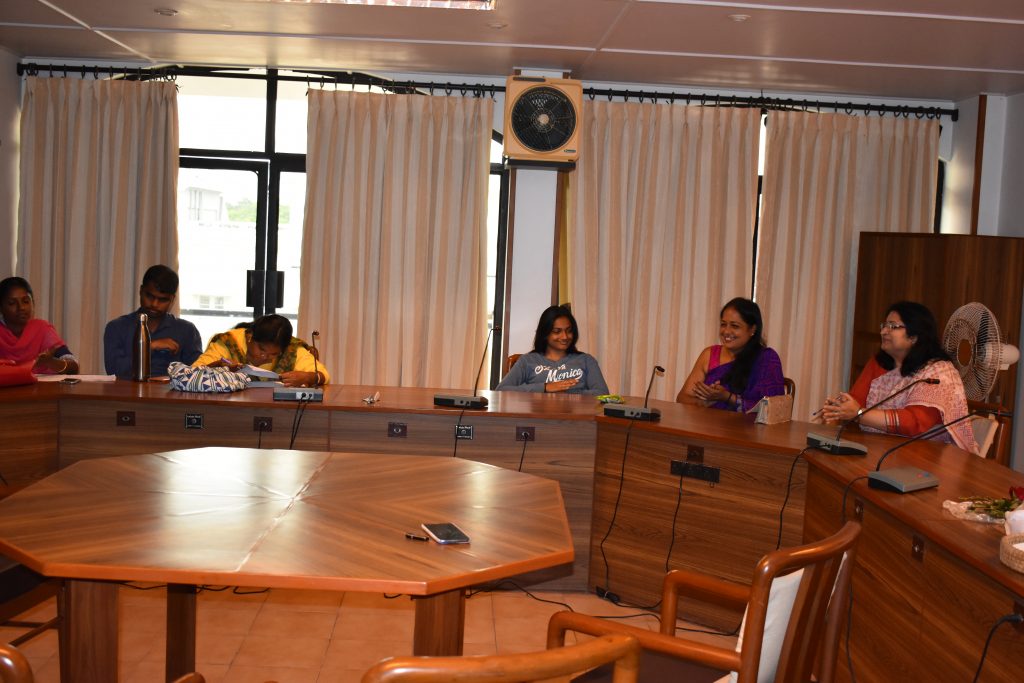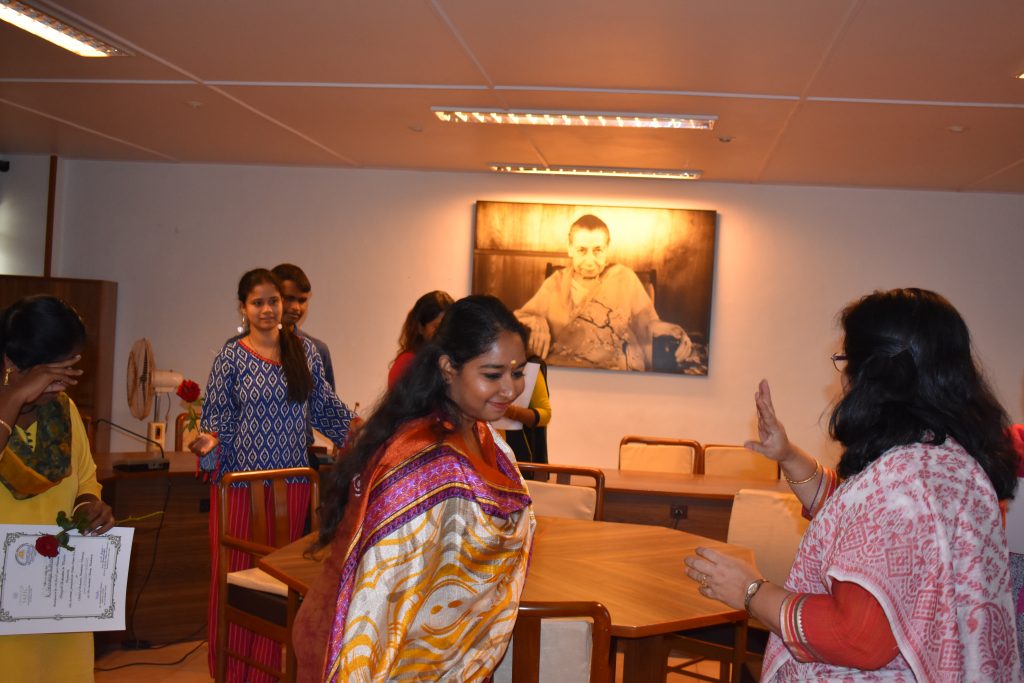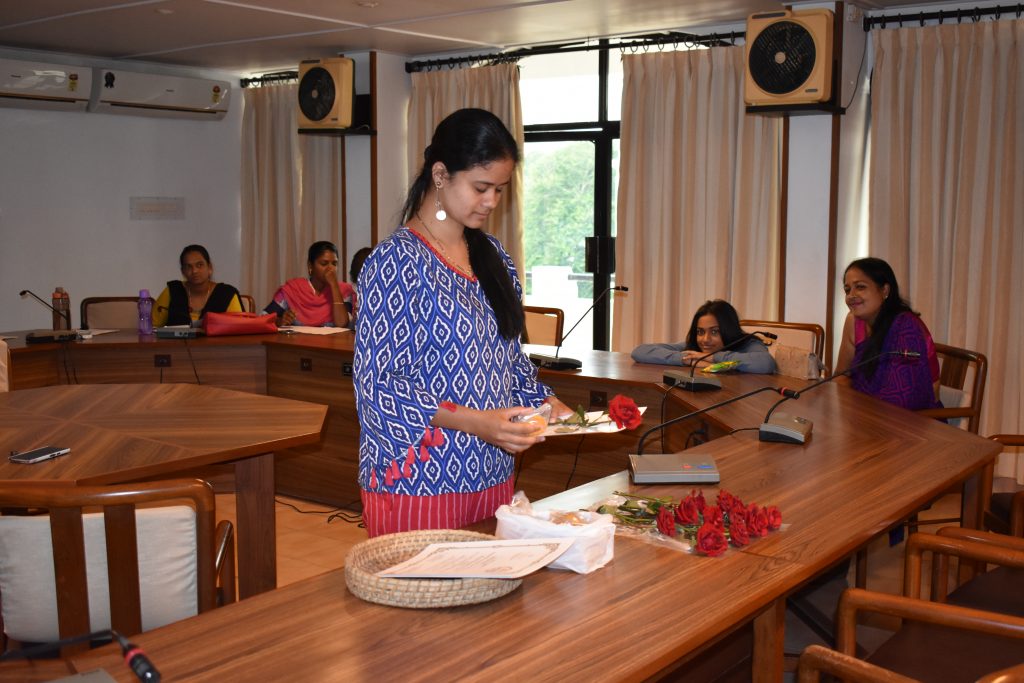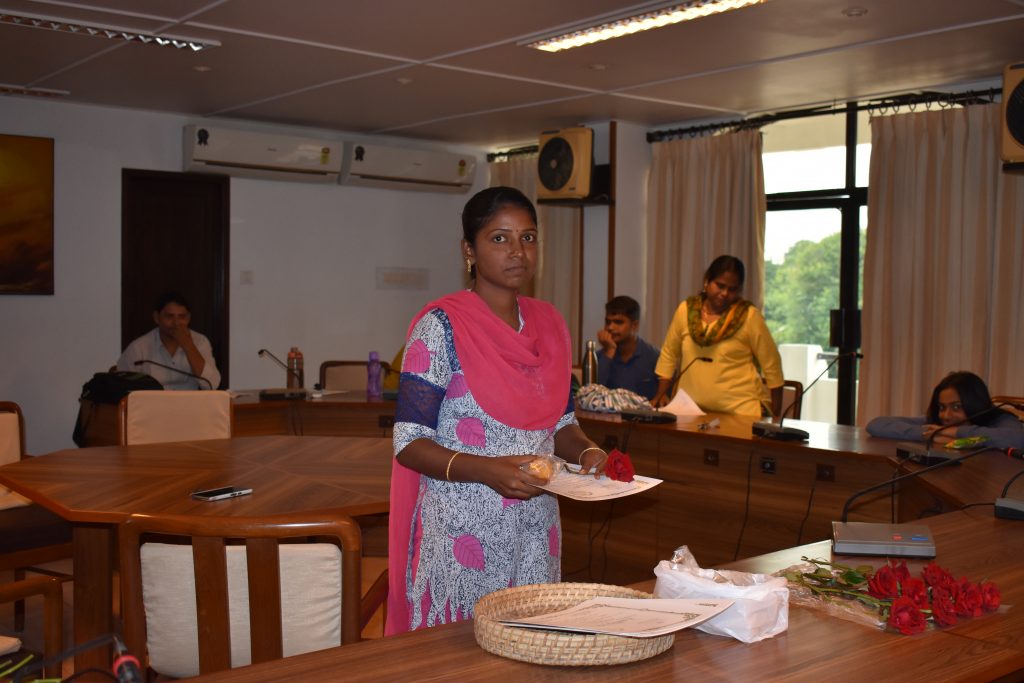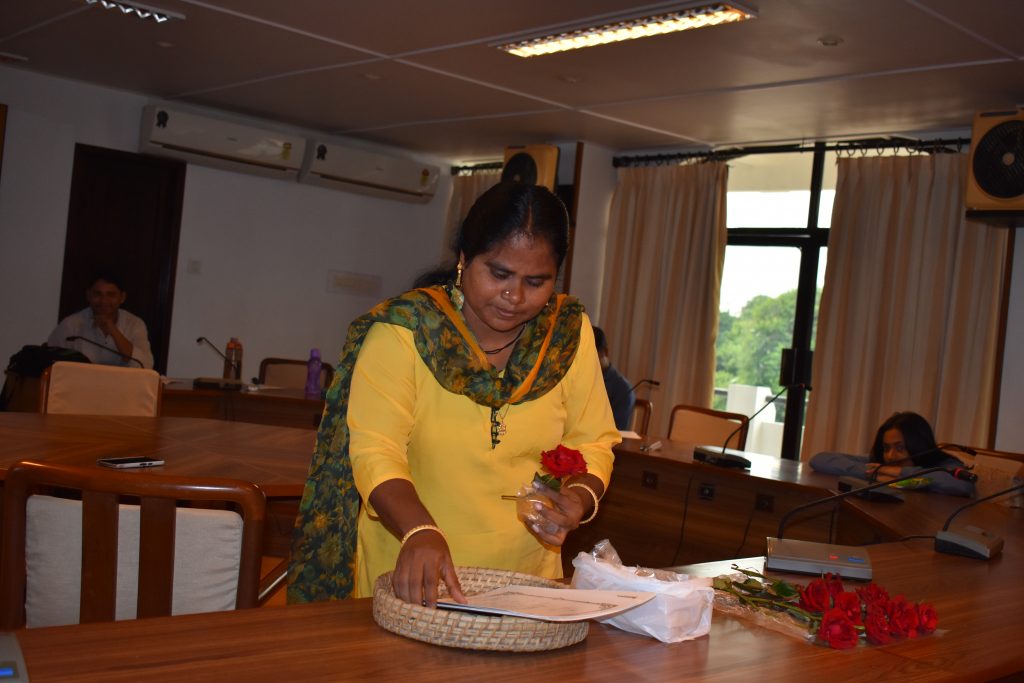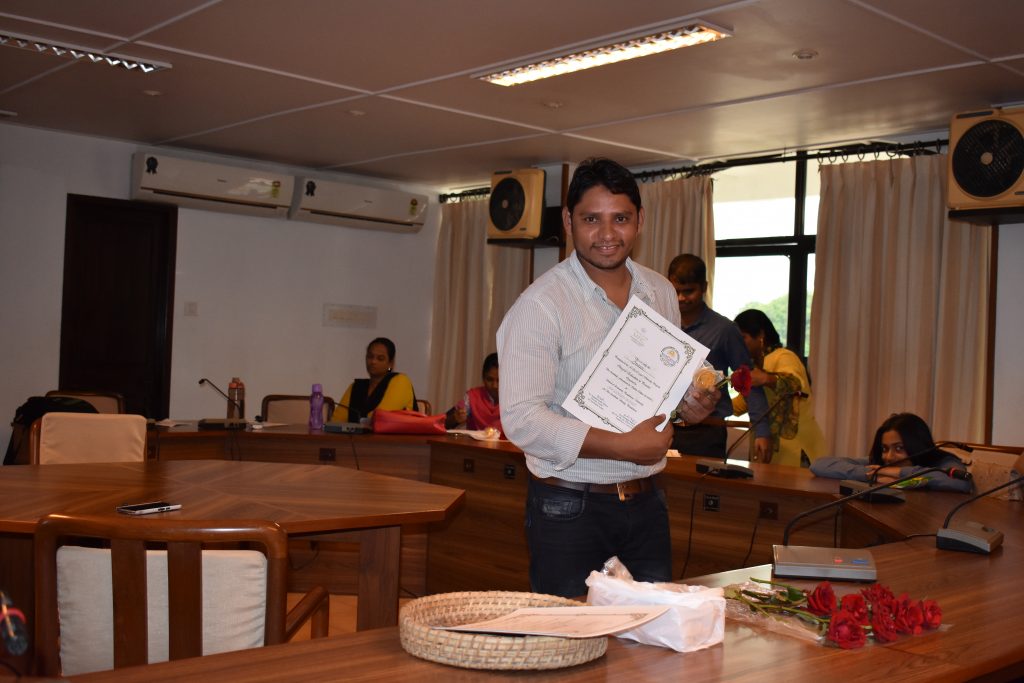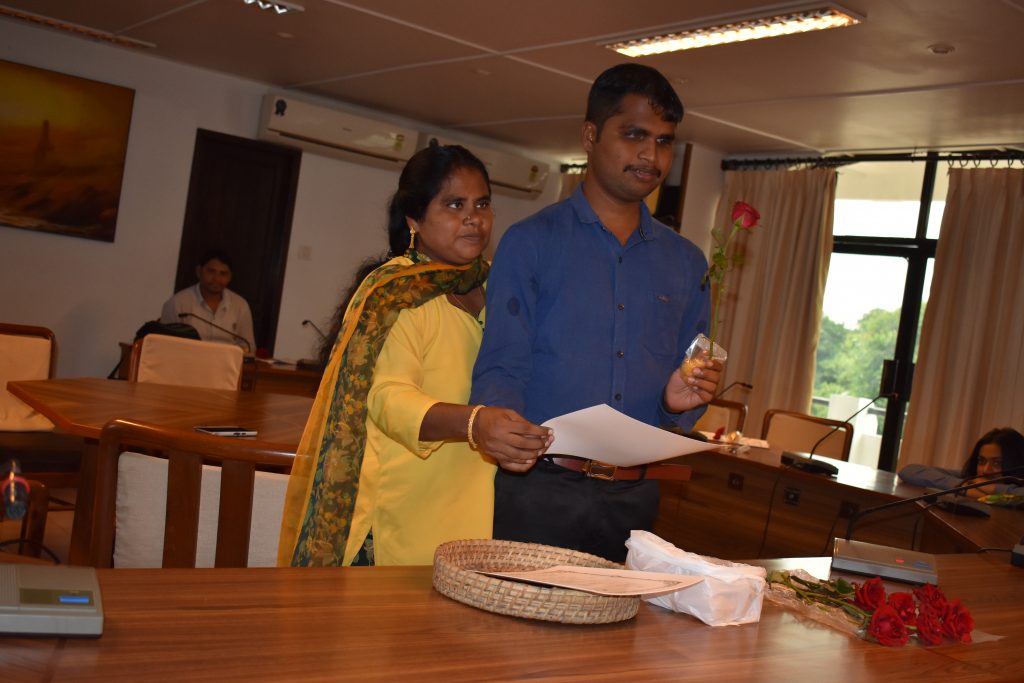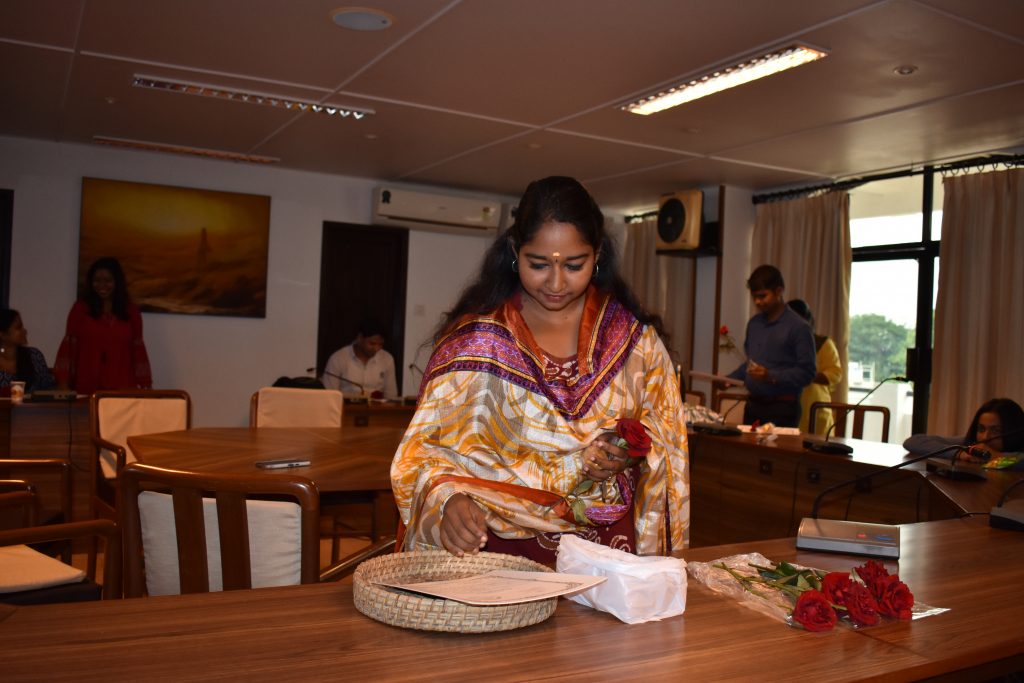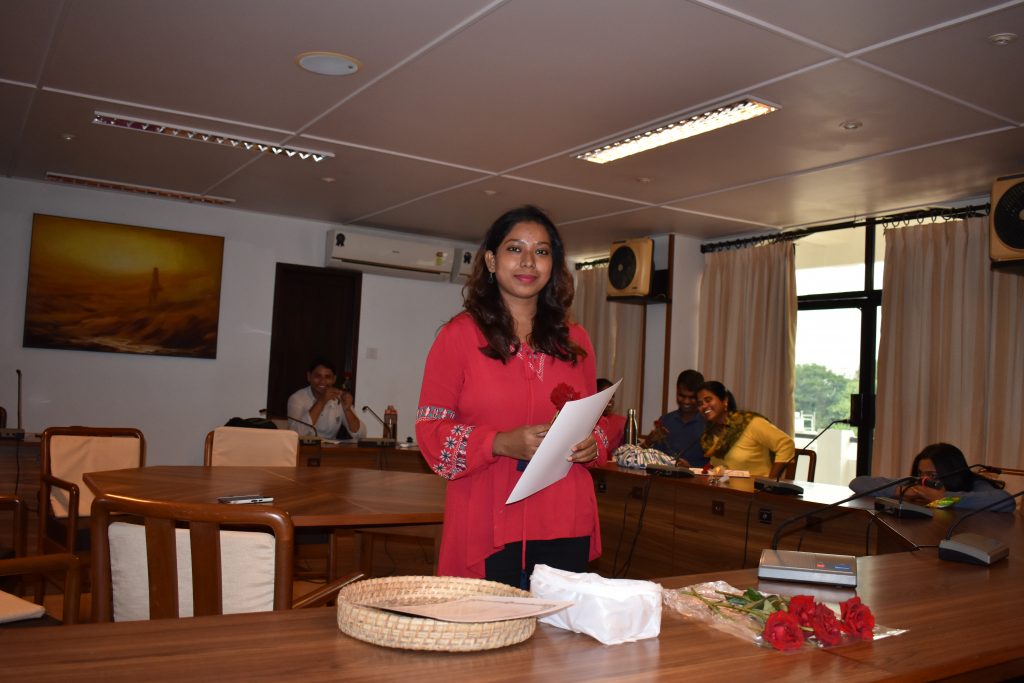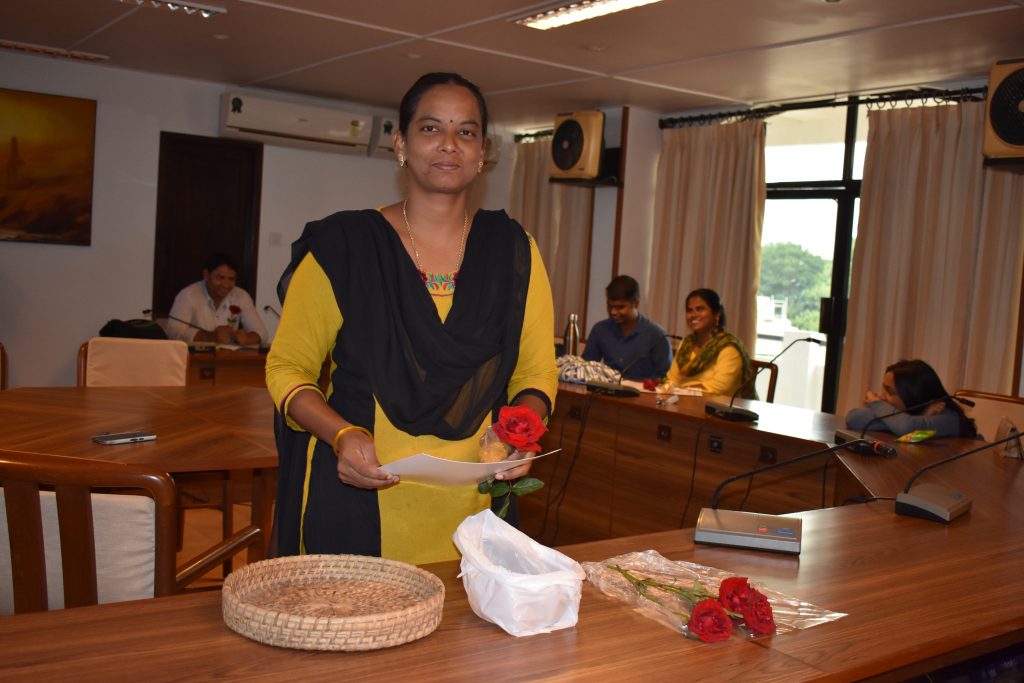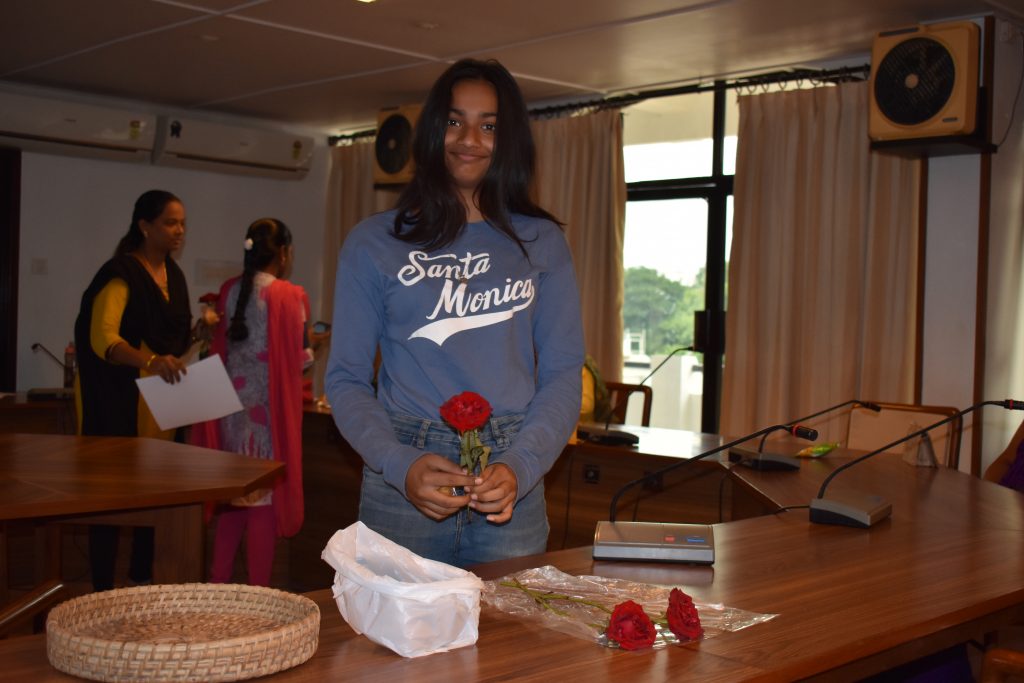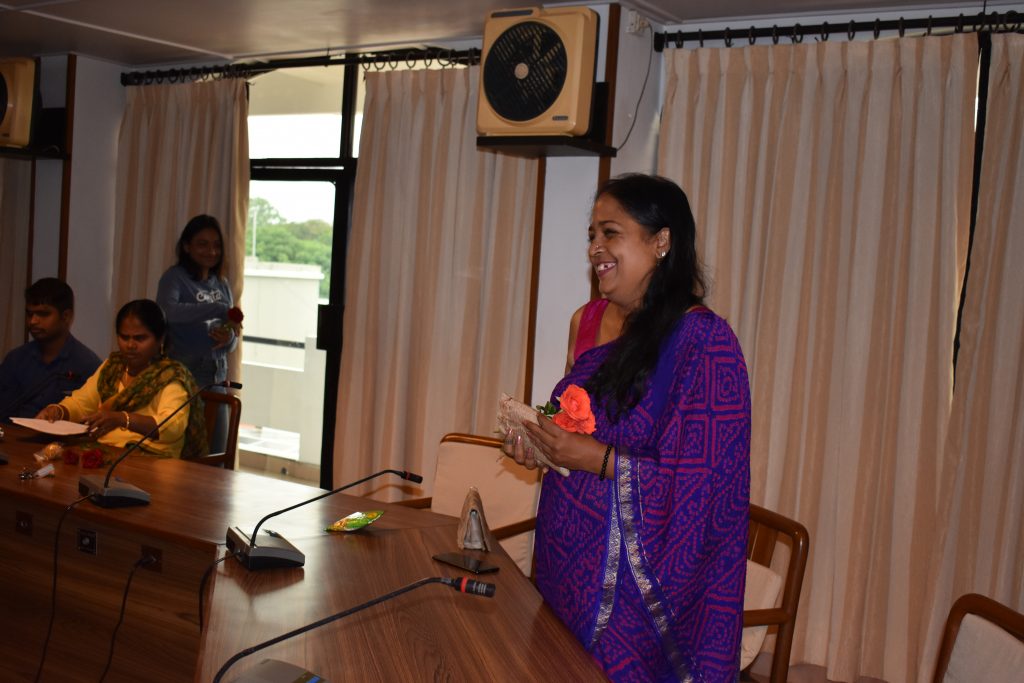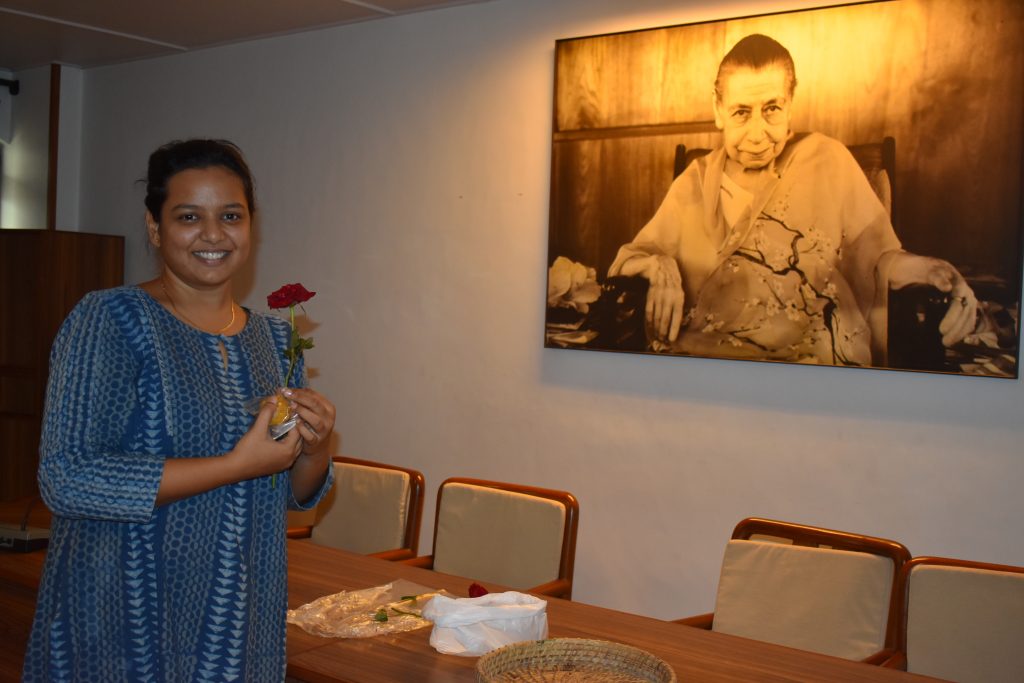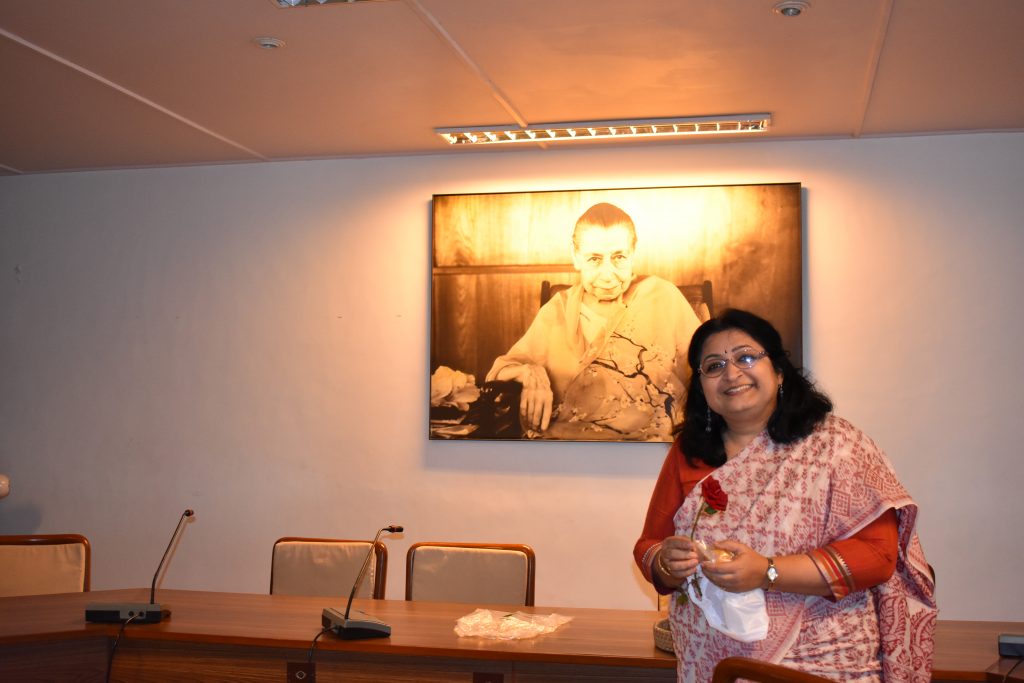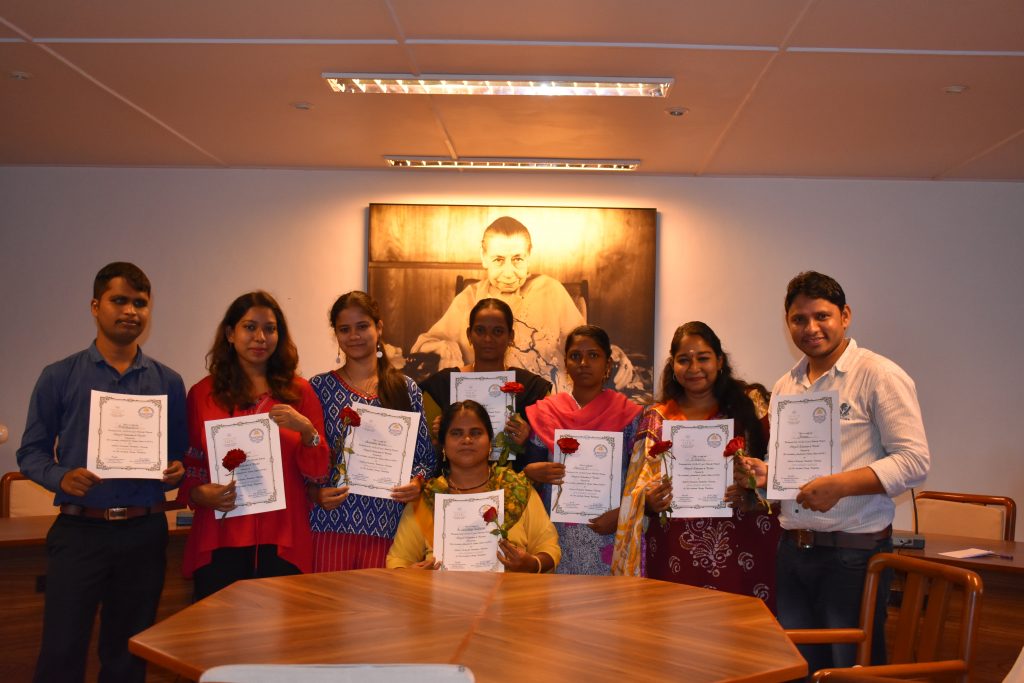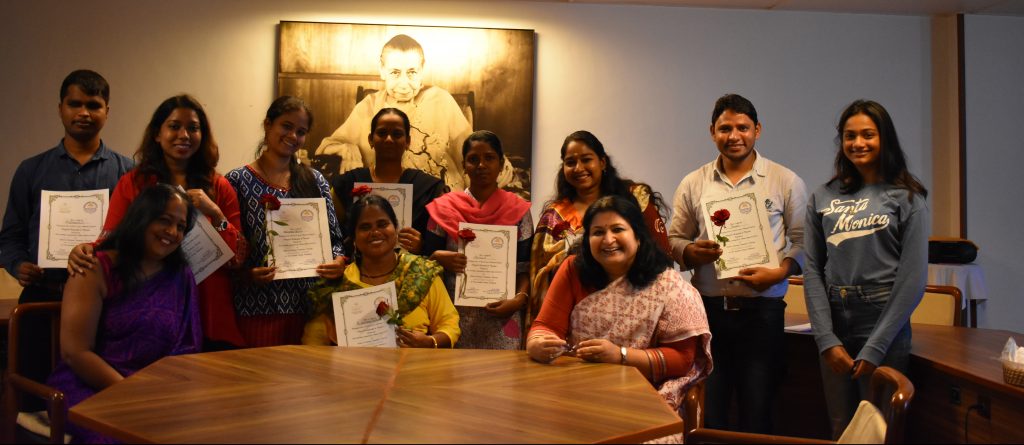Dates: September 12-18, 2019
Venue: Sri Aurobindo Society
As part of our academic partnership with Pondicherry University, we organised and hosted a 6-day study programme for Masters of Education Students (II Year) from the university’s School of Education.
The programme titled “Integral Education in Practice” was held from September 12 to 18, 2019 at Sri Aurobindo Society campus. Following is a brief report of the programme with key details about selected sessions.
Inauguration
The programme was inaugurated on September 12, 2019 at 9:30 AM with a small concentration. Dr. Mumtaz Begum, Dean, School of Education, and Dr. Sreekala, Associate Professor, School of Education, Pondicherry University were special invitees for the inauguration programme. The incoming batch of first-Year M.Ed. students and some research scholars were also present.
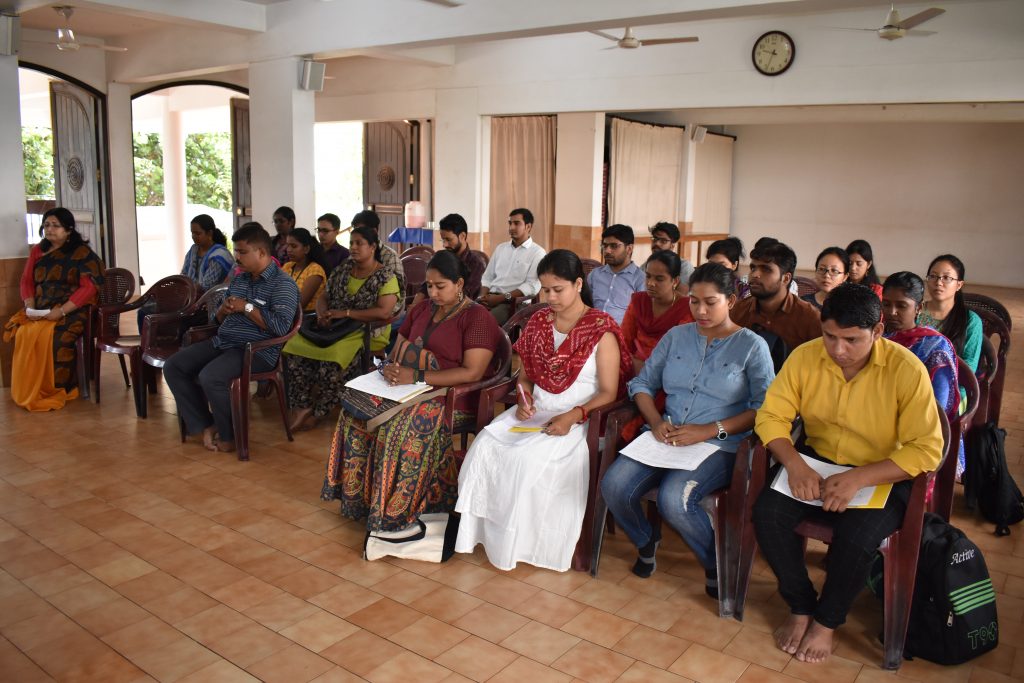
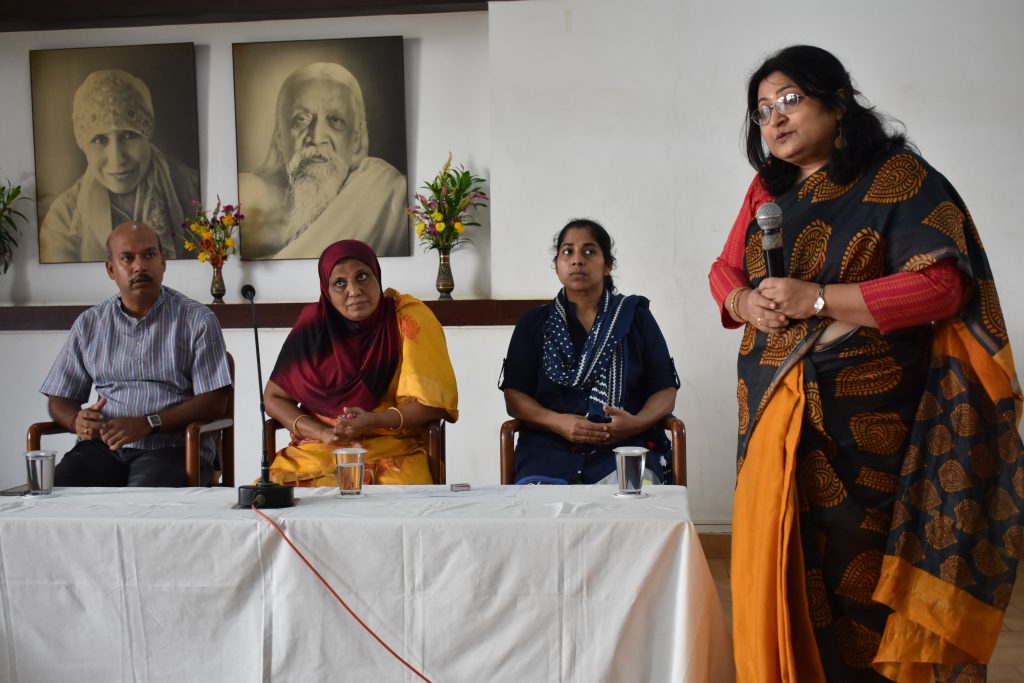
After the introductions of all the participants a quick overview of the study programme was given by Dr. Beloo Mehra. She briefly spoke about the deeper meaning of research and learning that is undertaken at Sri Aurobindo Society. Dr. Mumtaz encouraged the students to make the most of the learning opportunity at SAS, and work with full sincerity and active participation. Dr. Sreekala reiterated for the students the need to ask questions and interact with the facilitators.
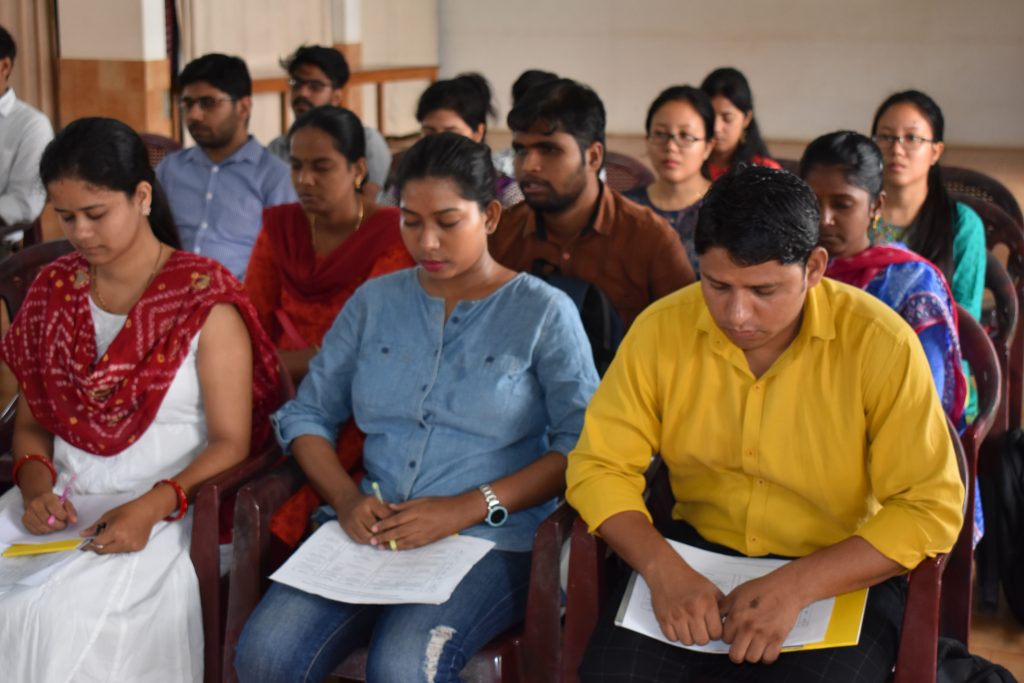
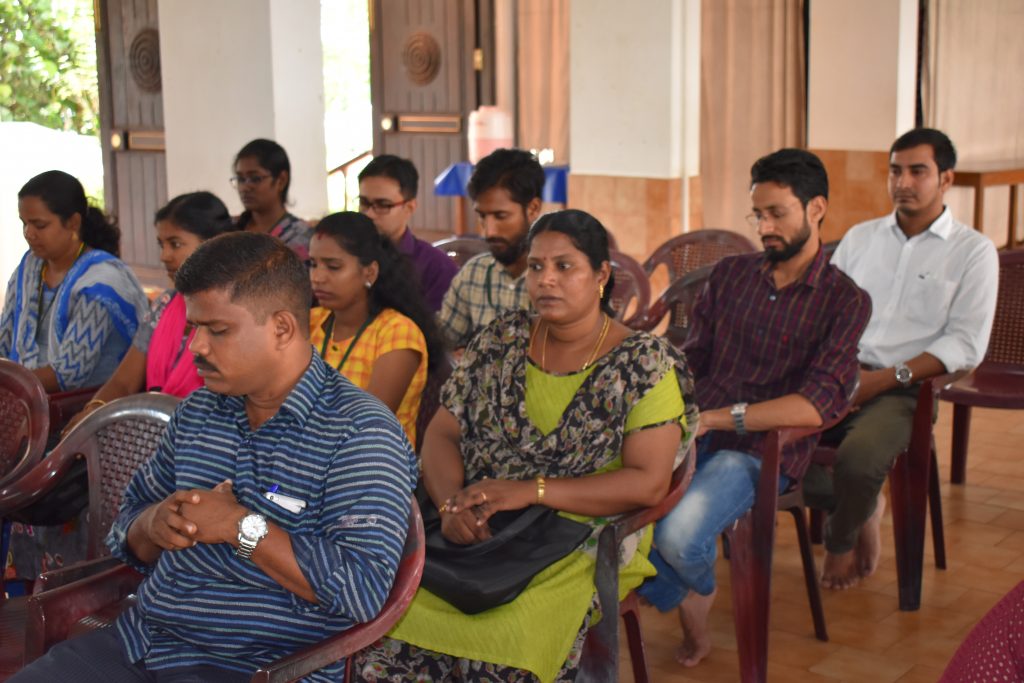
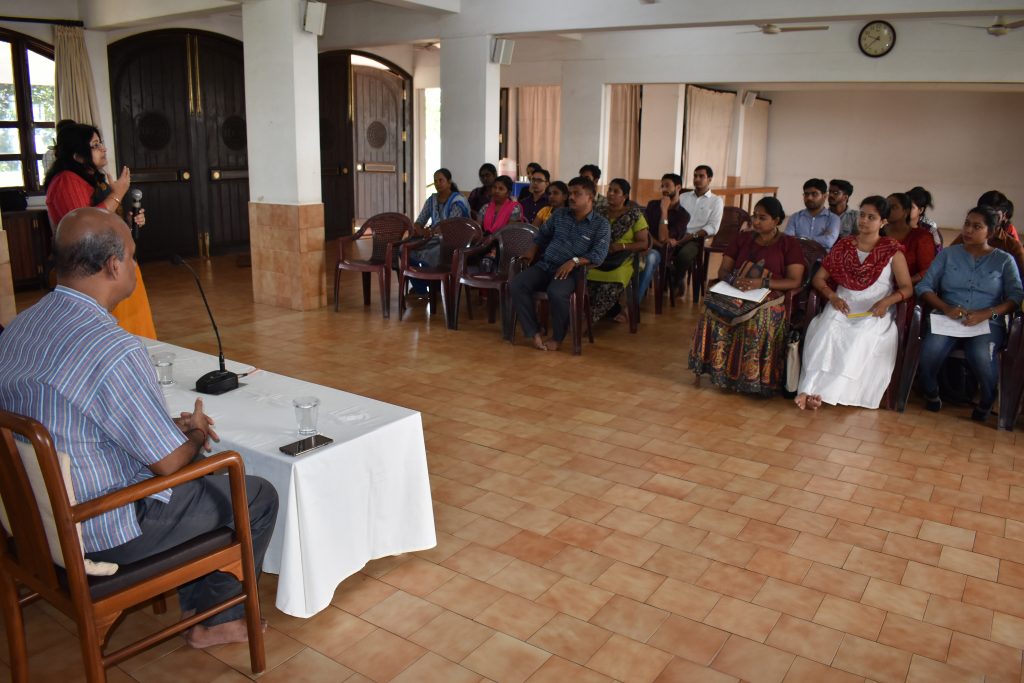
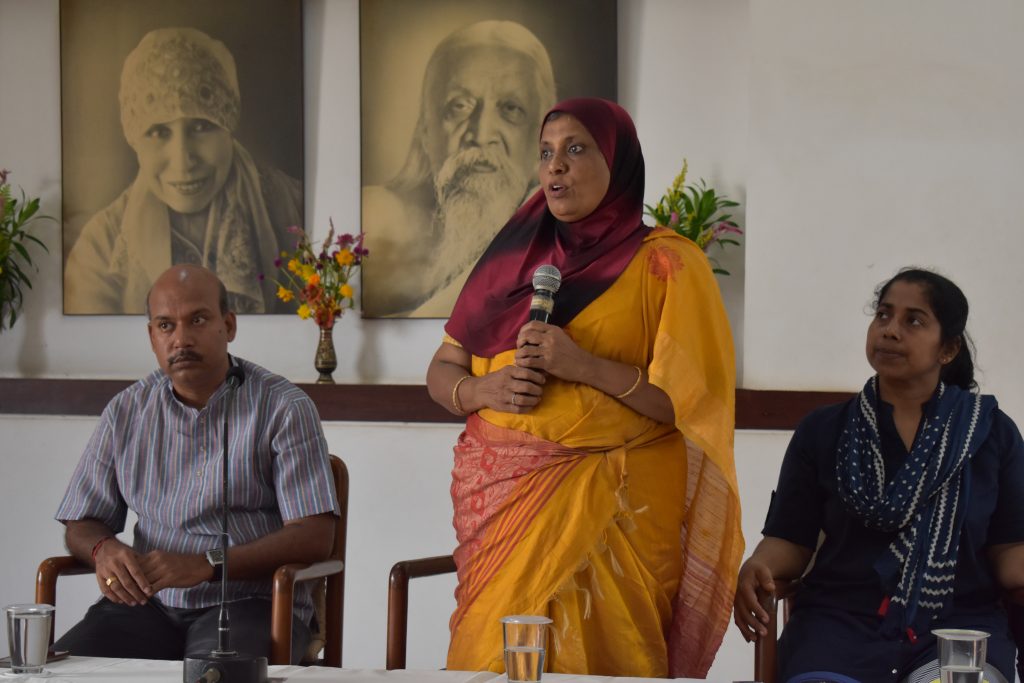
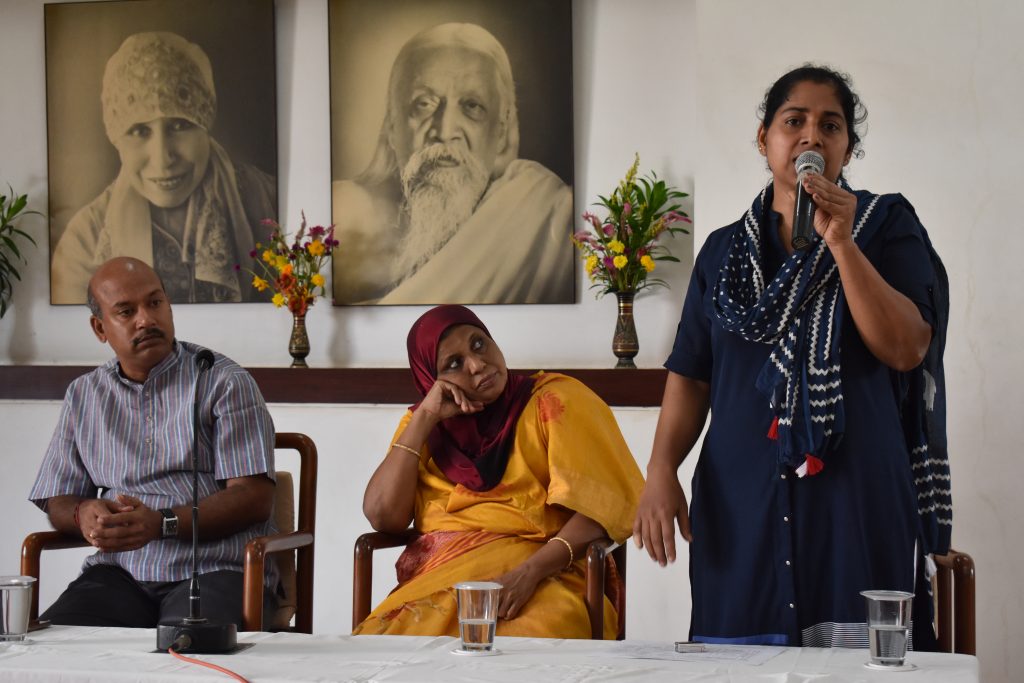
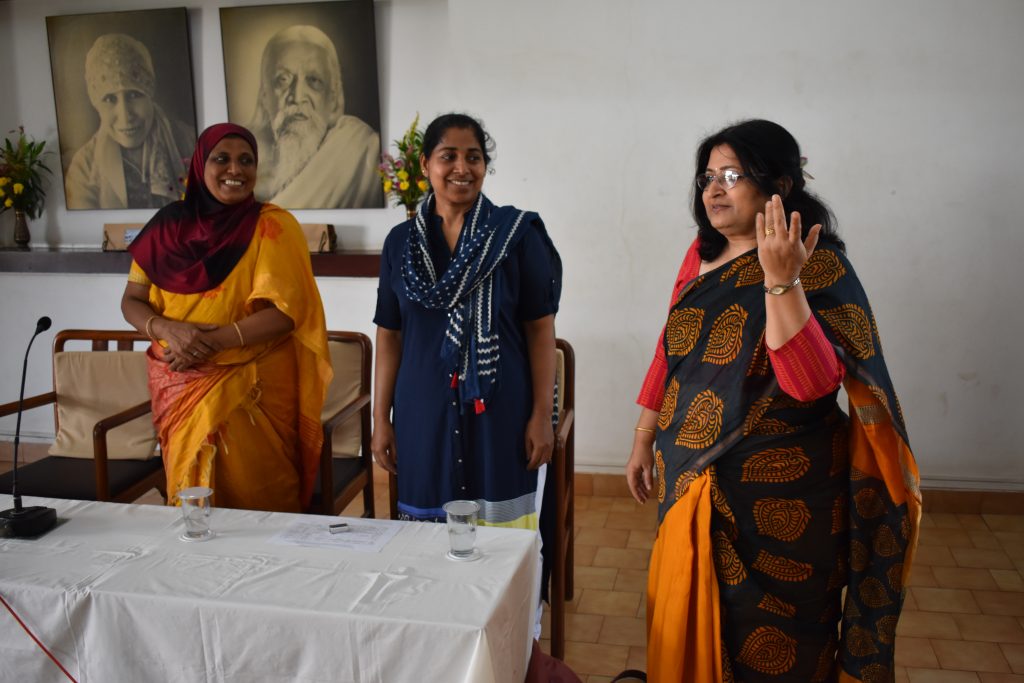
Interactive and Experiential Learning
The study programme began with a session by Dr. Beloo Mehra who highlighted the fundamentals of the educational thought of Sri Aurobindo and the Mother. All the first year and second year M.Ed. students attended this first session.
In addition to the key principles of Integral Education, this session also highlighted the role of the teacher as a facilitator or guide in such an approach to education. Connection was also made between the ancient Indian ideal of education and the Integral Education approach which emphasises the complete development and blossoming of an individual’s personality and gradual progress to perfection.
Dr. Alok Pandey conducted a session titled “Our Many Selves: Implications for Education.” This session focused on helping students understand the different parts of our being – physical, vital-emotional, mental, psychic or soul, – especially in the context of the interplay of the different movements arising from these parts of the being in the overall learning process.
Dr. Sampadananda Mishra conducted two sessions. In the first session he explained the participants what it means to be a teacher. He emphasised that often teachers enter the field of teaching by chance and not by choice. Hence, it is necessary for a student who has decided to enter into the field of education to know the true aim of education and follow a certain line of discipline that brings out the best of a teacher from within.
The participants were also explained the meanings of different words used by the ancient Indians to speak of a teacher — Acharya, Adhyapaka, Upadhyaya, Guru, — each of which has a deeper connotation. Dr. Mishra also discussed how an application of these ideals of being a teacher as reflected through these words can help transform the present system.
In another session, Dr. Mishra answered a few questions asked by the participants with regard to the life and work of the Mother. He also explained the four aspects of the Divine Mother – Maheshwari, Mahakali, Mahalaksmi and Mahasaraswati – and their significance in education.
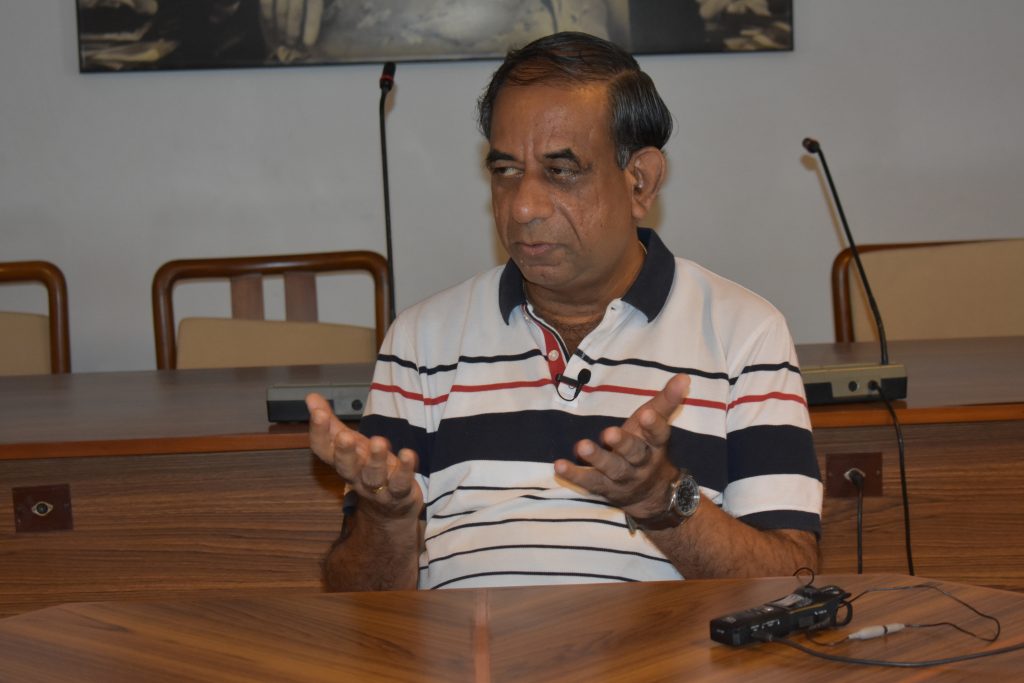
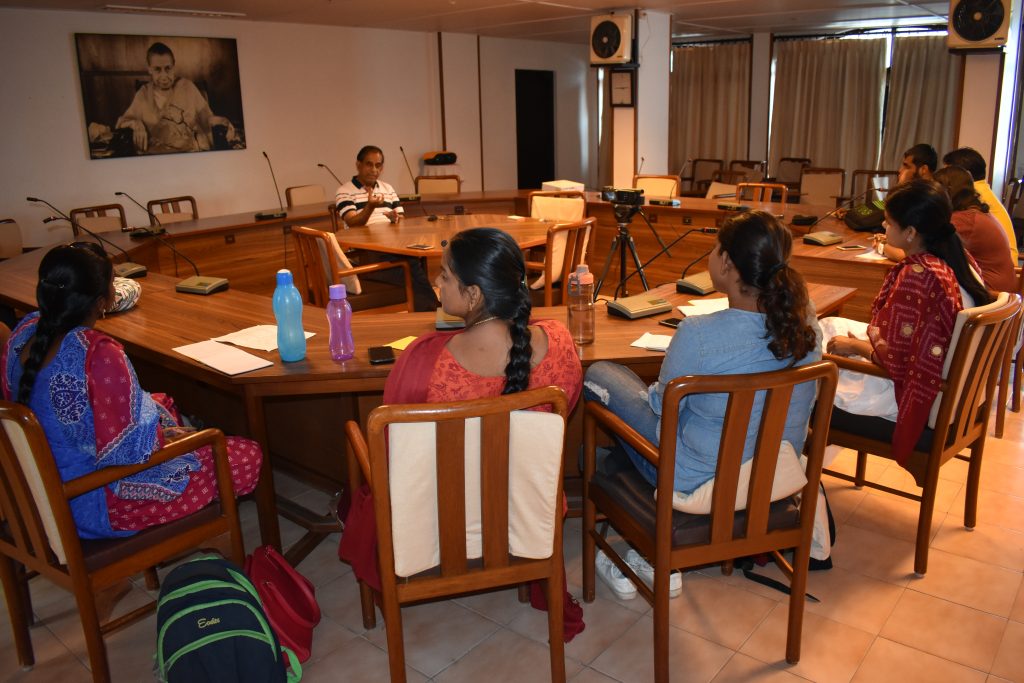
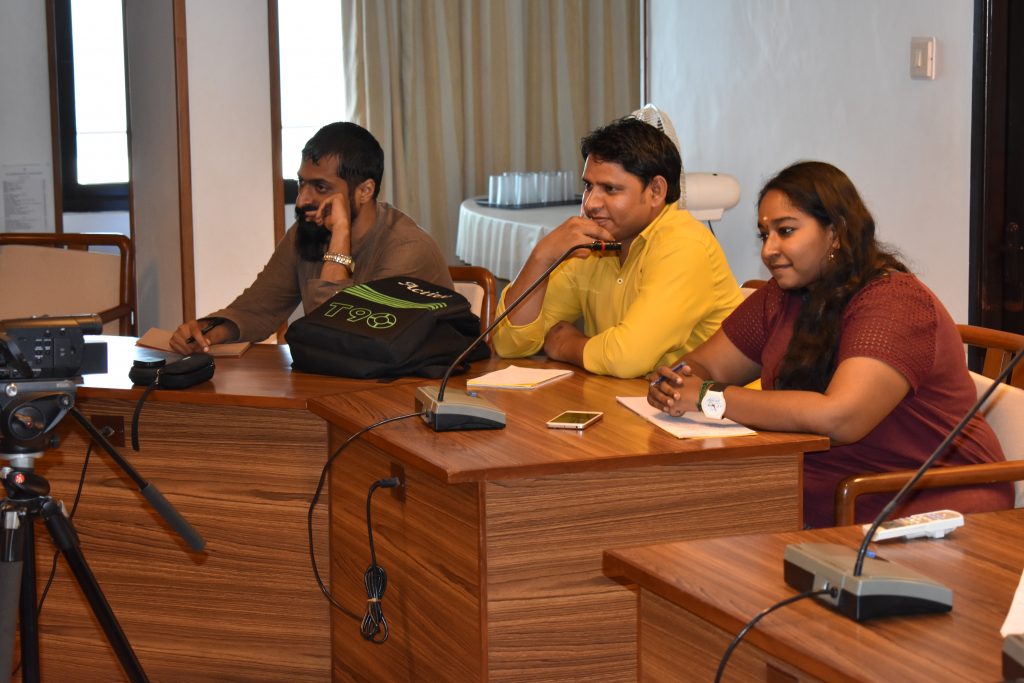
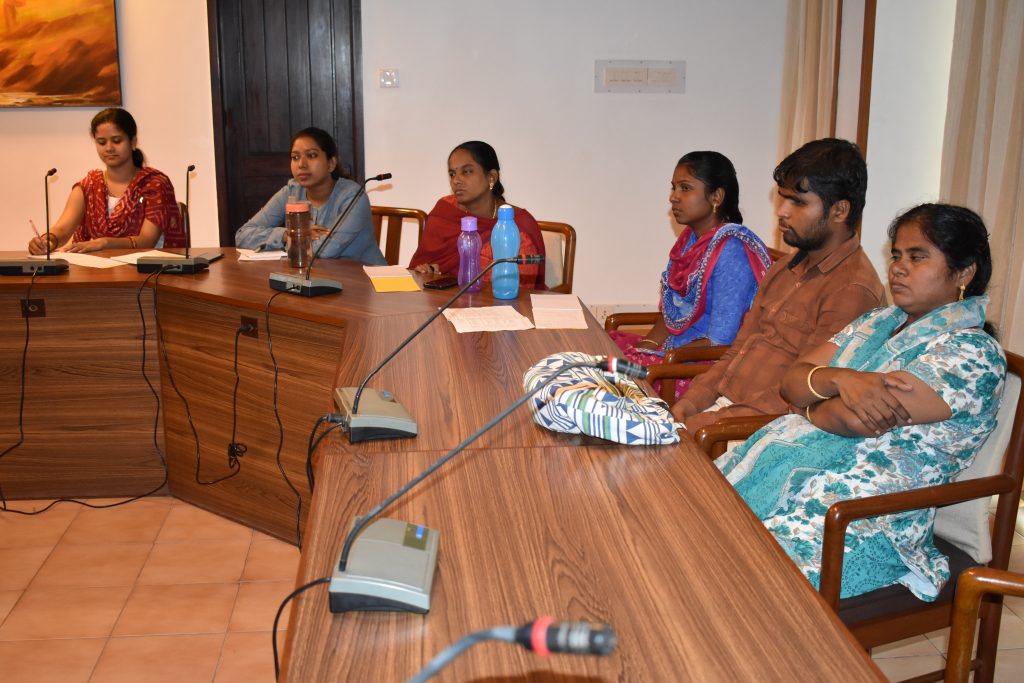
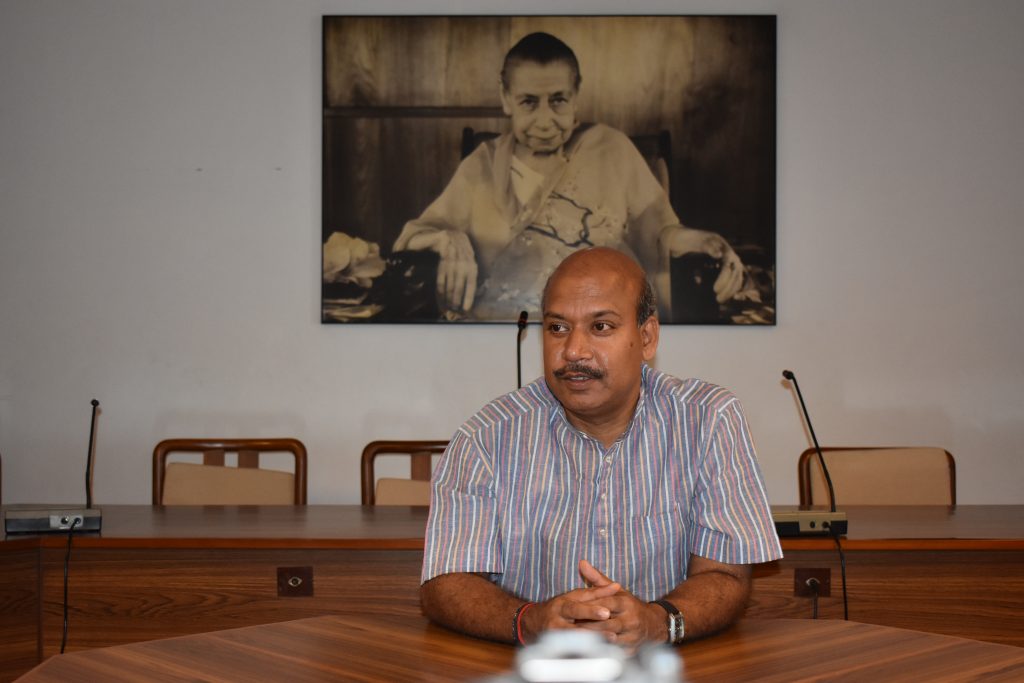
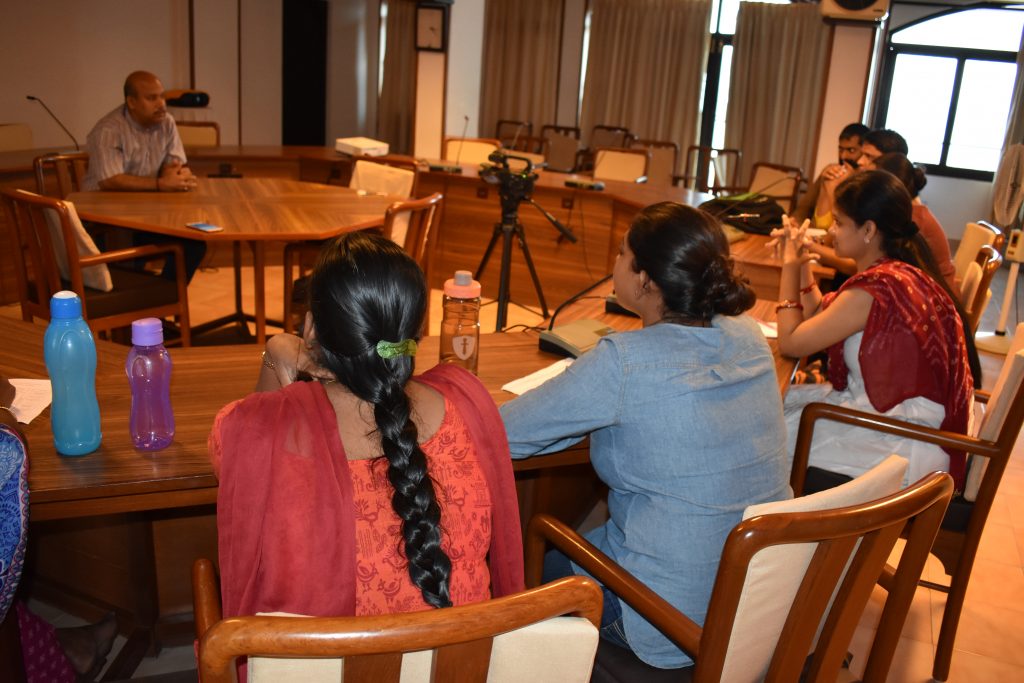
Mr. Pulkit Sharma, a psychotherapist and spiritual counsellor, took a session on “Spiritual Psychology for Educators.” This was also an interactive session using real-world examples which helped bring out some key practical aspects that can help teachers create deeper and more meaningful connections with the students.
Through a highly experiential session, Dr. Dhanashree Bhagawat helped the workshop participants explore themselves, become aware of their intentions and aspiration and consciously anchor themselves in a deep space within as a starting point to build their ‘personality’ as a teacher. This exercise highlighted for the participants the significance of working from this deeper space within in their future work as teachers.
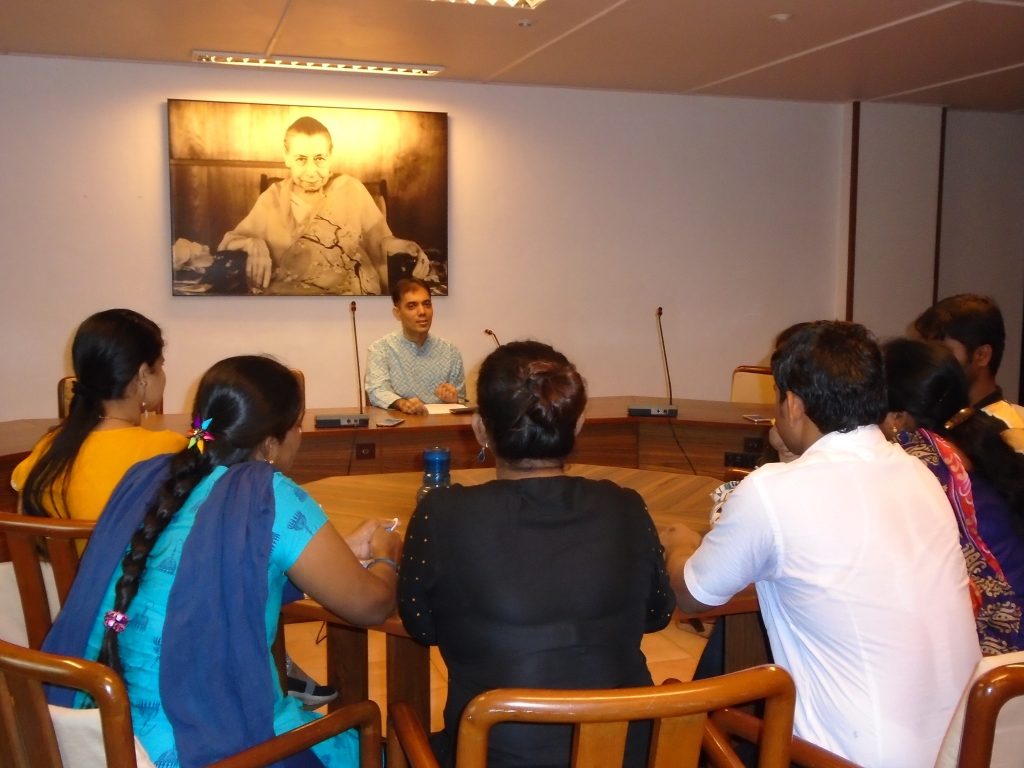
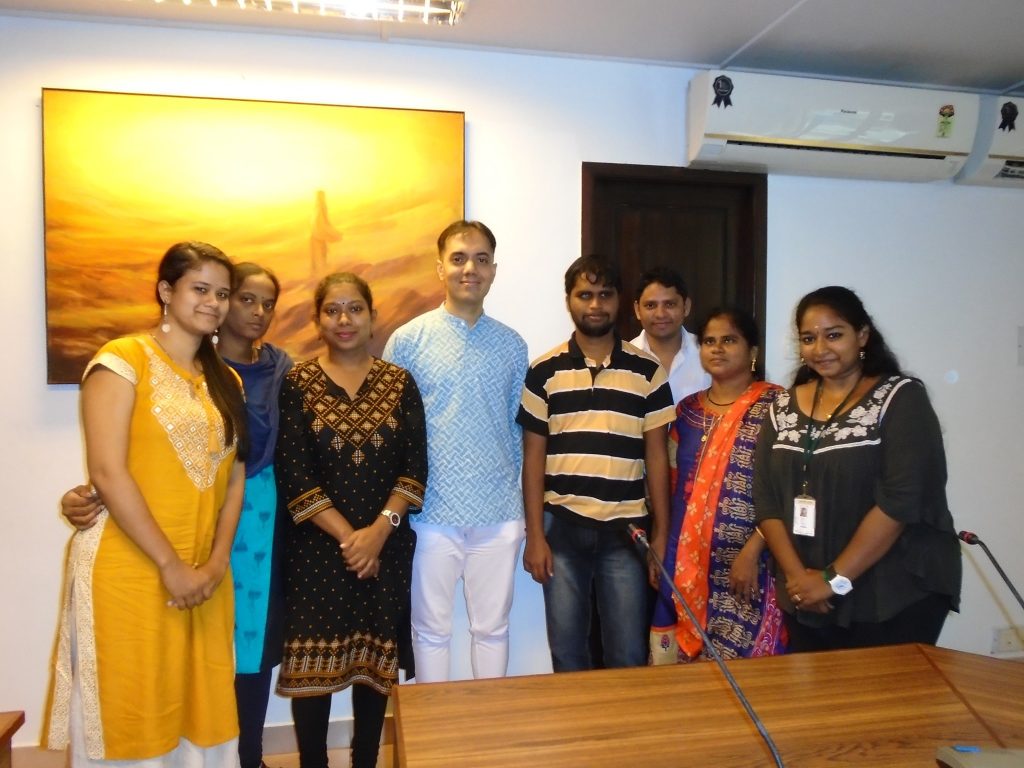
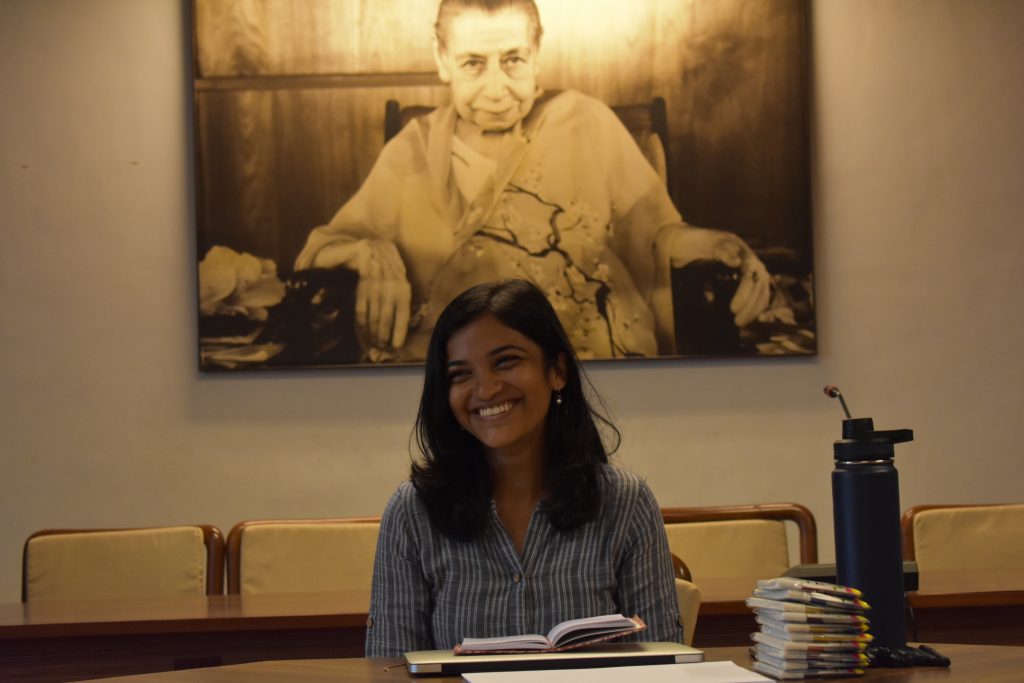
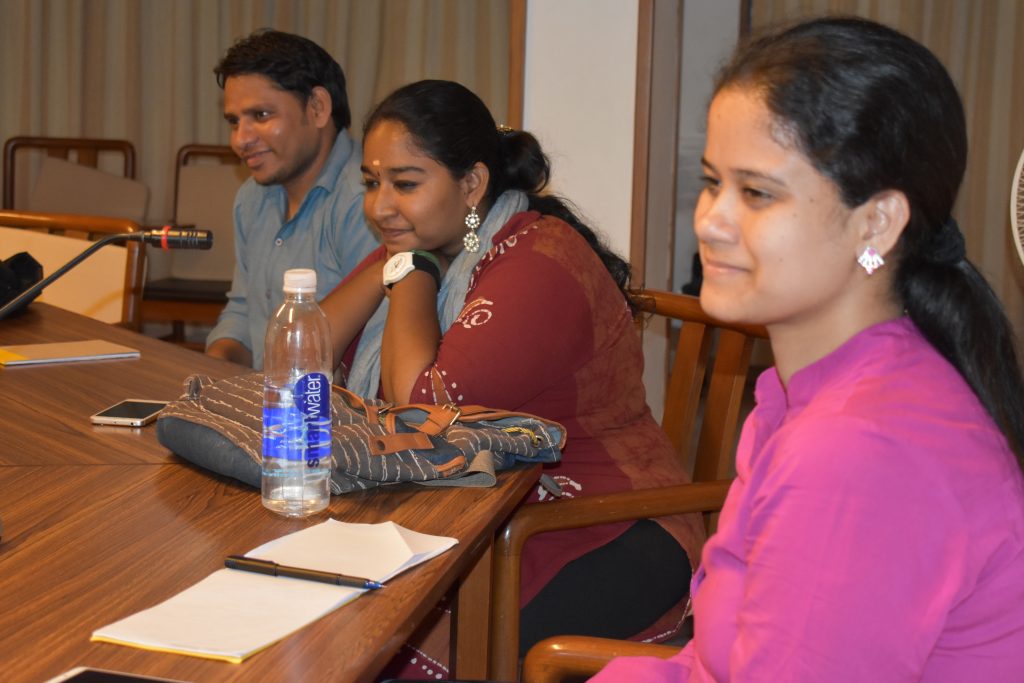
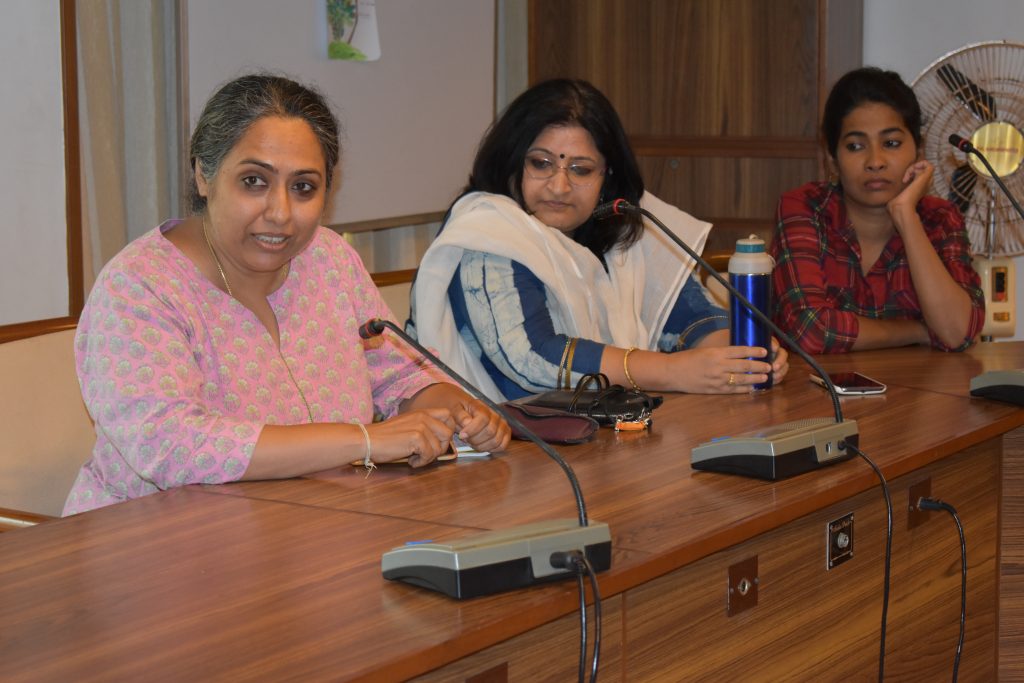
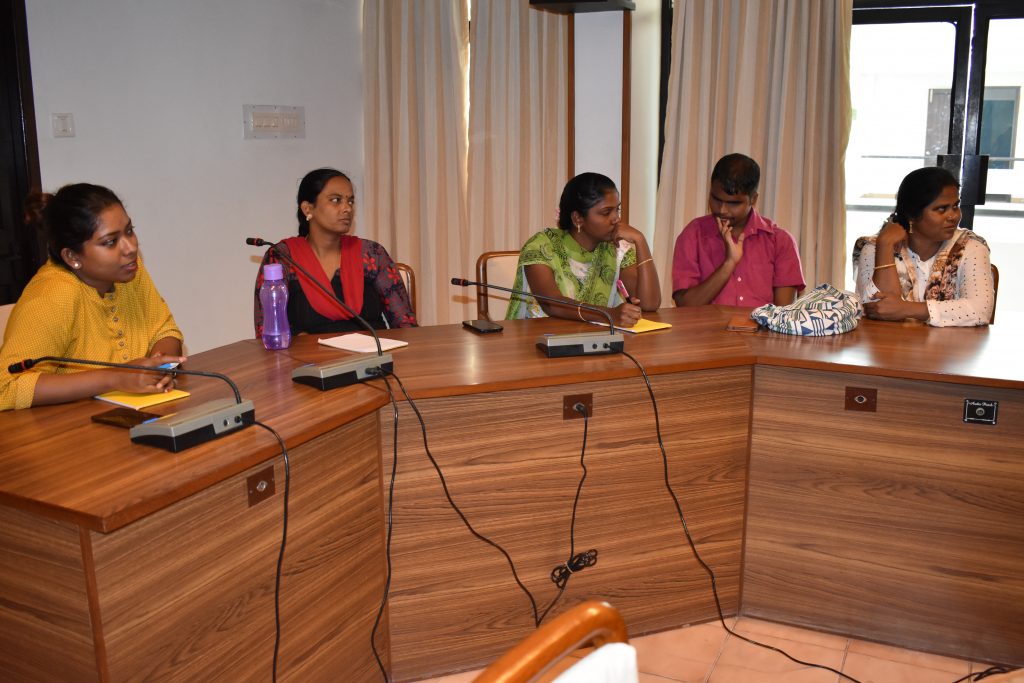
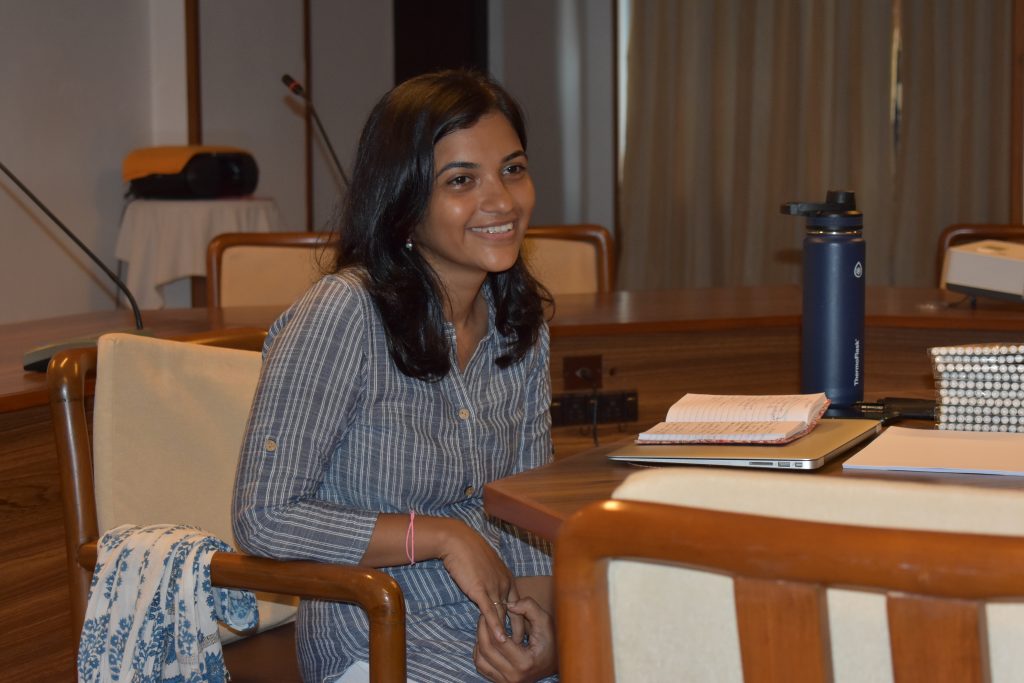
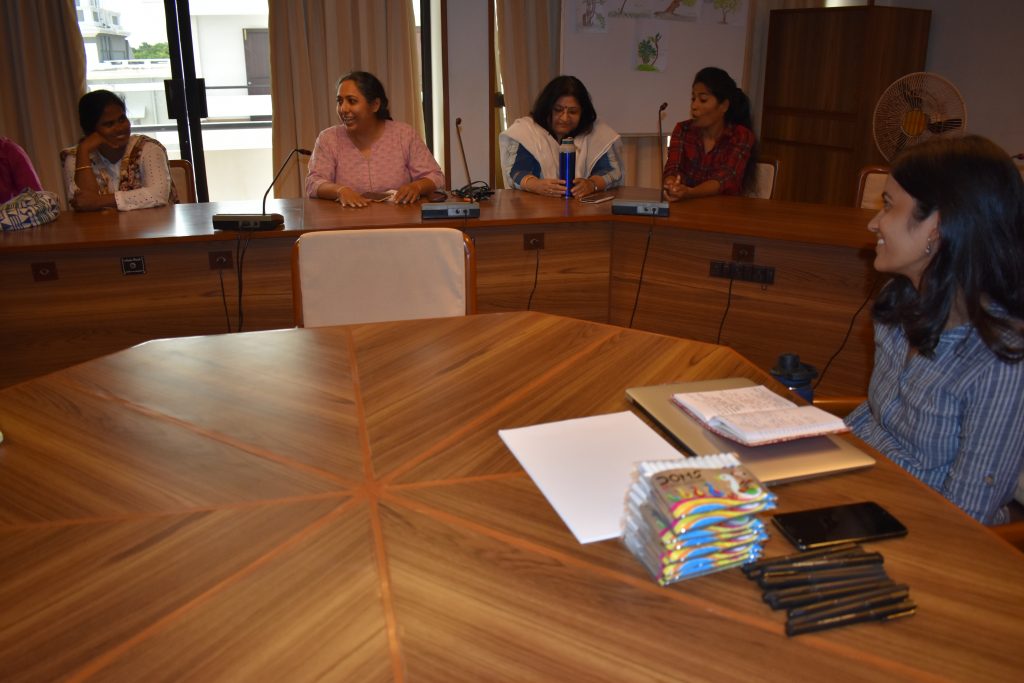
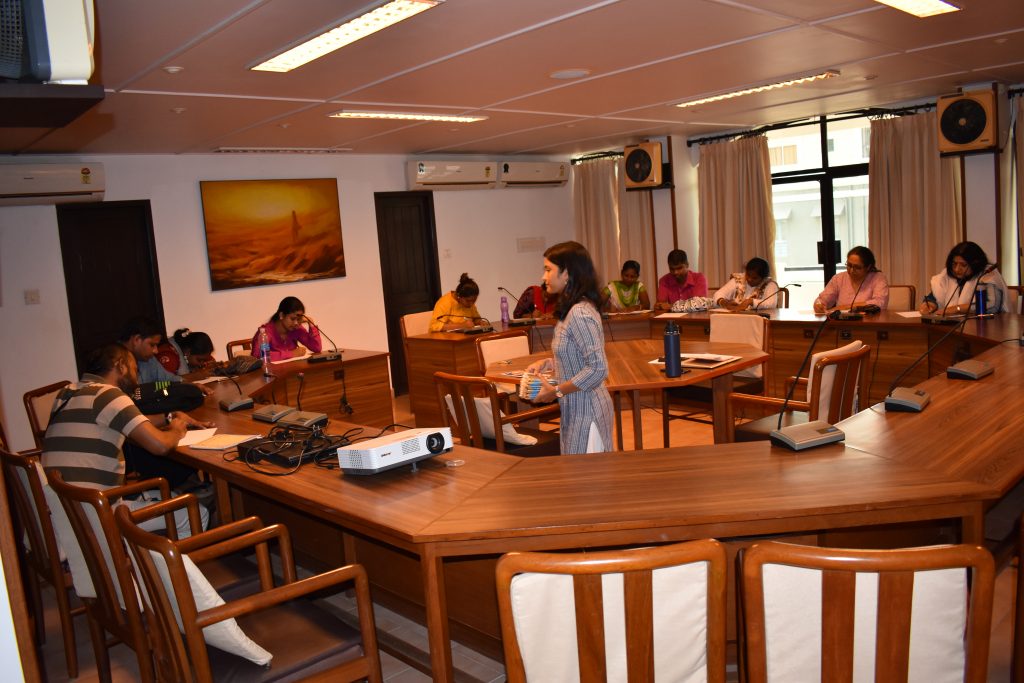
Mr. Shivakumar, Director, Sri Aurobindo Foundation for Integral Education and Research (SAFIER), took two sessions for the group. In the first session titled “Education of the Mind”, he led the participants through a series of activities to help them become more aware of how the mind works and how one can begin to control the movements of the mind and become more self-aware and increase concentration and focus.
In a second session toward the close of the programme, Shivakumar focused on the role of self-reflection as an important practice for educators. Inspired by the Mother’s guidance on the significance of discovering one’s inner, true nature, he guided the group through a reflective activity which helped participants become more aware of their inner dimensions as individuals.
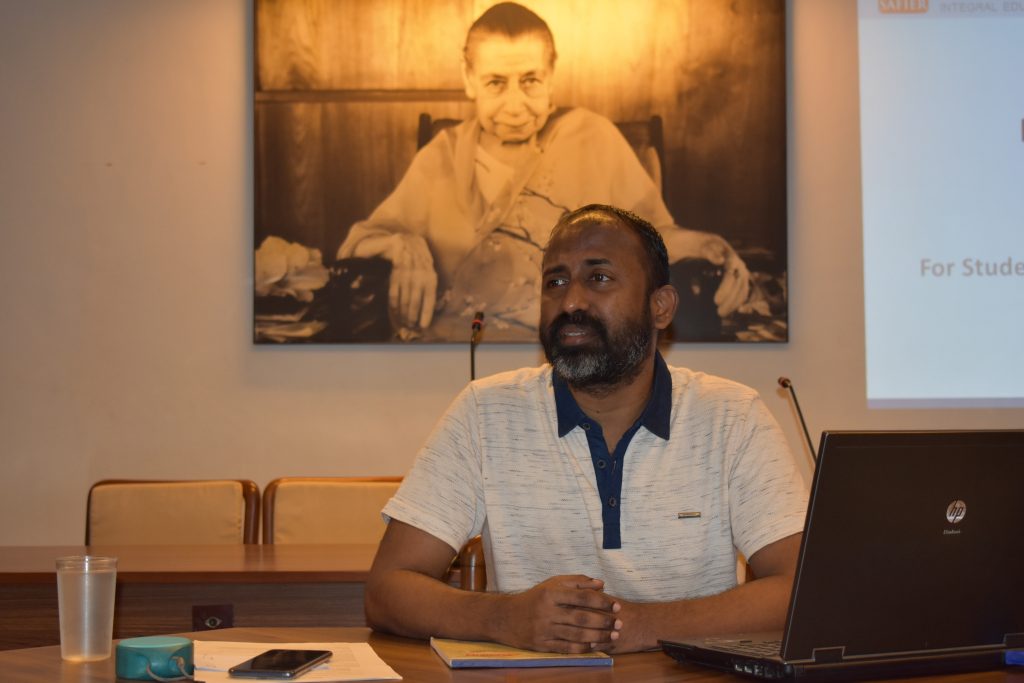
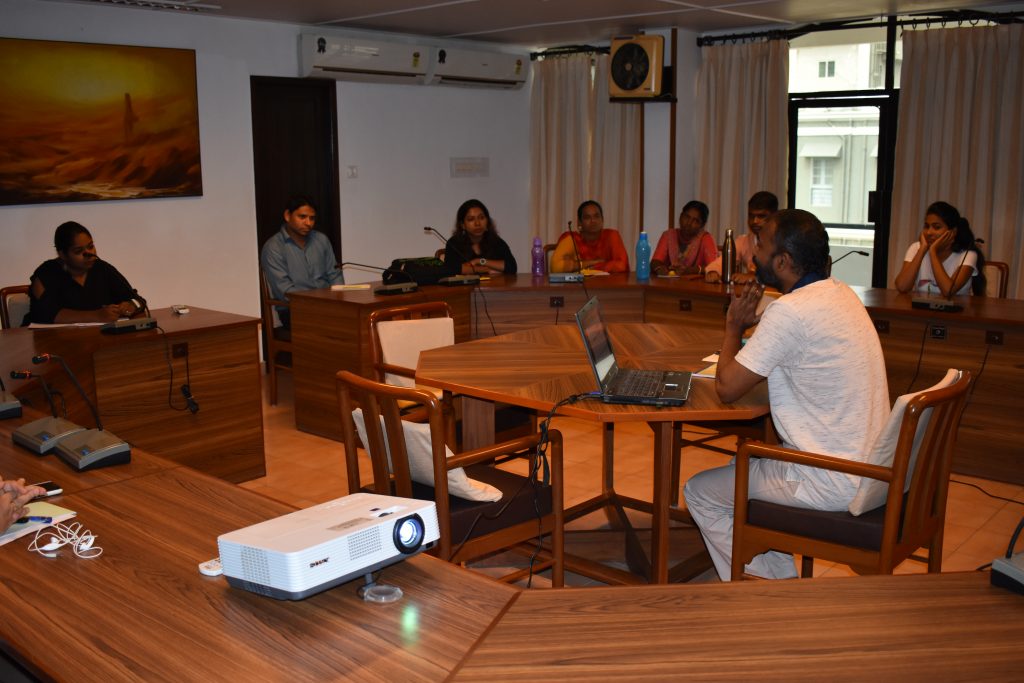
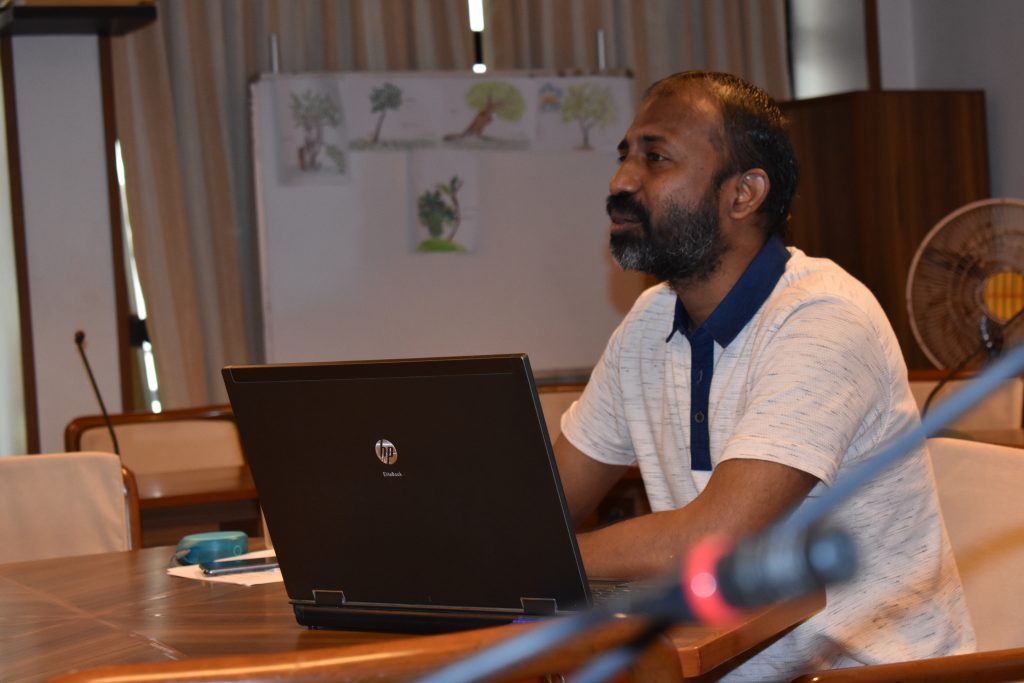
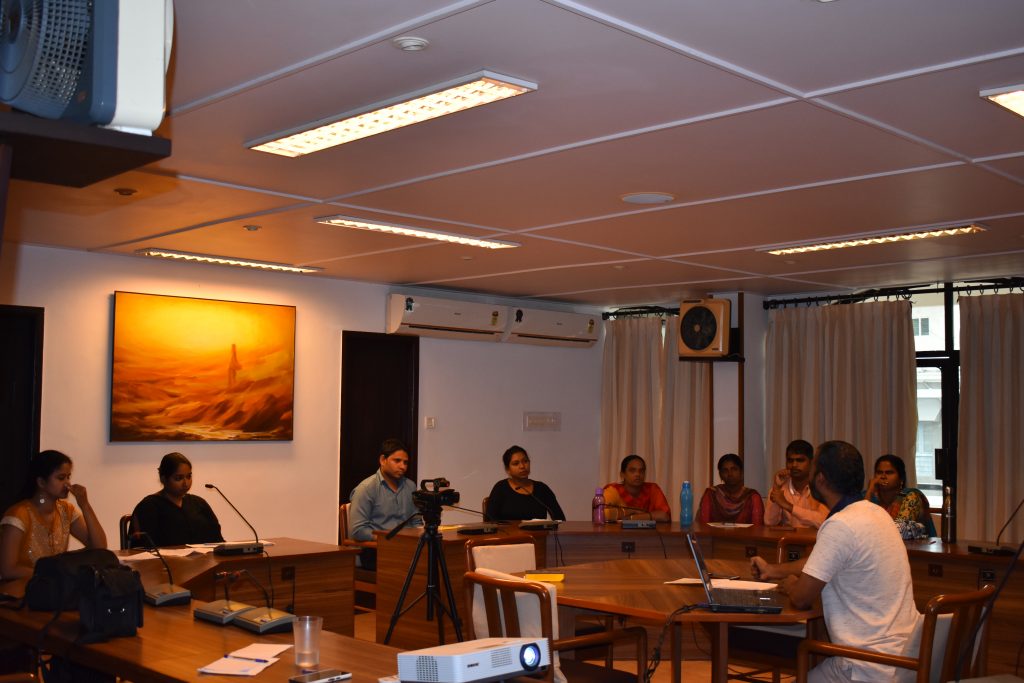
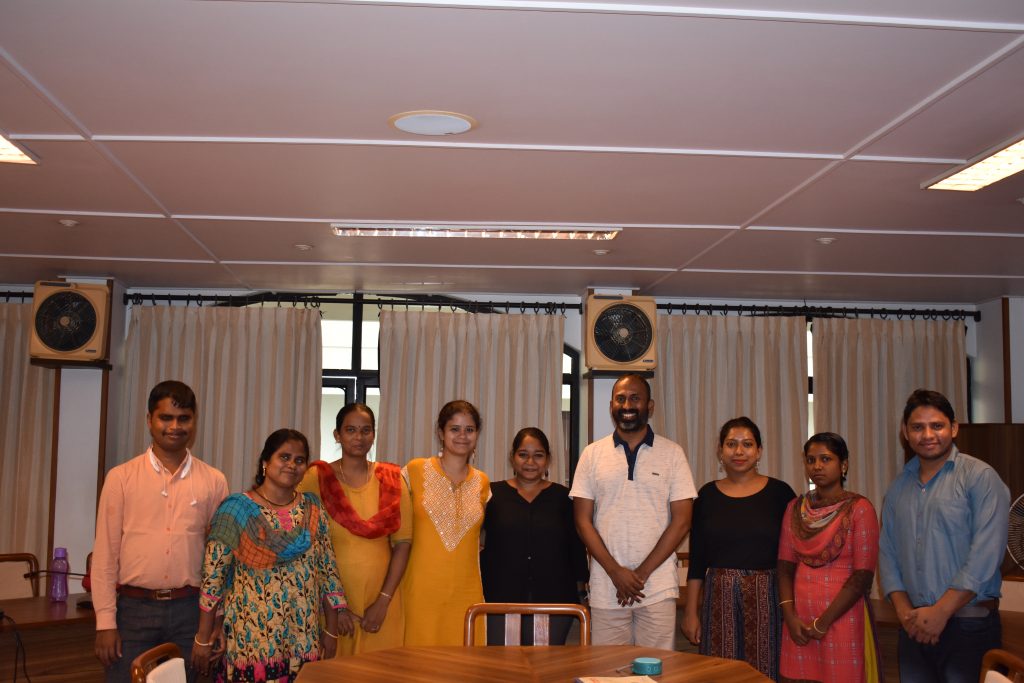
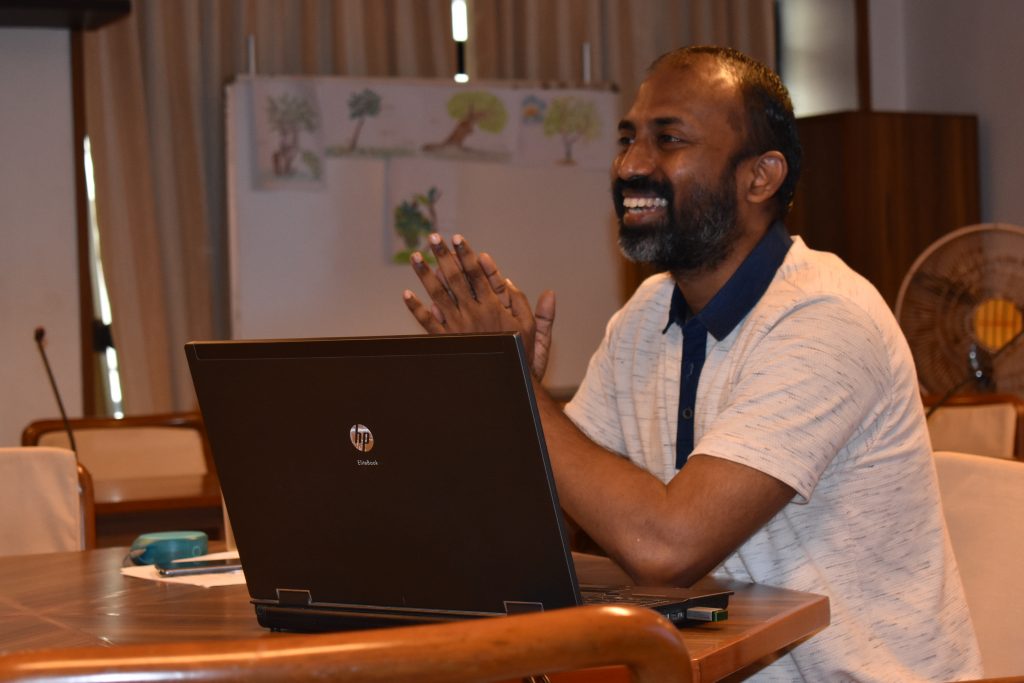
Ms. Priti Umamaheshvaram conducted another highly interactive session on Project Learning. She highlighted the role of project method in the light of the three principles of true teaching as given by Sri Aurobindo. With specific examples and case studies the session also brought to light how such a method can be practiced in a real-world classroom. She also led the group through a short experiential learning on how to facilitate a project-based activity for their students.
Dr. Shruti Bidwaikar, Assistant Director, Sri Aurobindo Center for Advanced Research (SACAR), took a session titled “Life-long Learning and Progress.” Using various examples, she highlighted the significance of ongoing learning as a means to grow as a human being toward perfecting one’s nature and various parts of the being. Speaking of the value of this for an educator, she also pointed out the significance of getting in touch with one’s inner genius, one’s true nature.
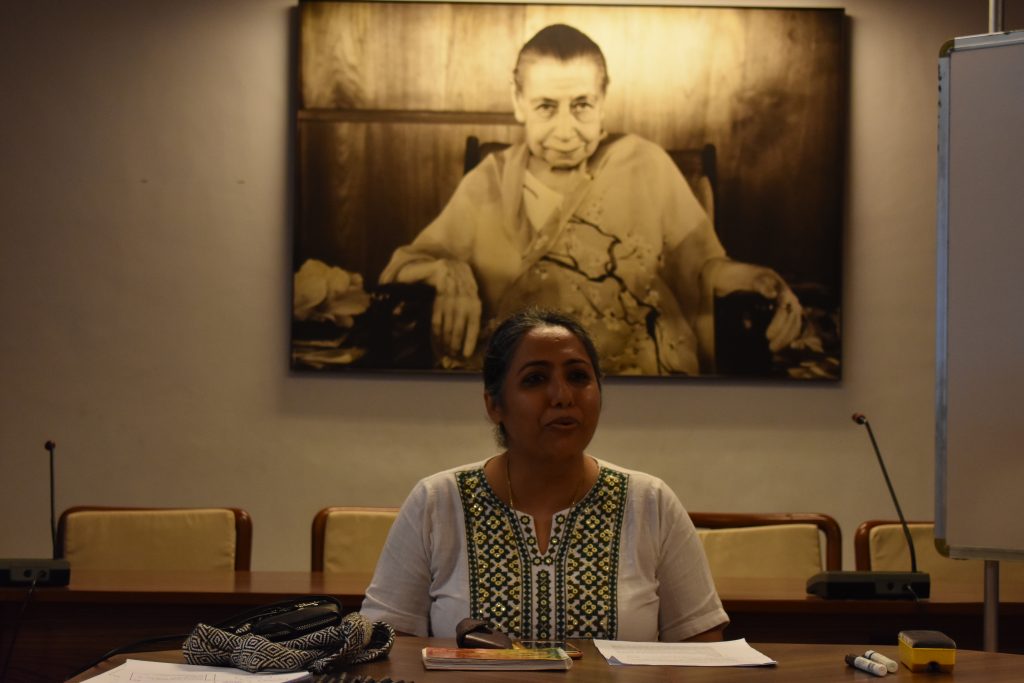
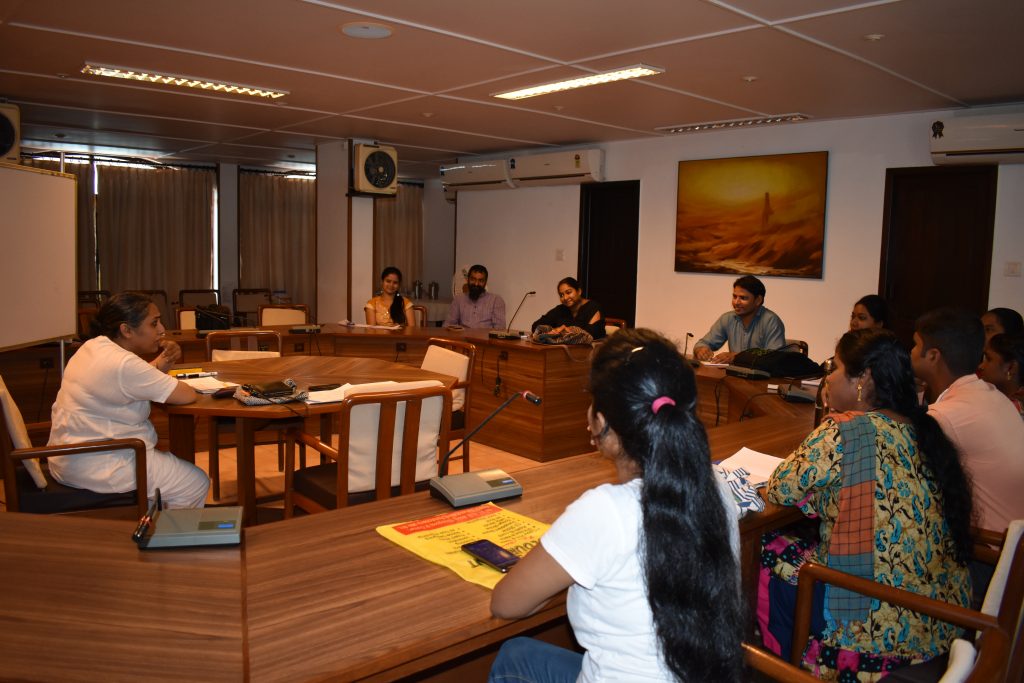
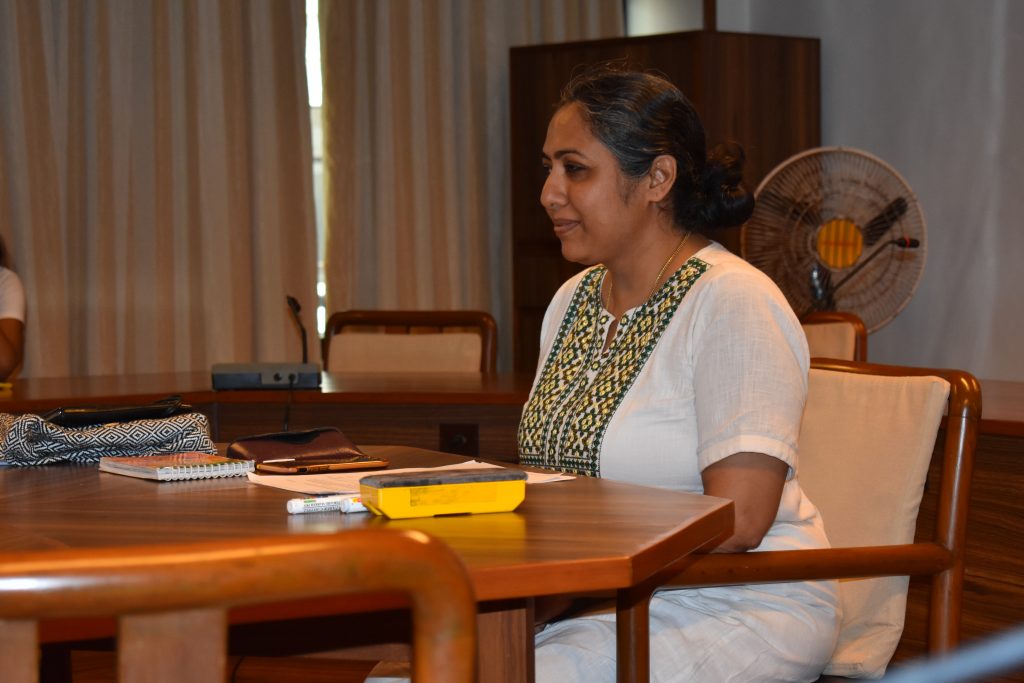
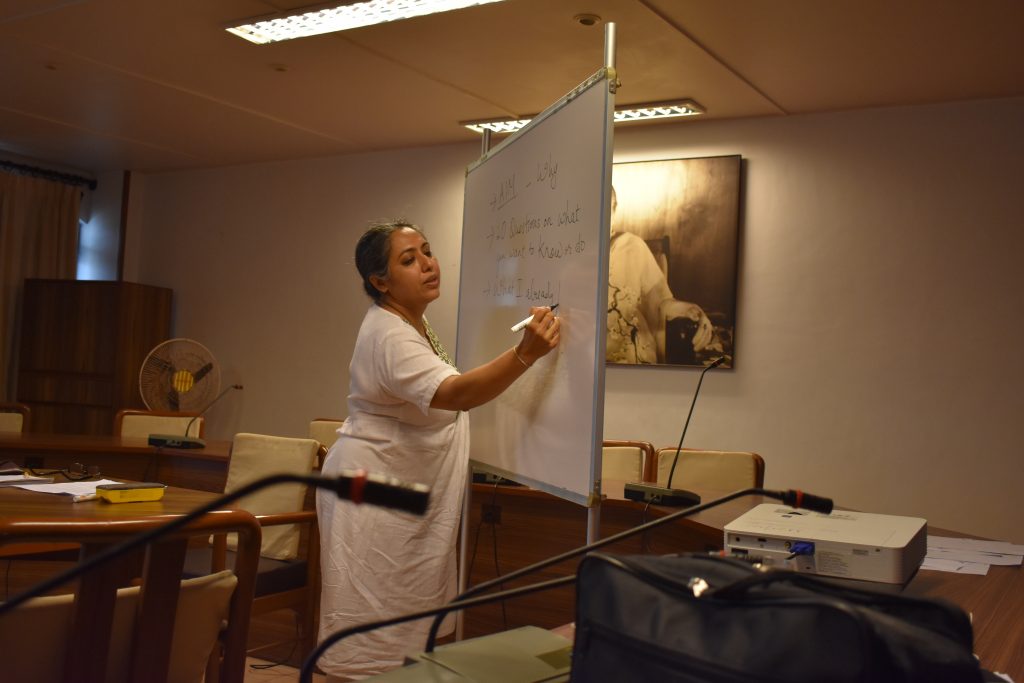
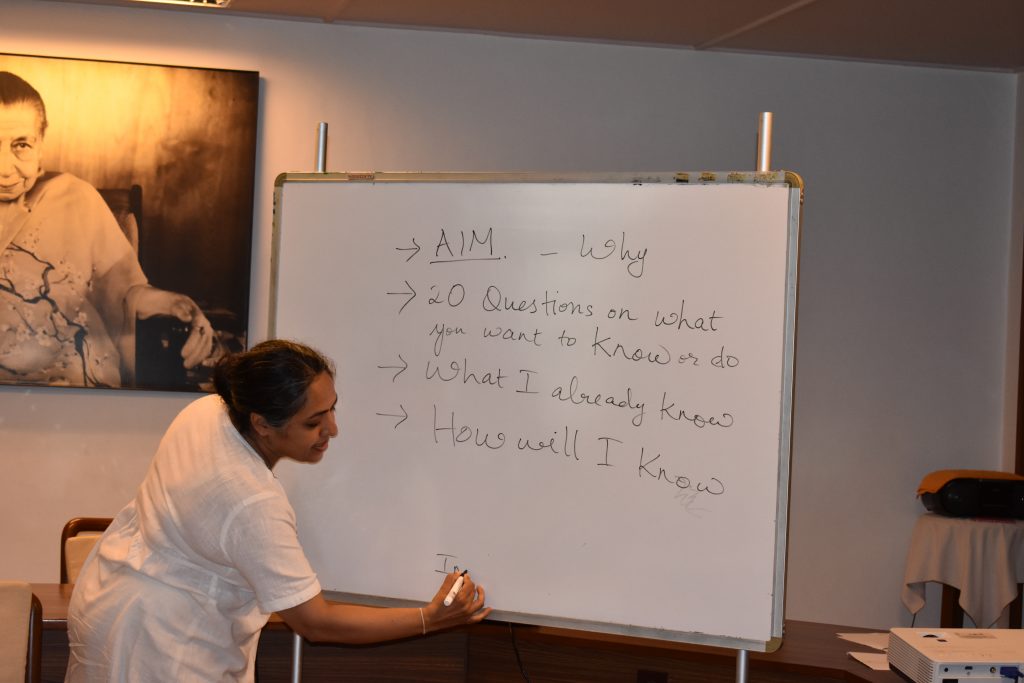
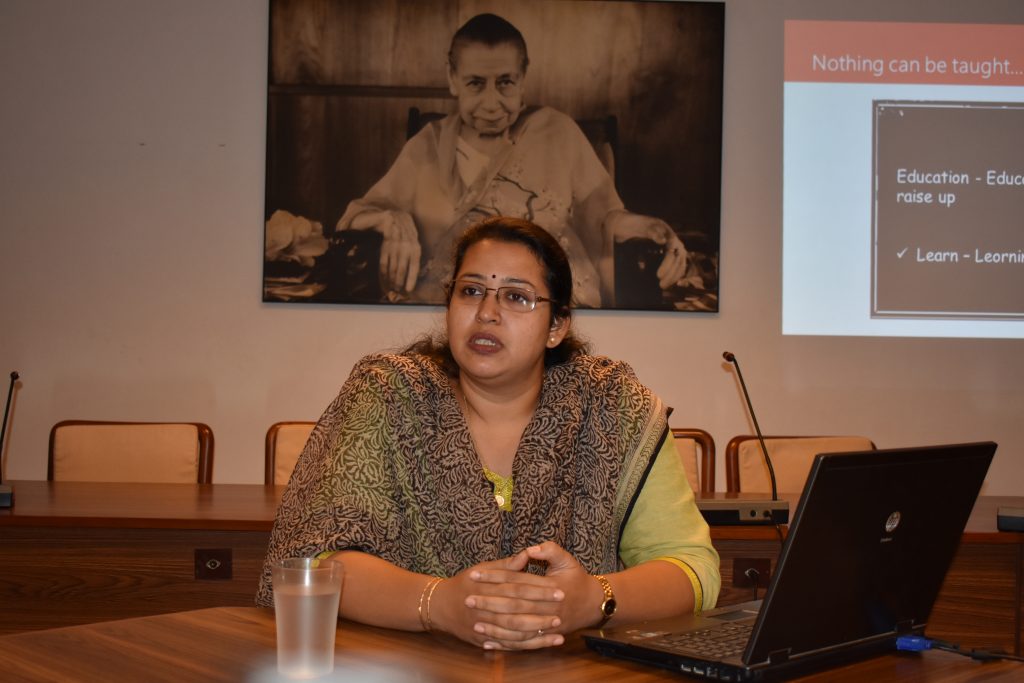
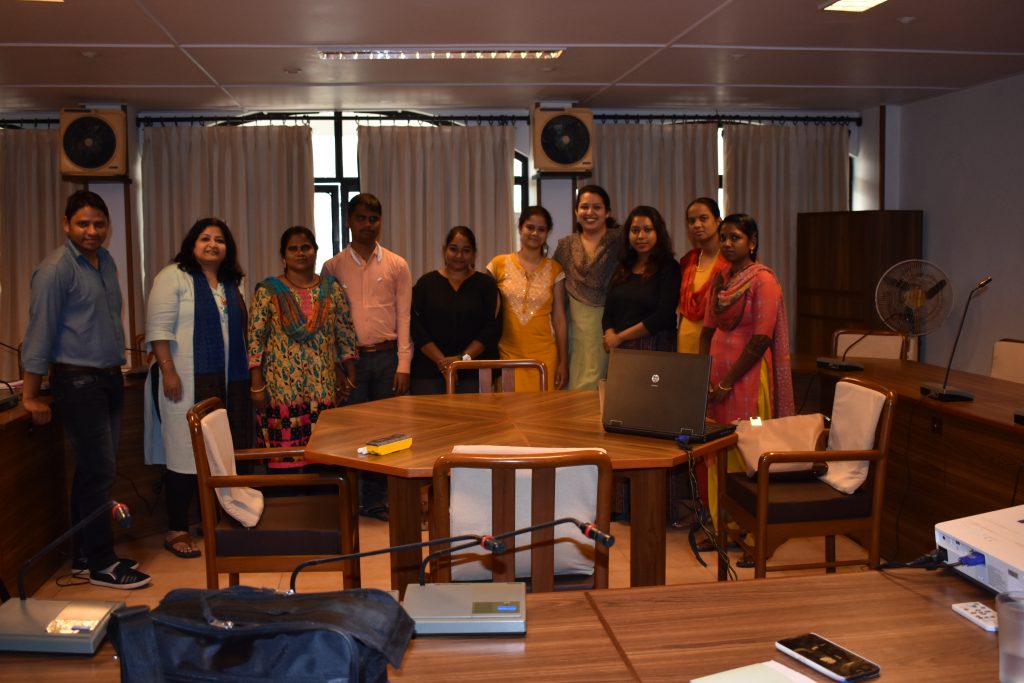
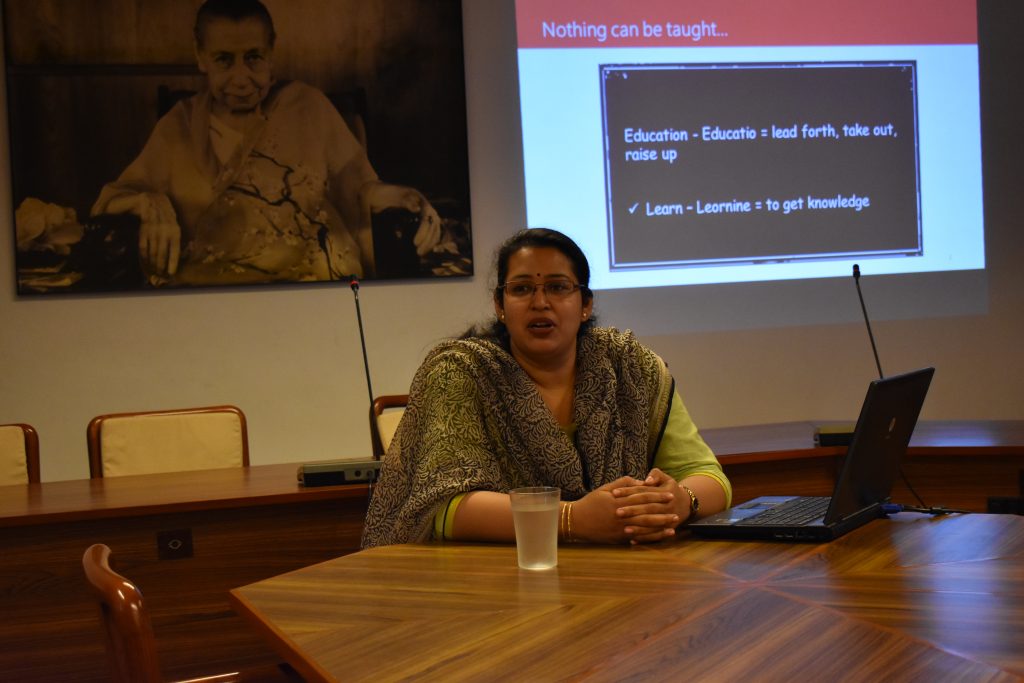
On the final day of the programme, an interactive session titled “Education for Cultural Renaissance” conducted by Dr. Beloo Mehra focused around several key questions – Should Education help us learn about our culture and other cultures? And how should such learning be facilitated? This was done in the context of Sri Aurobindo’s definition of culture as well as his vision for the future of India. Important questions such as the following were also brought up in this session:
- What should be the role of education in helping the individual and society organise their lives in order to facilitate the harmonious development of individuals and groups?
- Is our education helping us learn about Indian contributions to various fields of knowledge?
- Is our education helping us unite as people of one nation?
- Is our education helping us develop a healthy sense of pride in our culture and nation?
- Is our education helping us reconnect with the true spirit of Indian culture?
- Is our education helping us revive the eternal spirit of Indian culture in new and innovative forms?
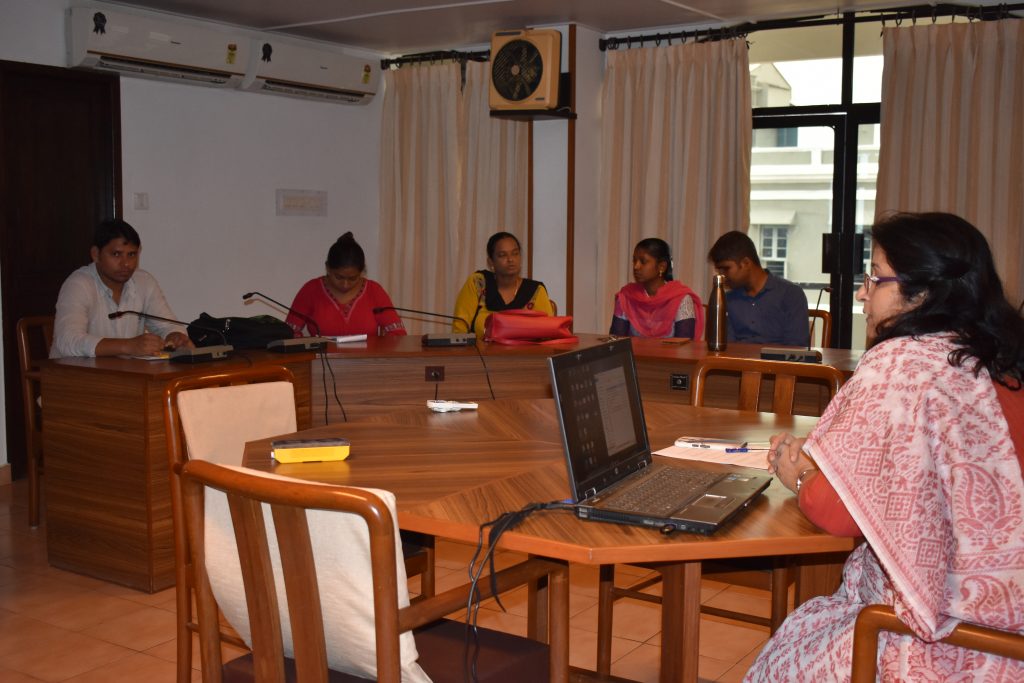
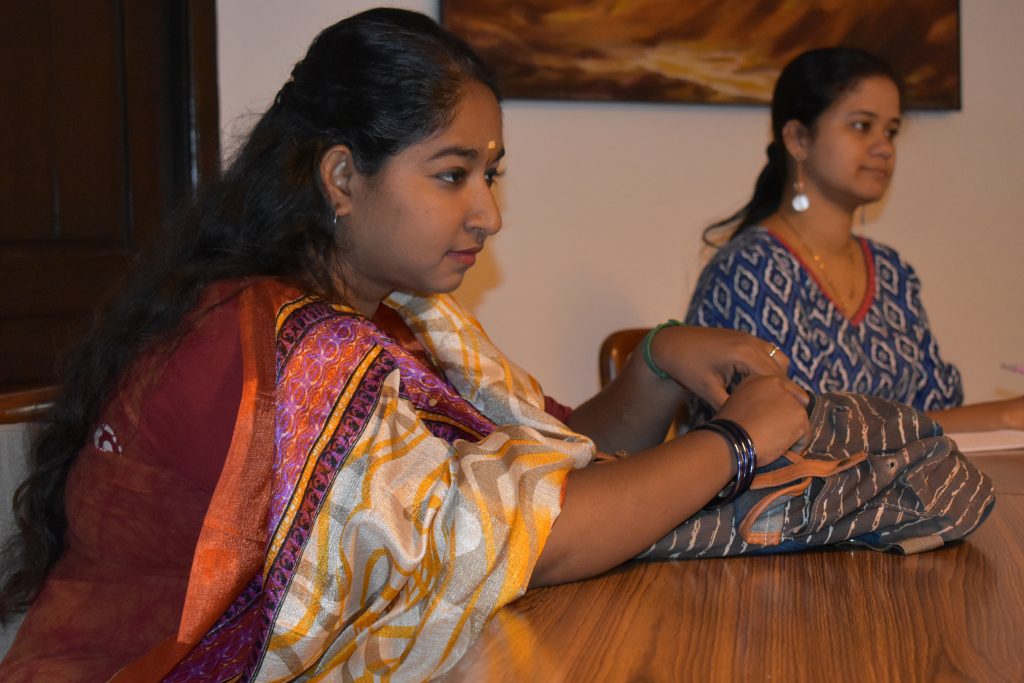
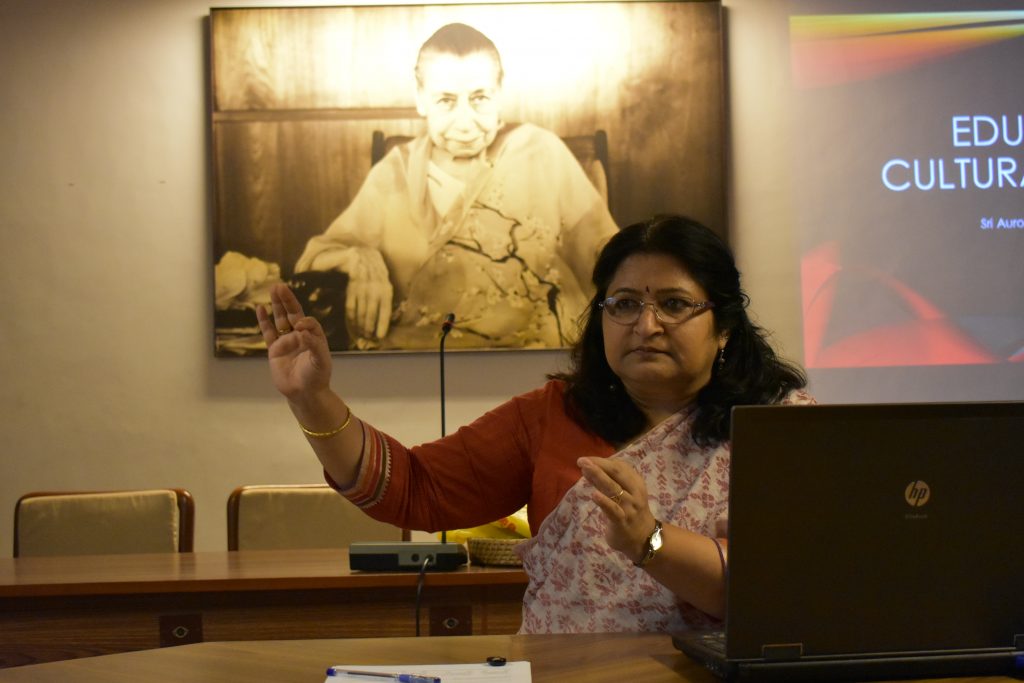
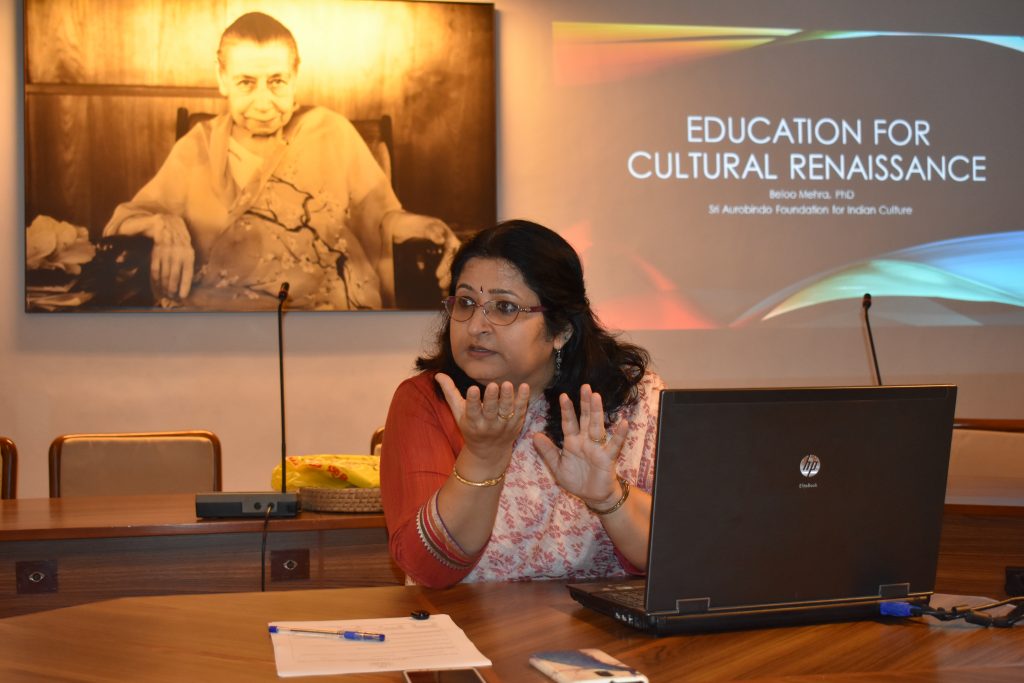
Arts and Aesthetics for Human Development
Several sessions were designed to highlight the significance of arts education in the overall scheme of integral education. Participants had an opportunity to engage in experiential learning with Mr. Sushanto Nath who conducted a painting and drawing session in the nearby park. This nature study and art session was a great experience for the participants.
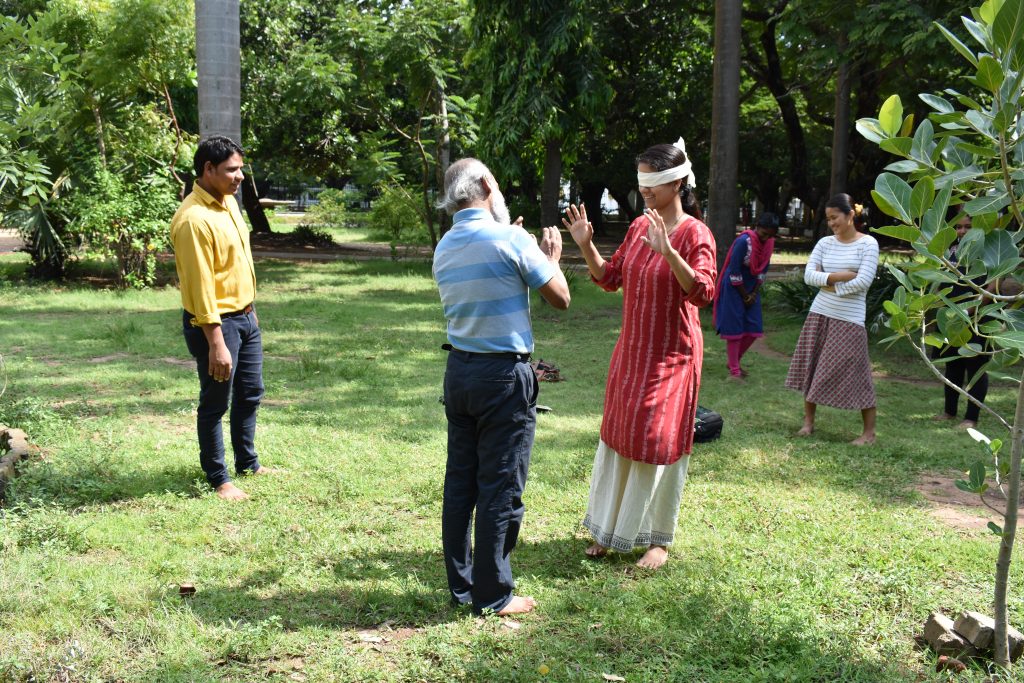
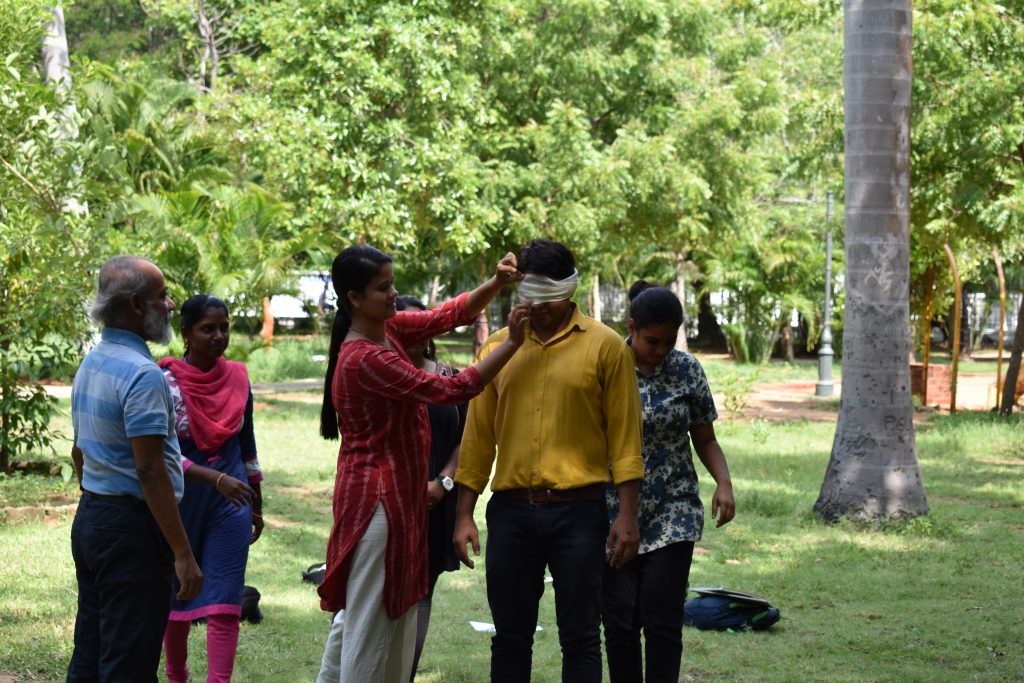
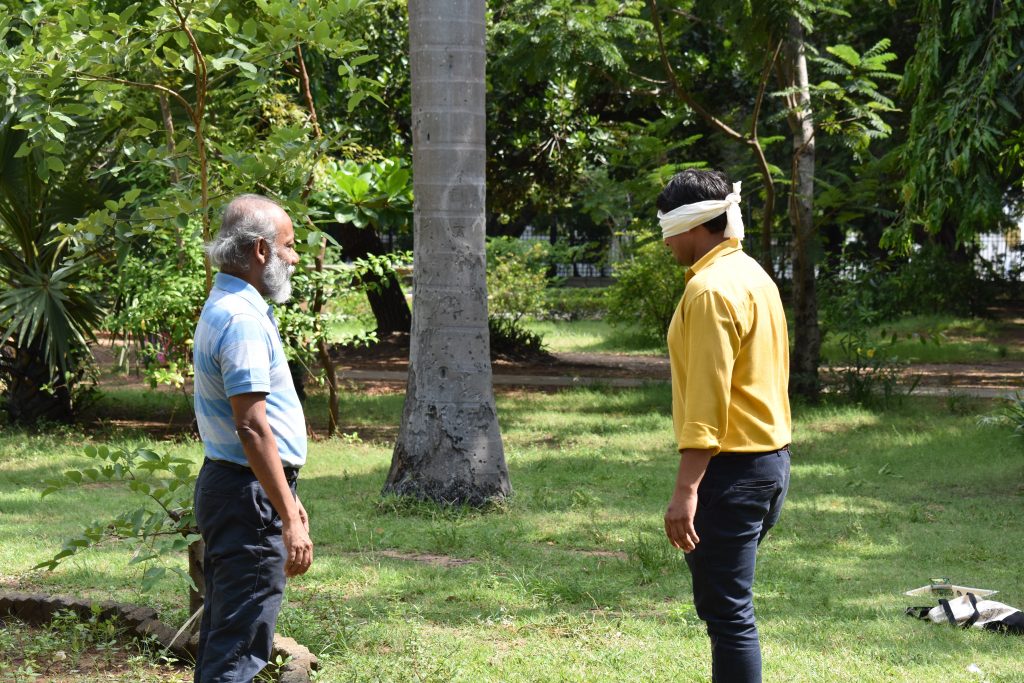
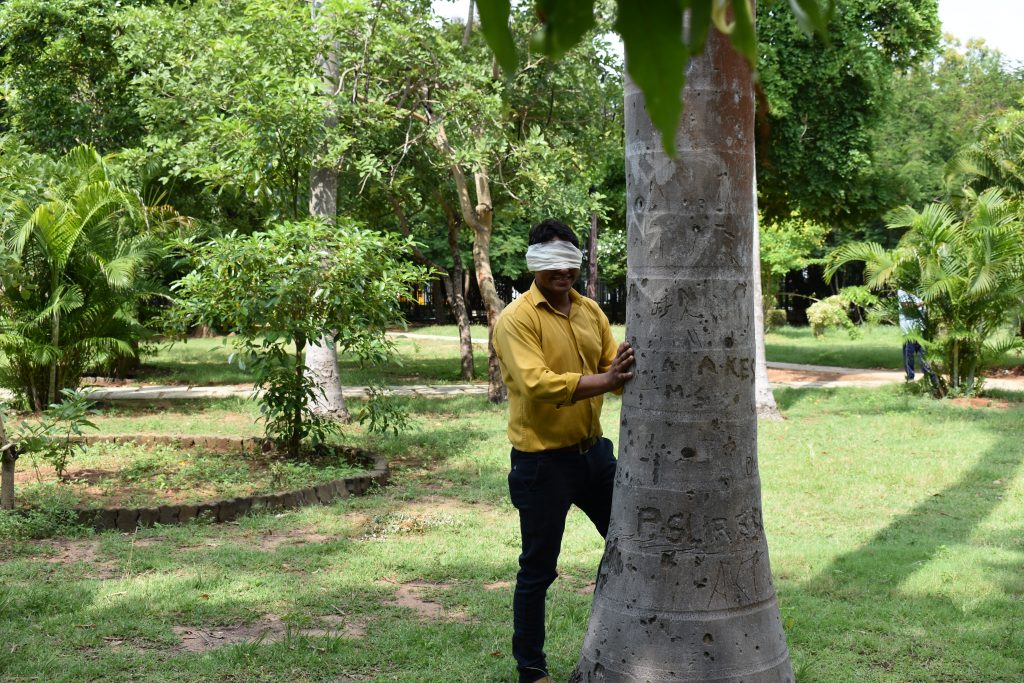
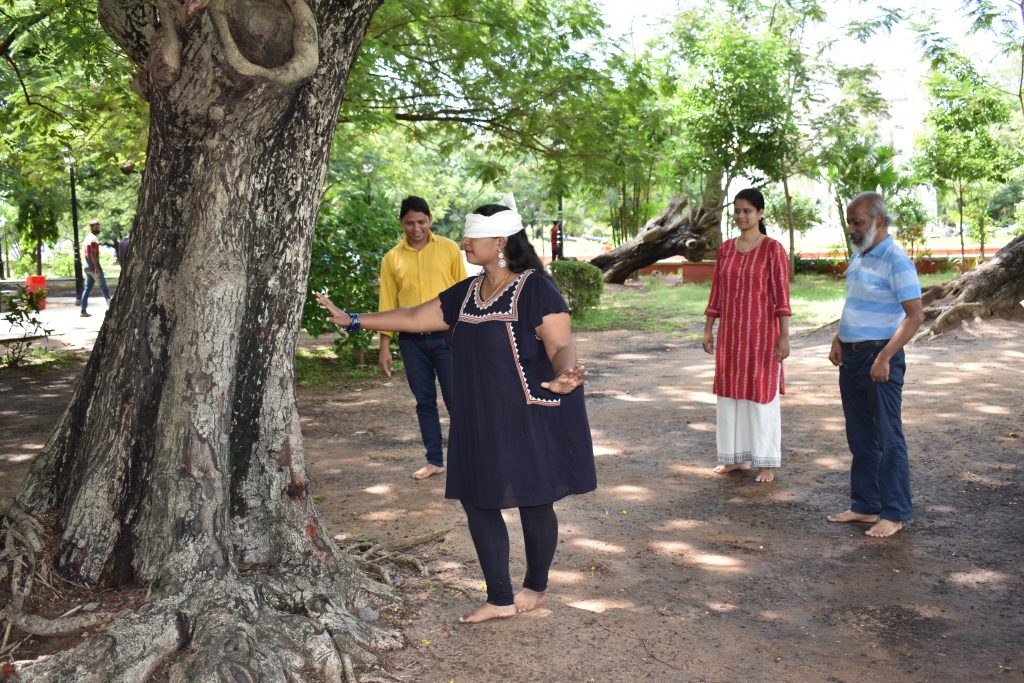
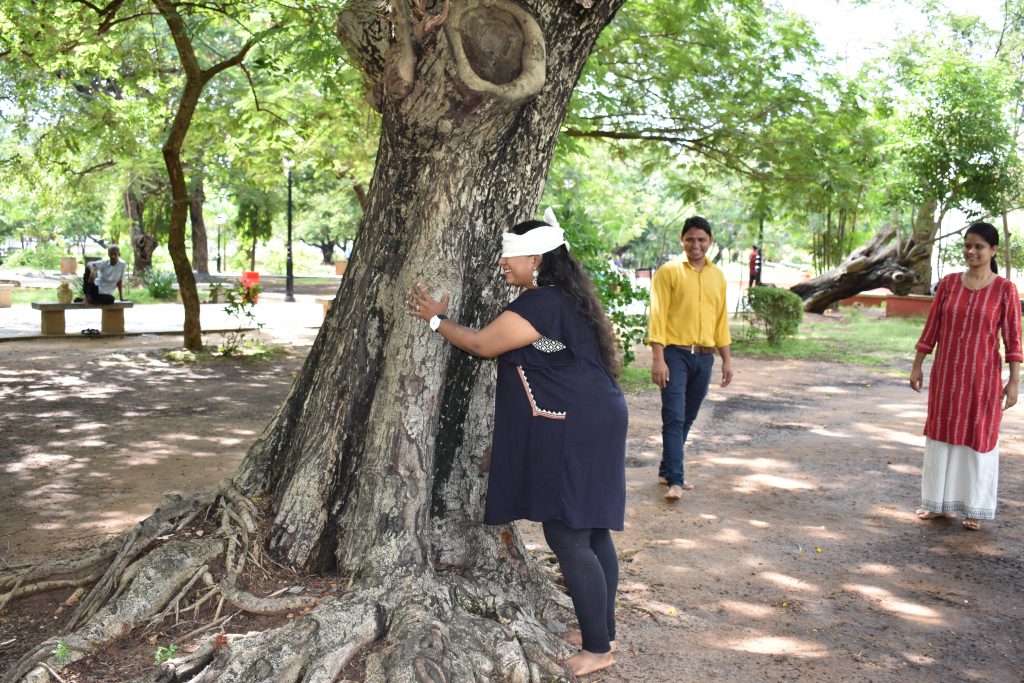
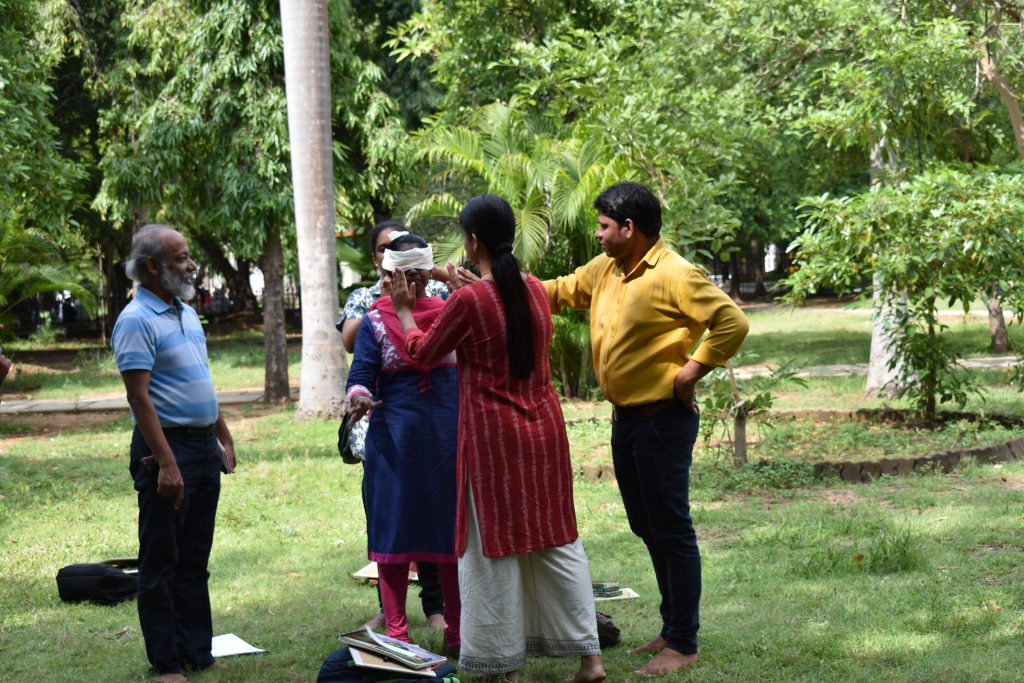
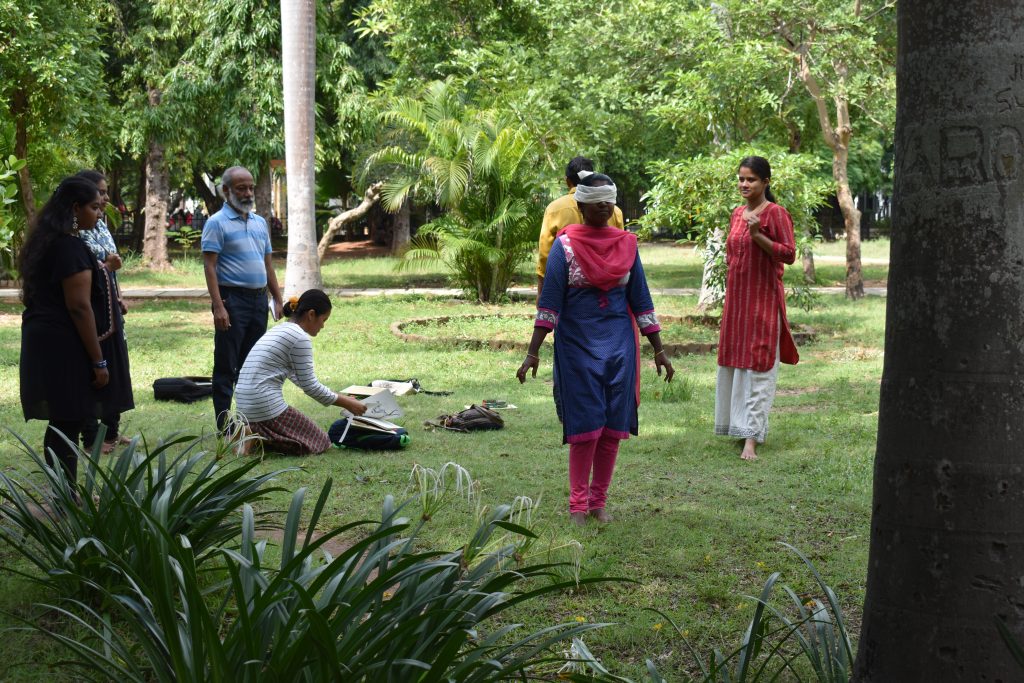
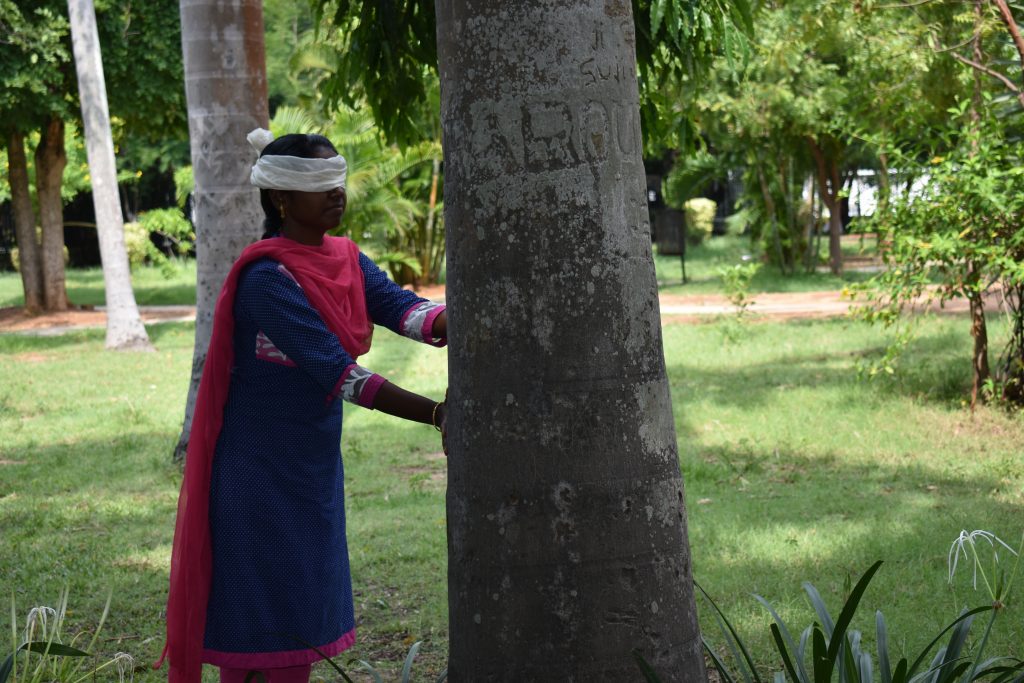
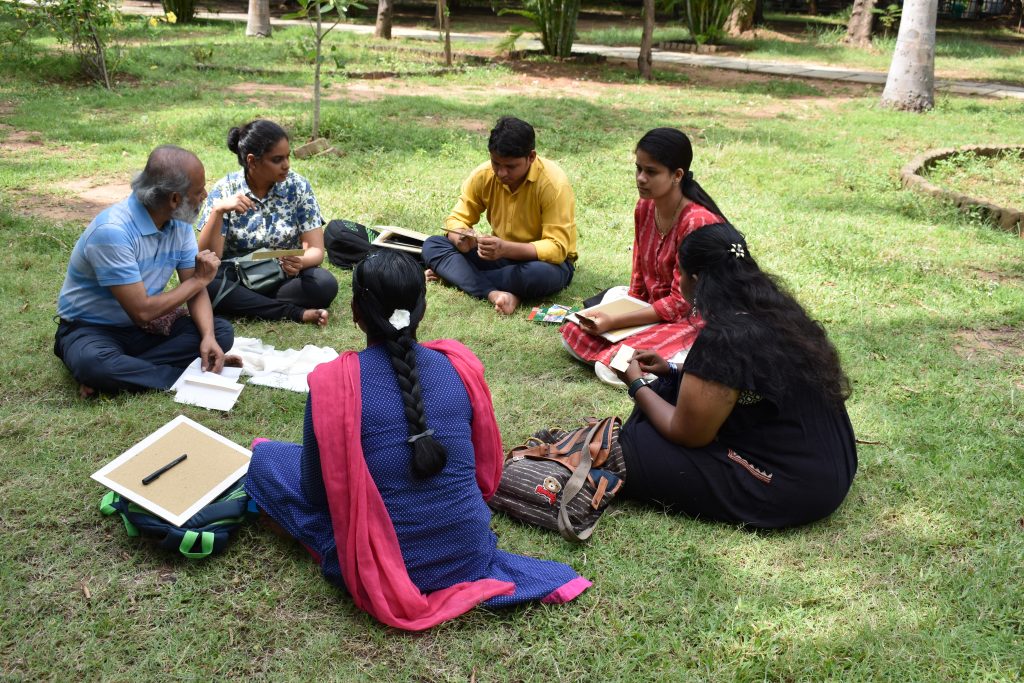
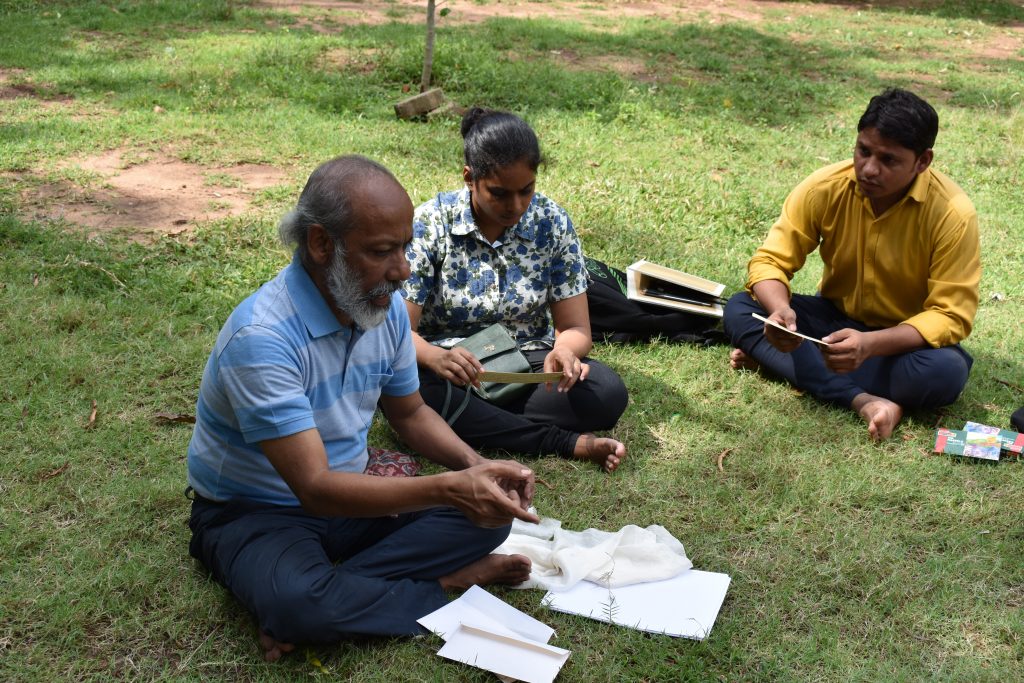
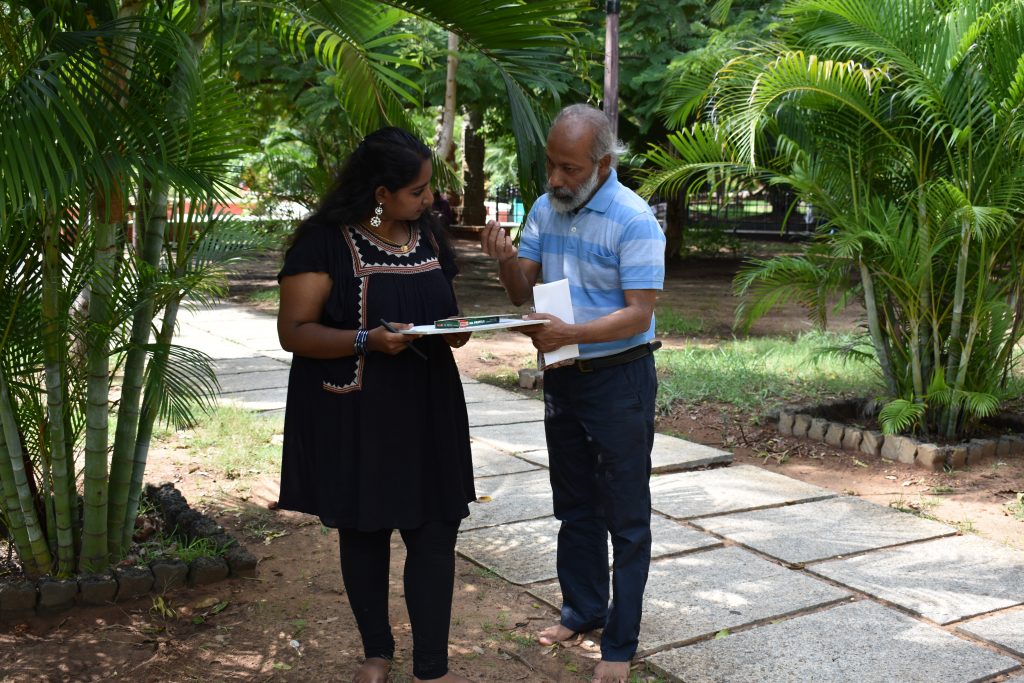
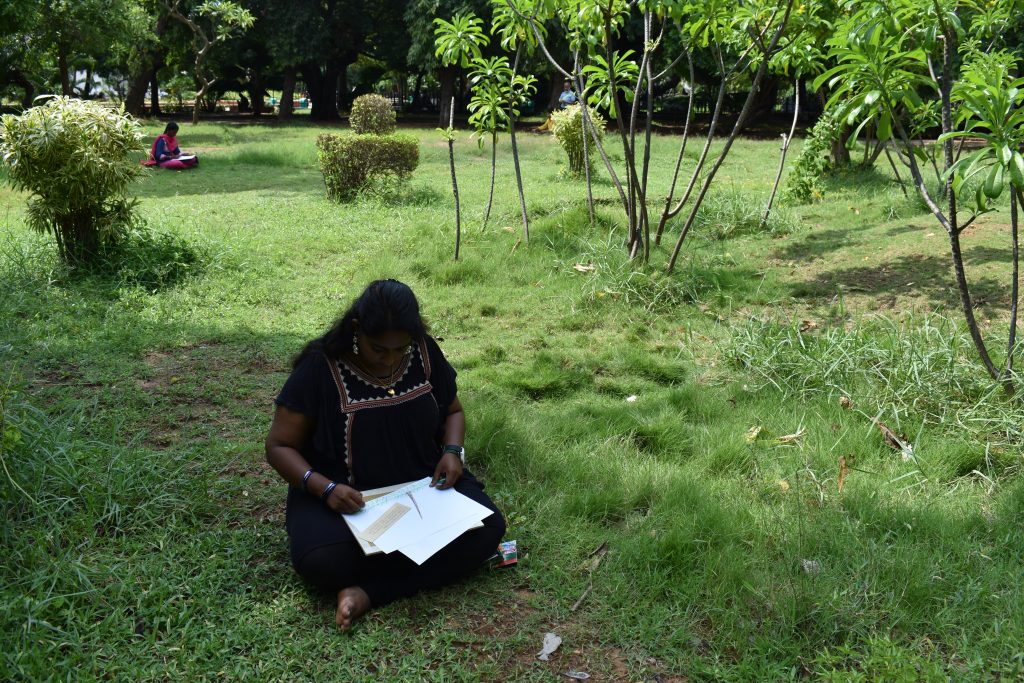
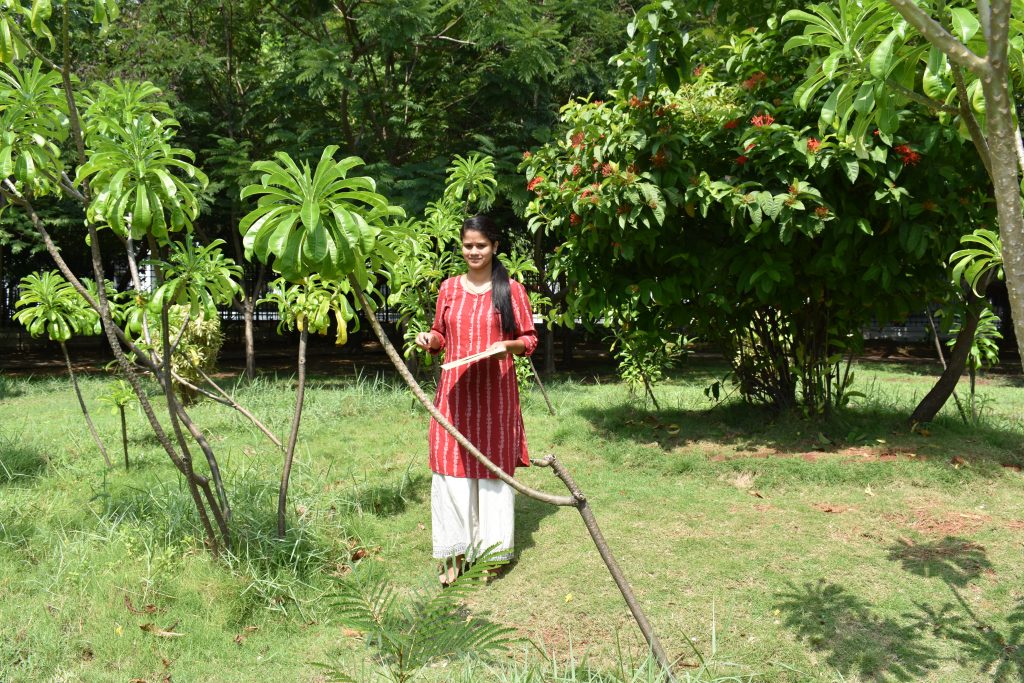
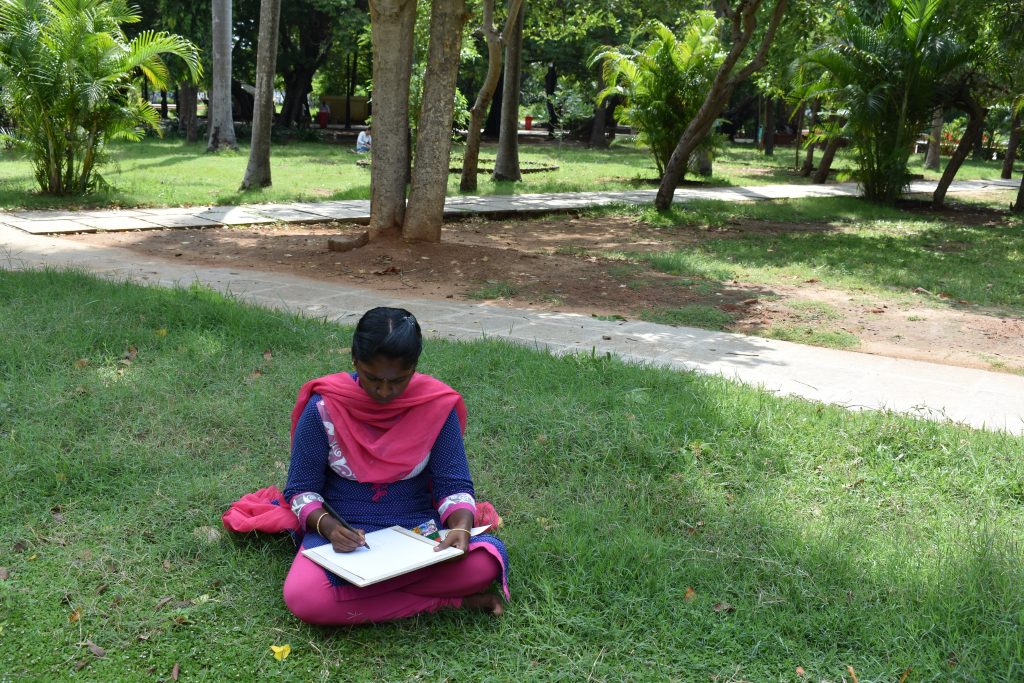
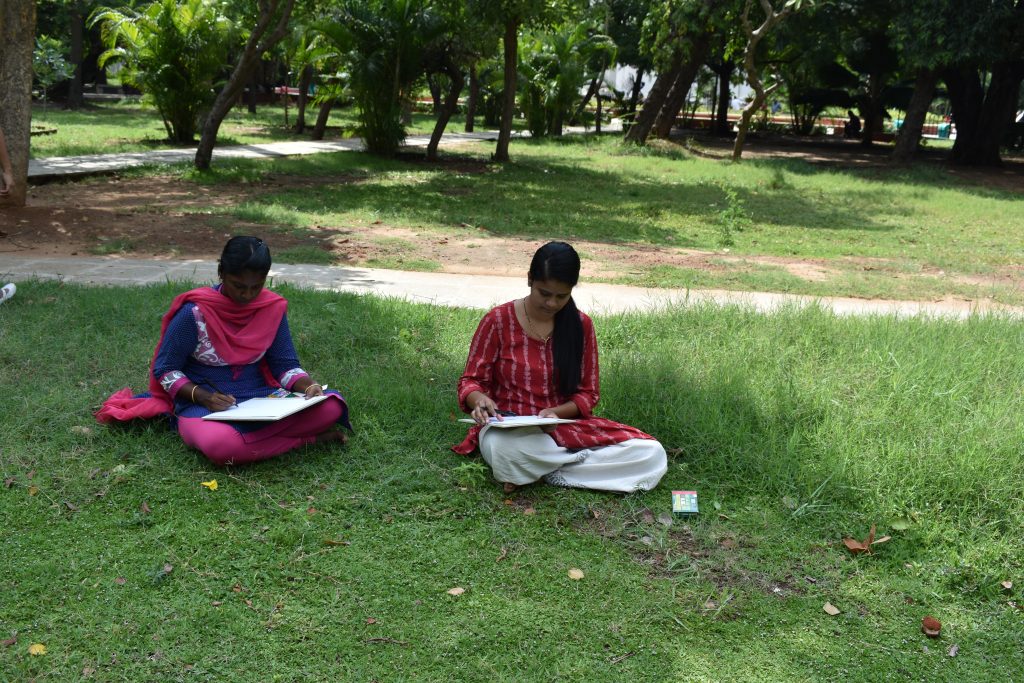
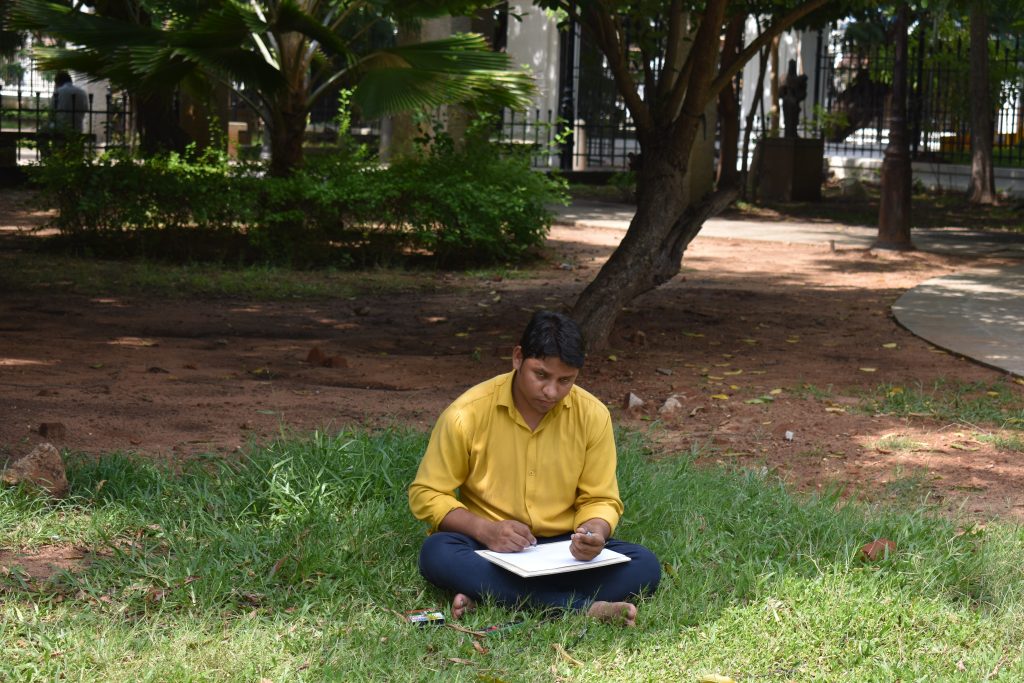
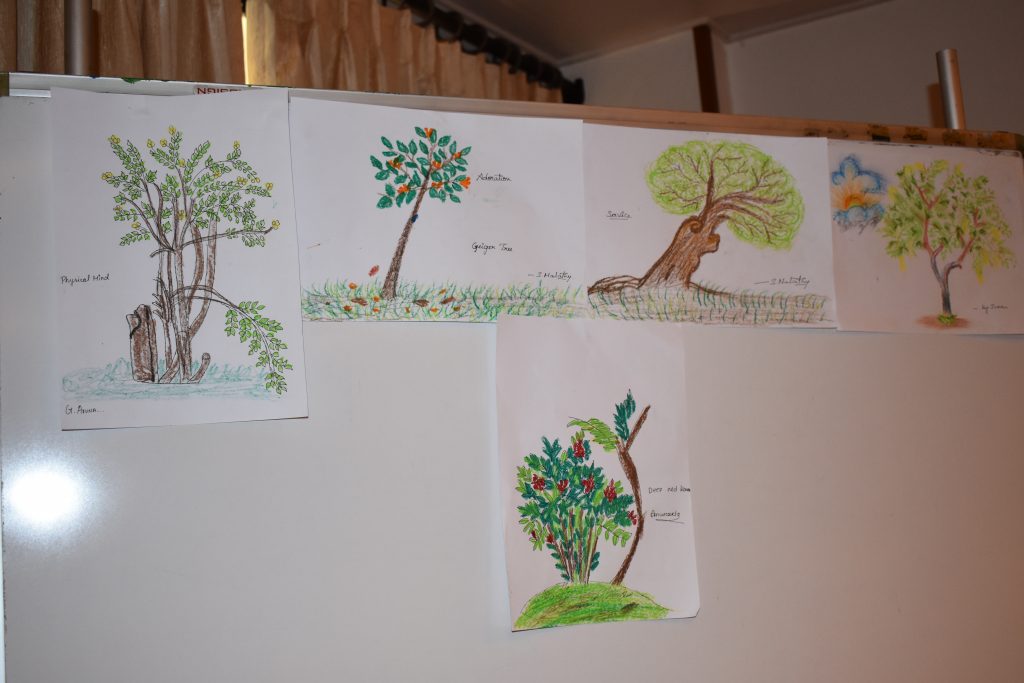
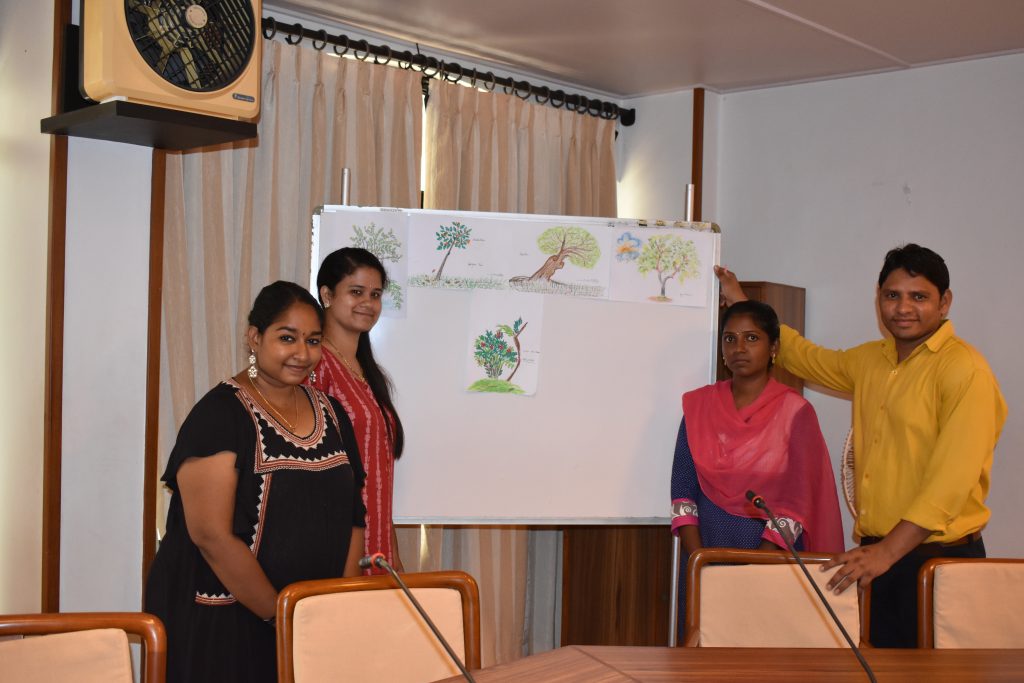
Dr. Ananda Balayogi Bhavanani conducted an interactive session on “Learning through Dance”. In addition to giving a brief introduction to the rich and diverse dance forms of India, he emphasised for the participants how performing arts and dance in particular helps develop certain key faculties, abilities, skills and values in the learners.
He and his wife Ms. Devasena Bhavanani also gave several demonstrations to highlight how learning of even other subjects can be facilitated through dance. Being a medical doctor and a yoga therapist, he was also able to explain for the participants the science behind the cognitive and emotional development that arts education, and performing arts in particular can facilitate. The session was very lively and kept the participants engaged with various fun activities.
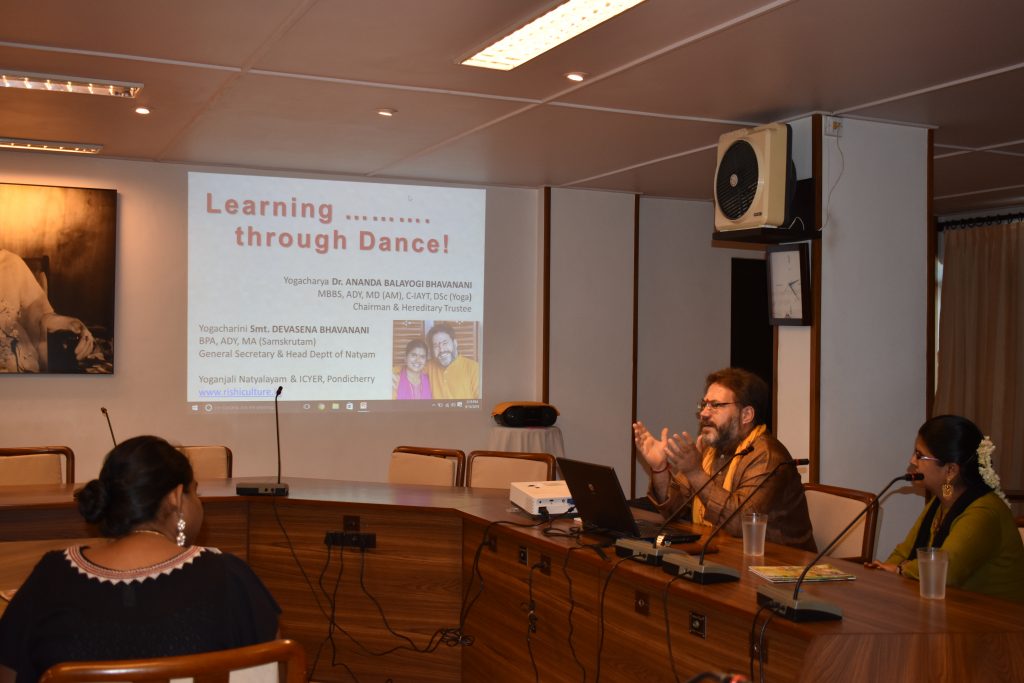
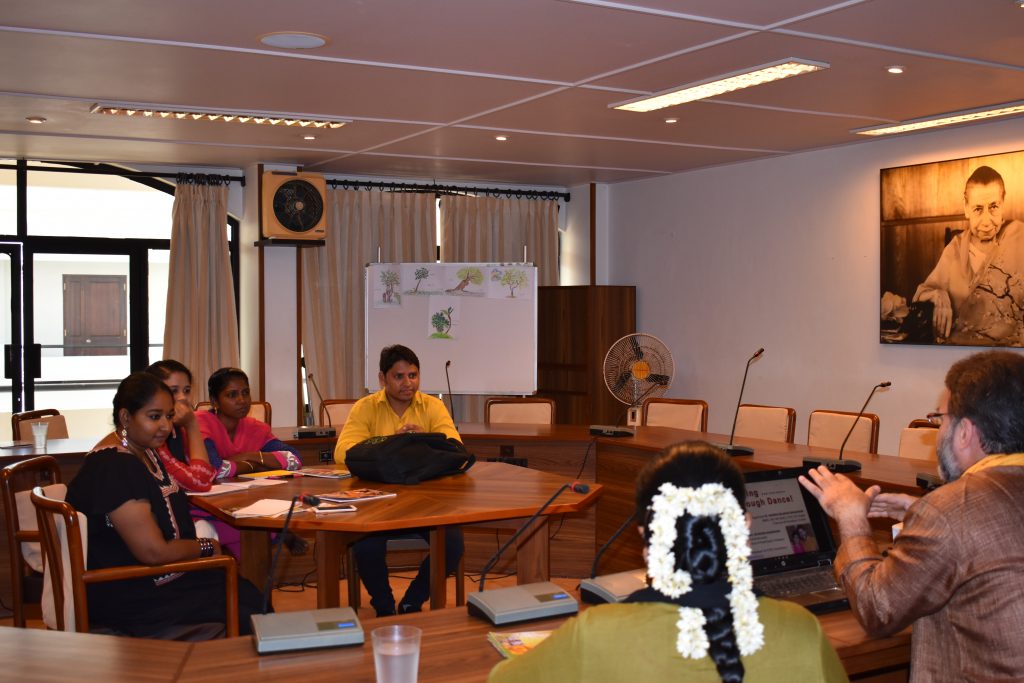
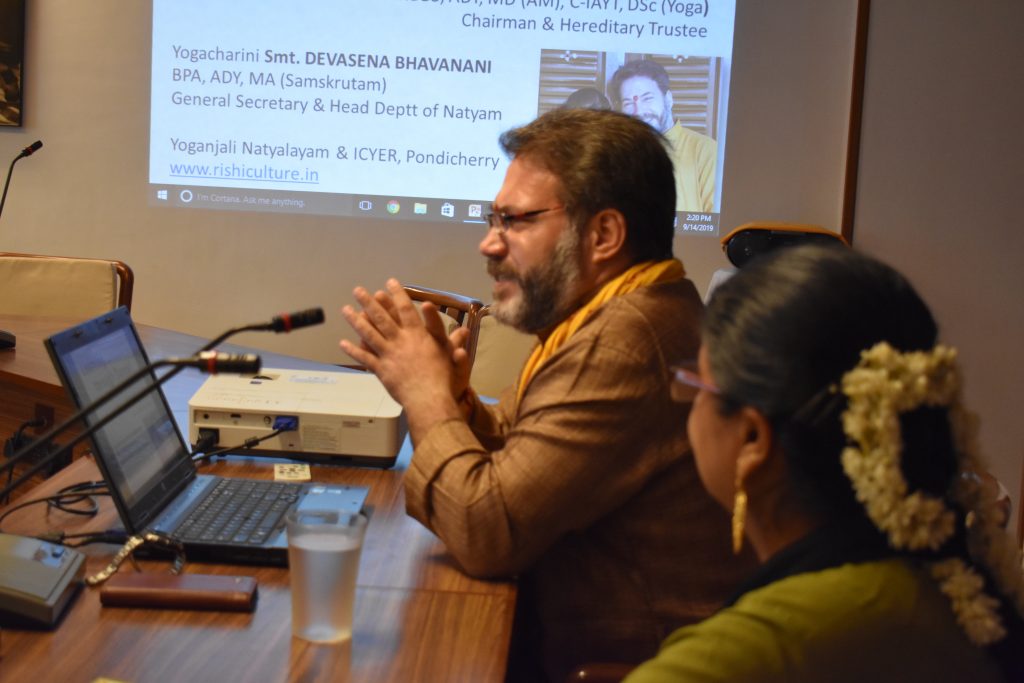
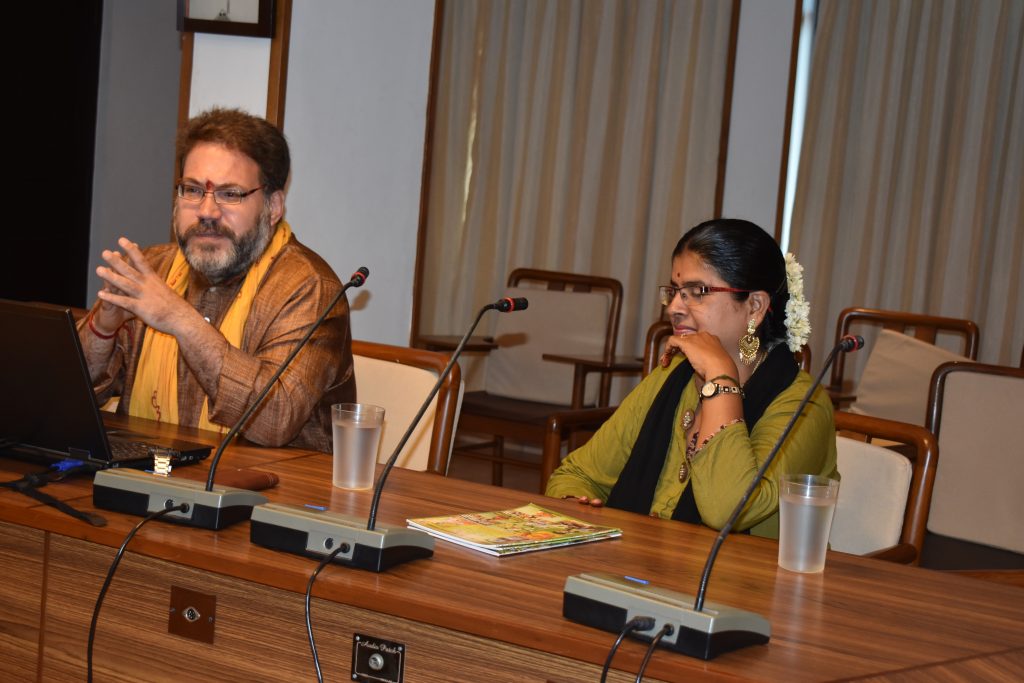
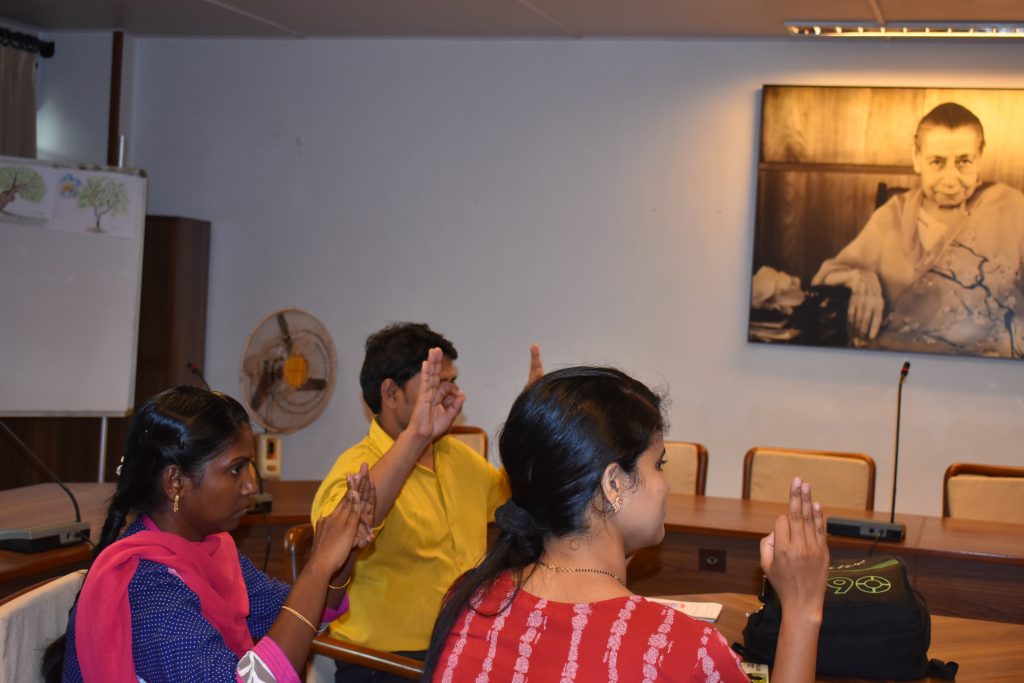
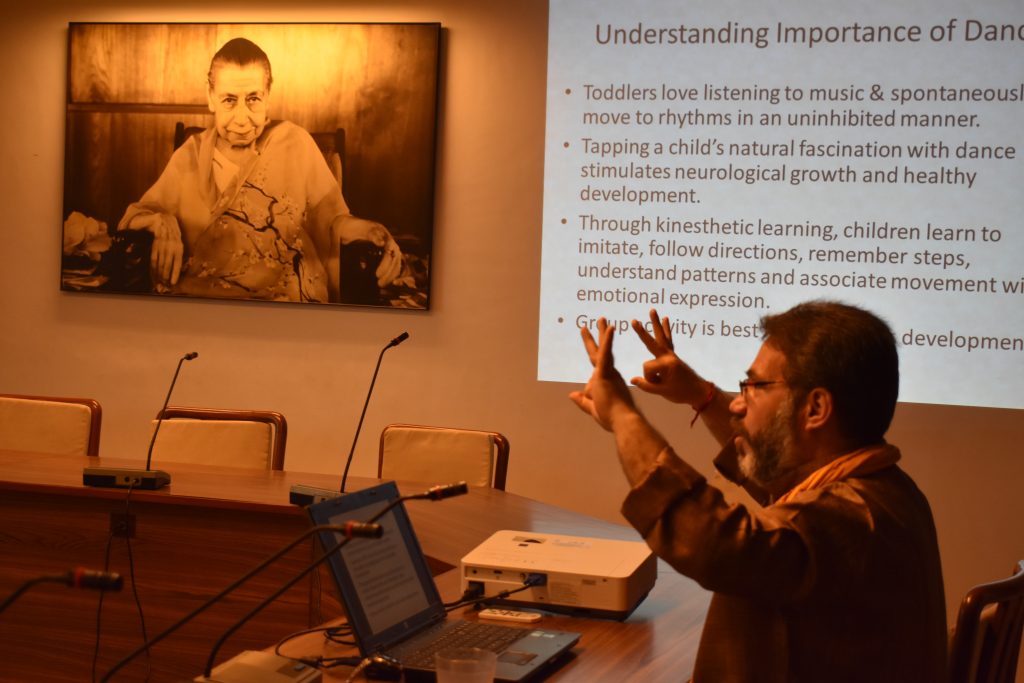
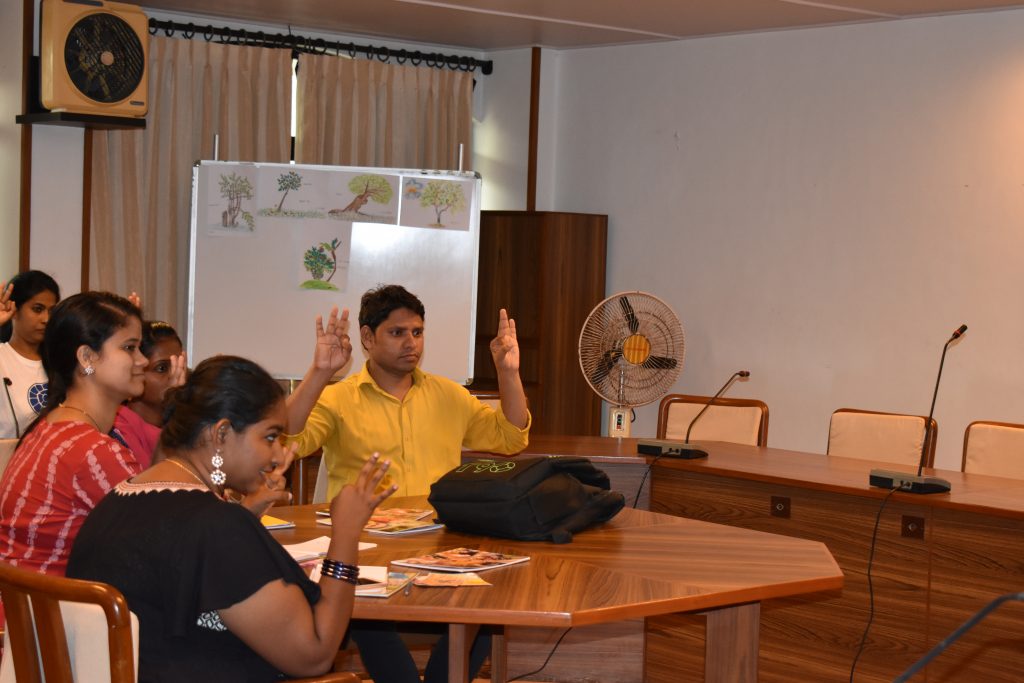
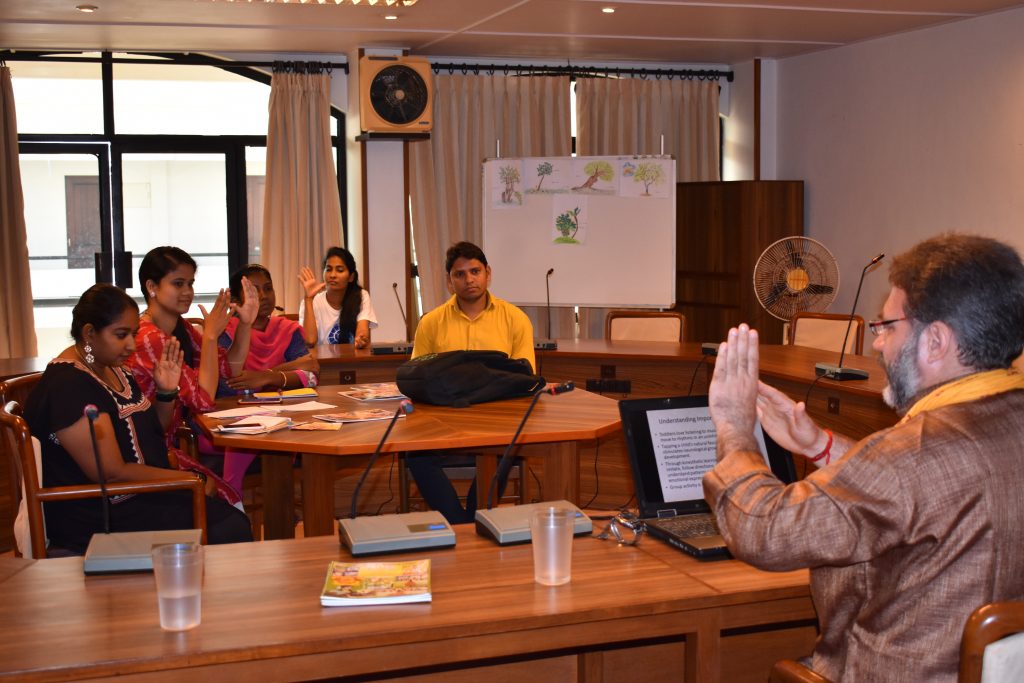
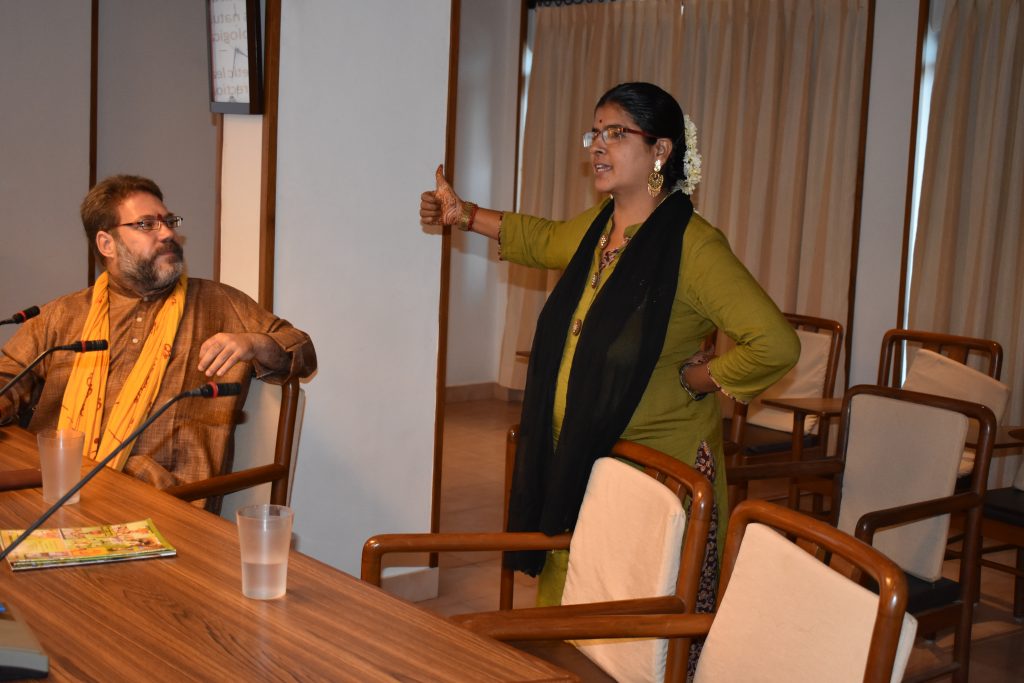
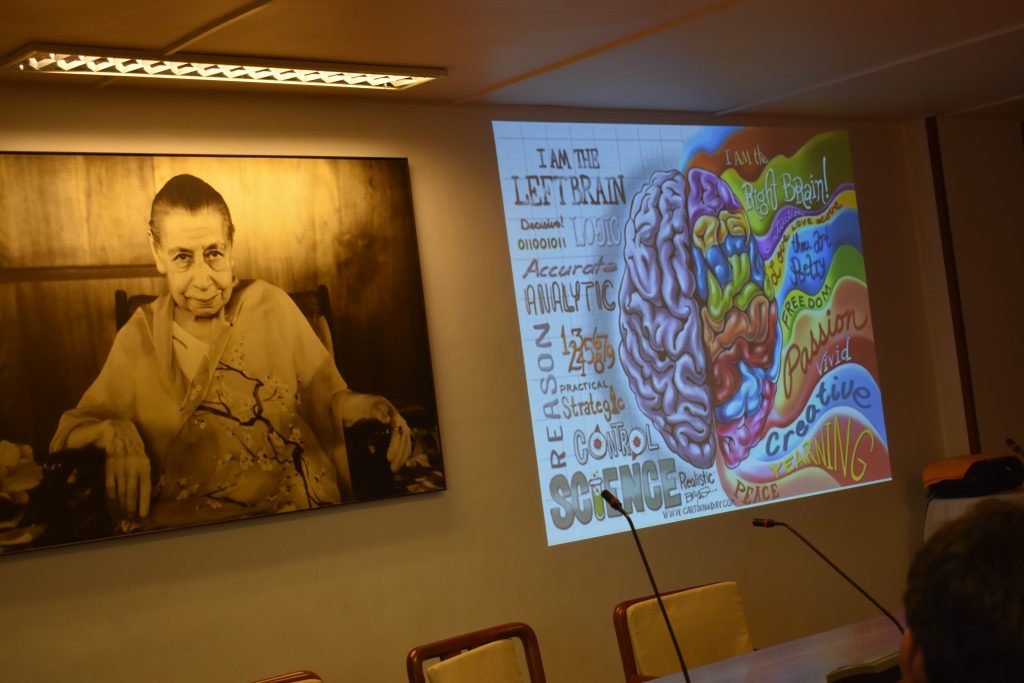
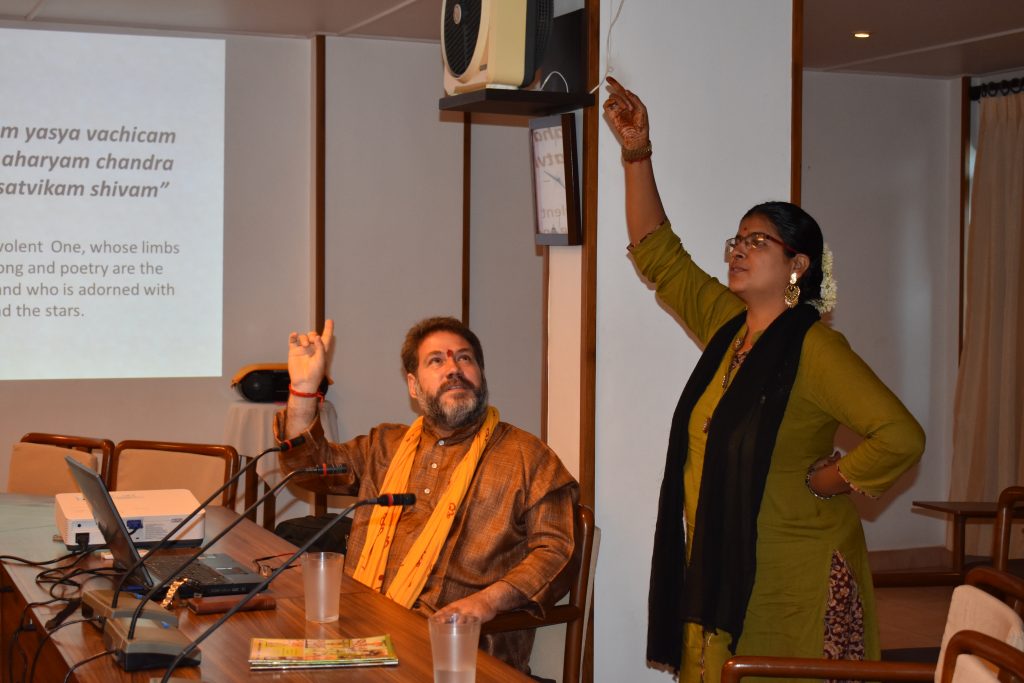
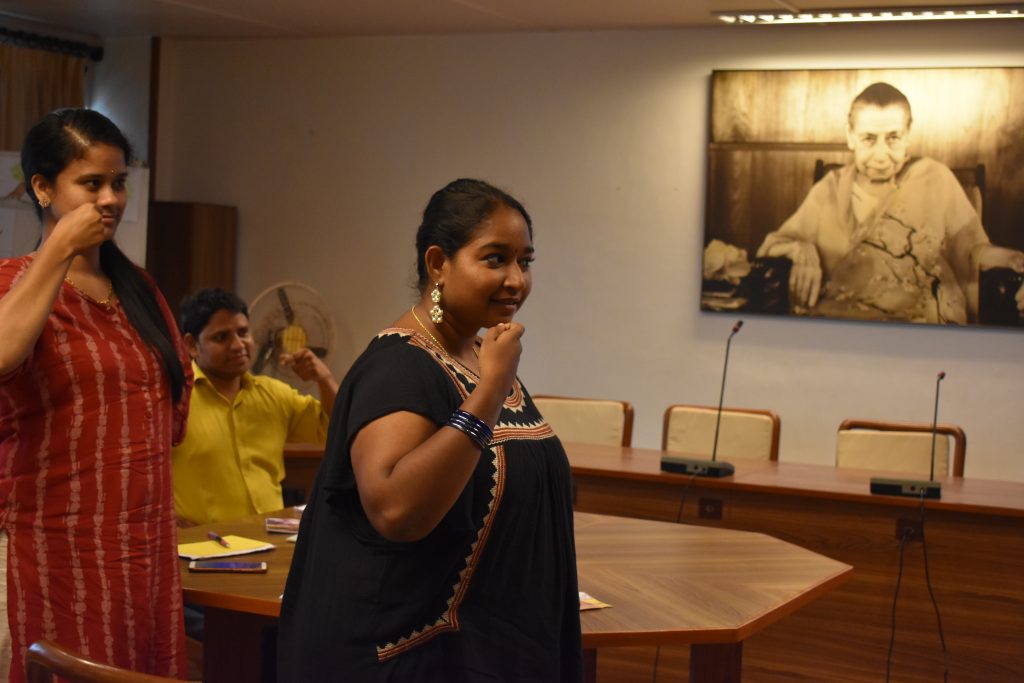
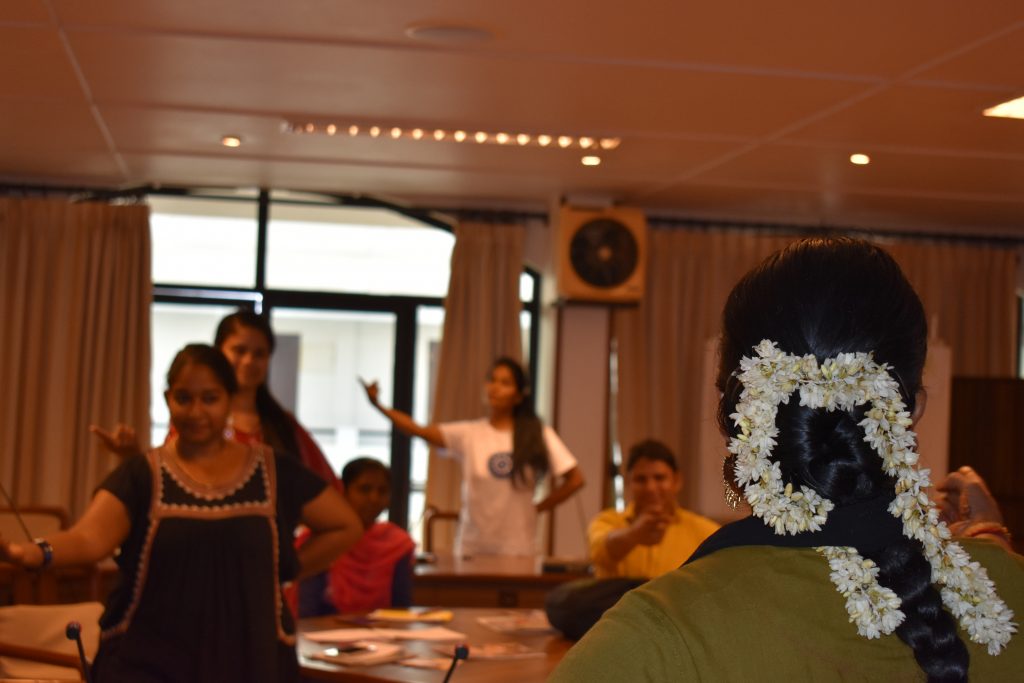
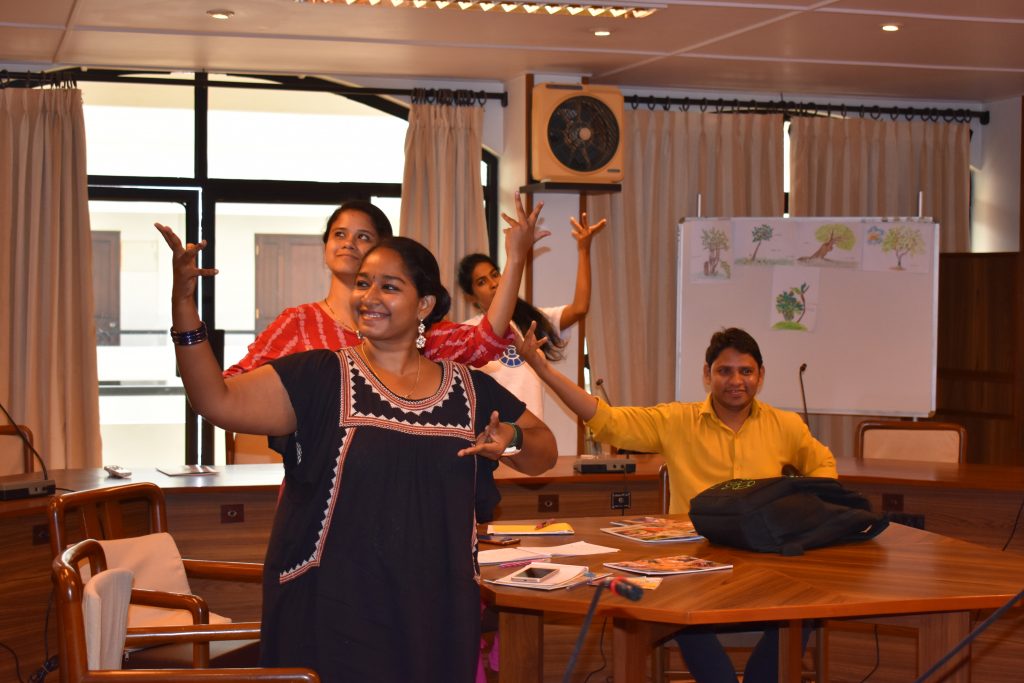
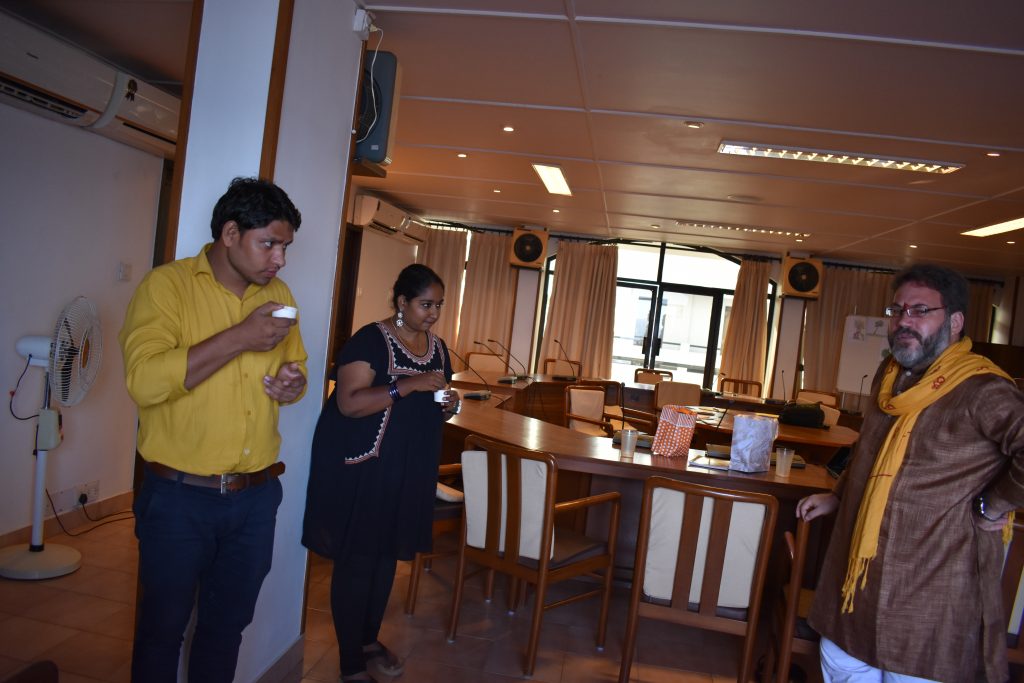
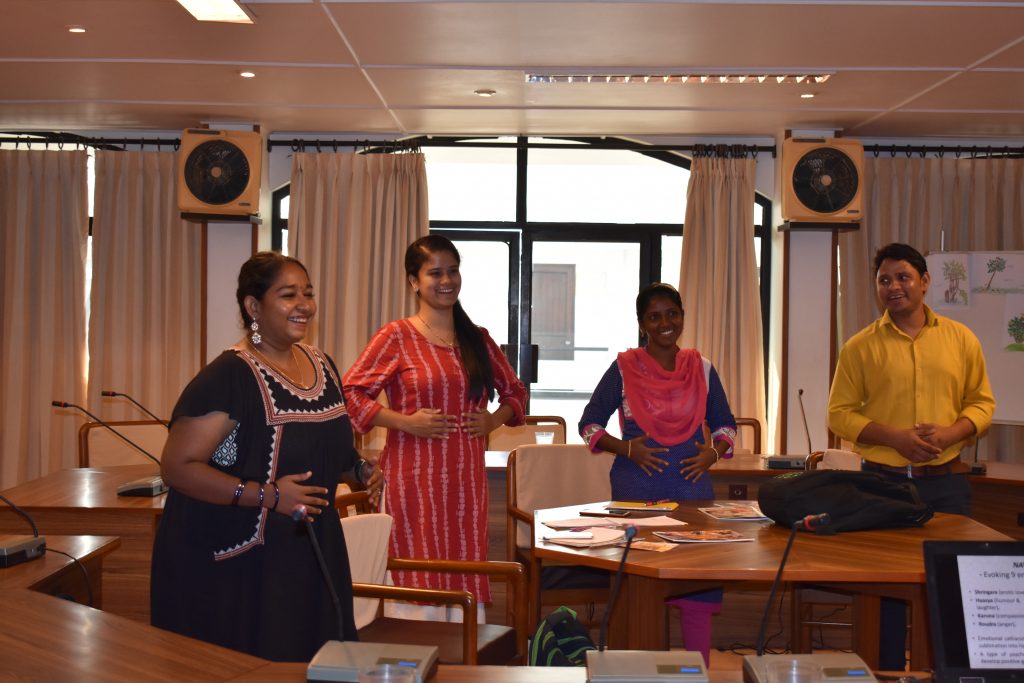
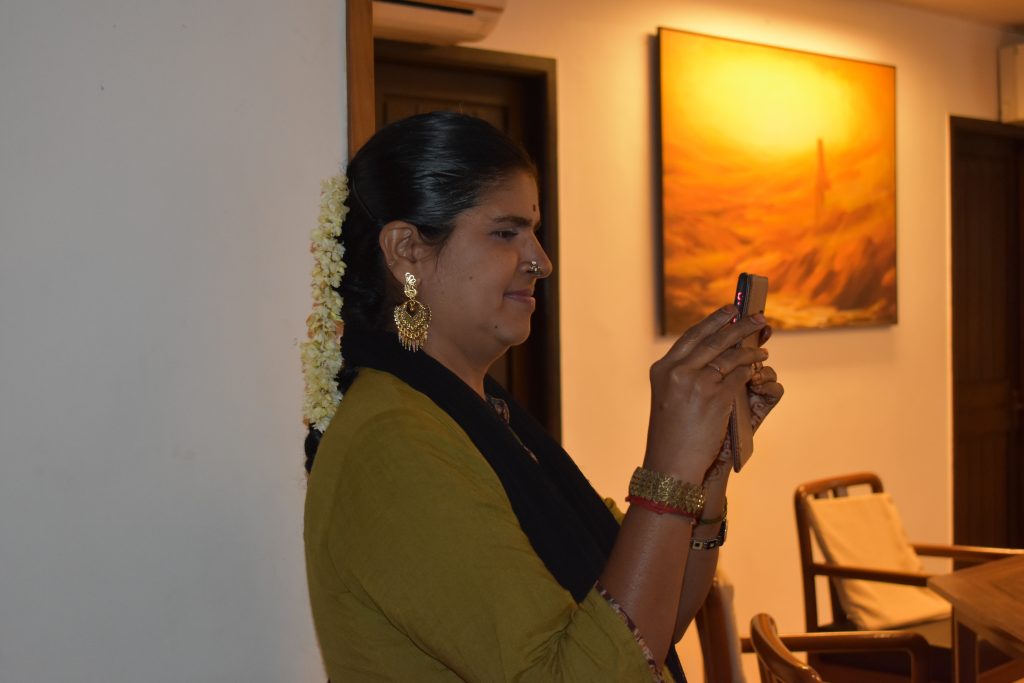
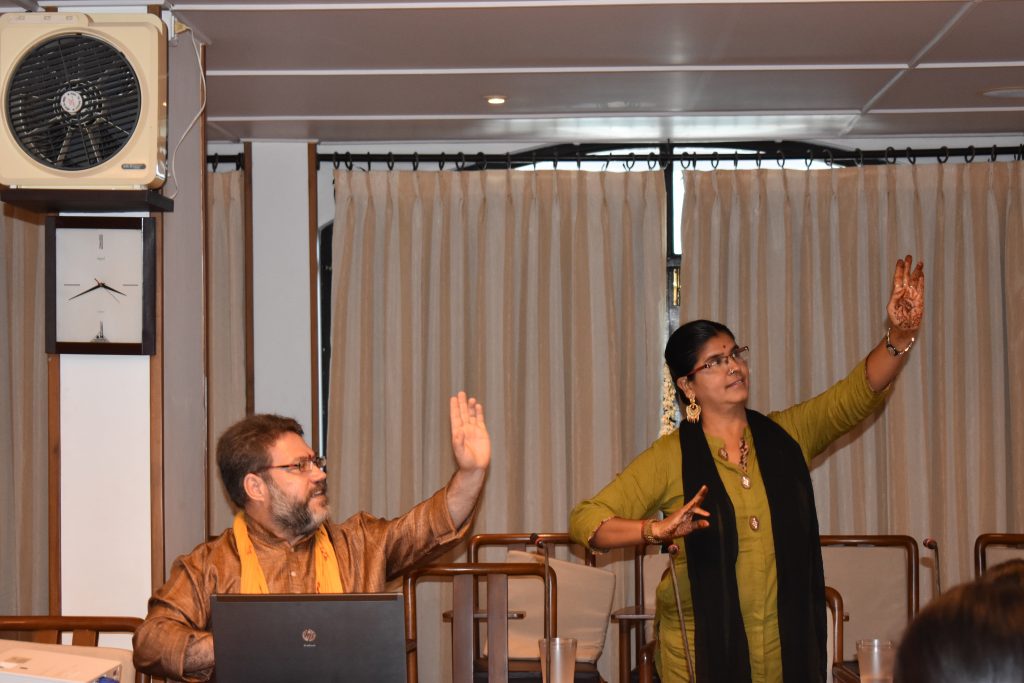
Dr. Beloo Mehra conducted a session titled “Aesthetics and Human Development” in which she highlighted some key points from Sri Aurobindo’s and the Mother’s views on arts education as part of the vital education of the learners. The three purposes of art as discussed by Sri Aurobindo were also brought up through specific examples. In another session, Dr. Mehra led the group into a discussion around a talk given by Sir Ken Robinson – “Do schools kill creativity?”
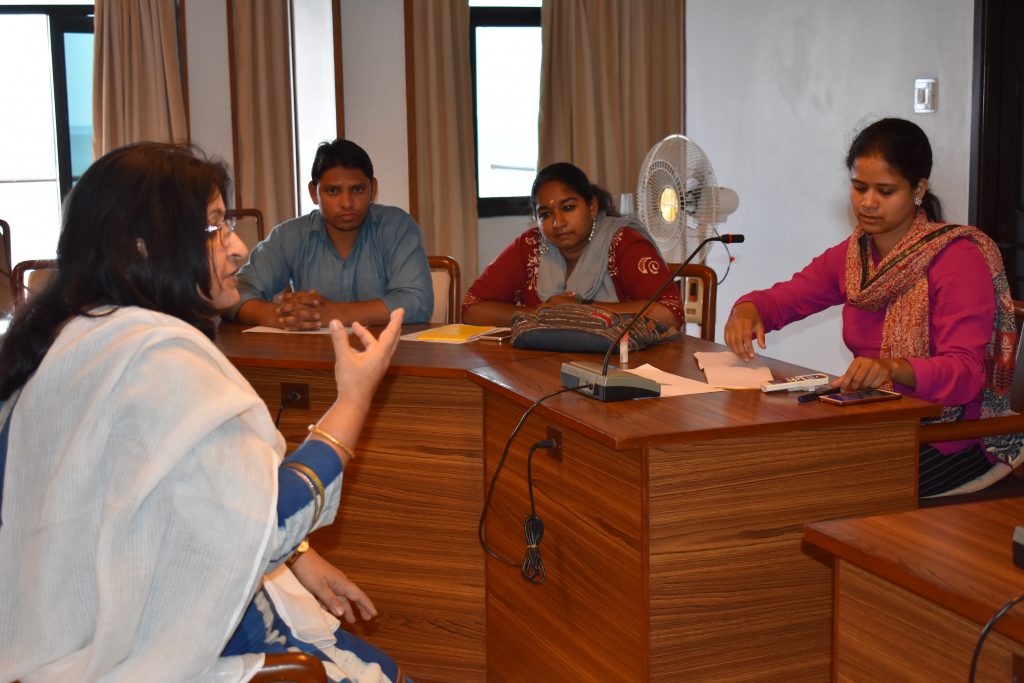
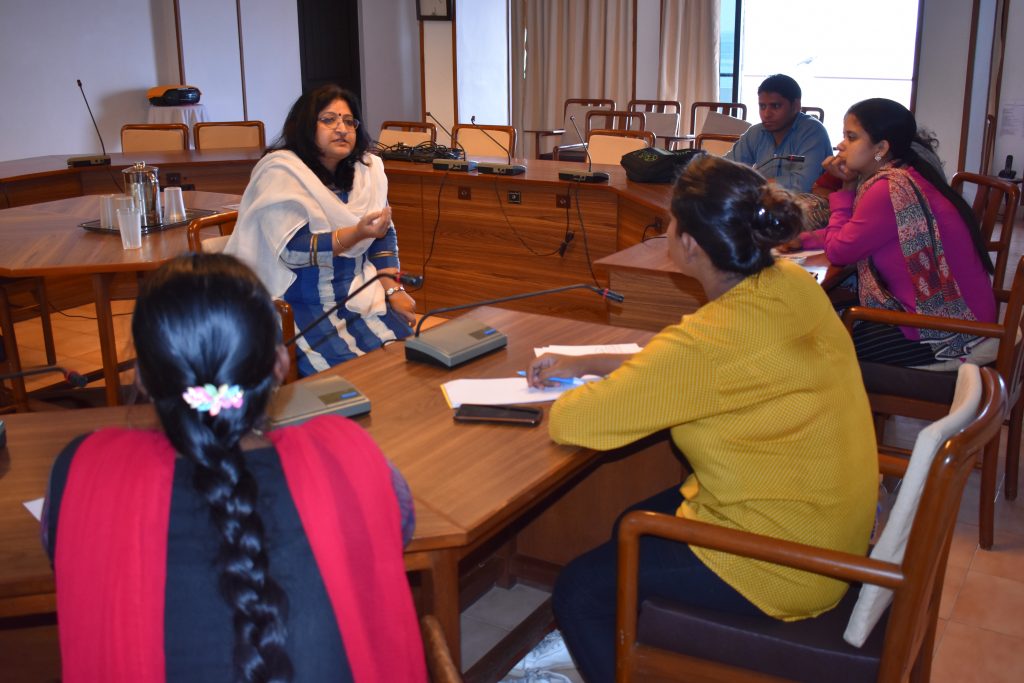
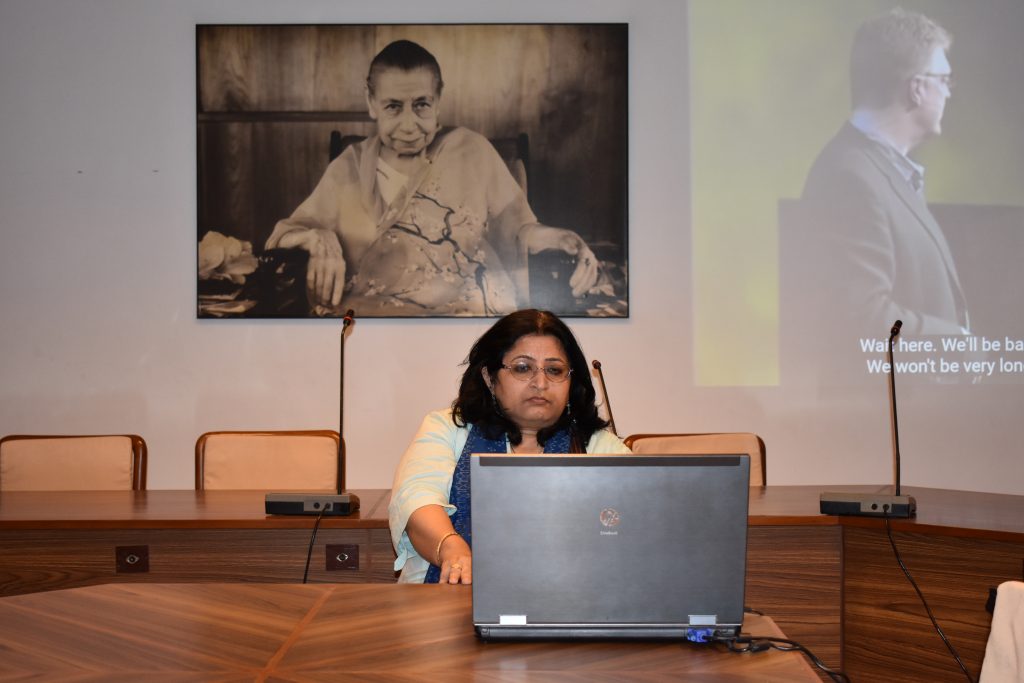
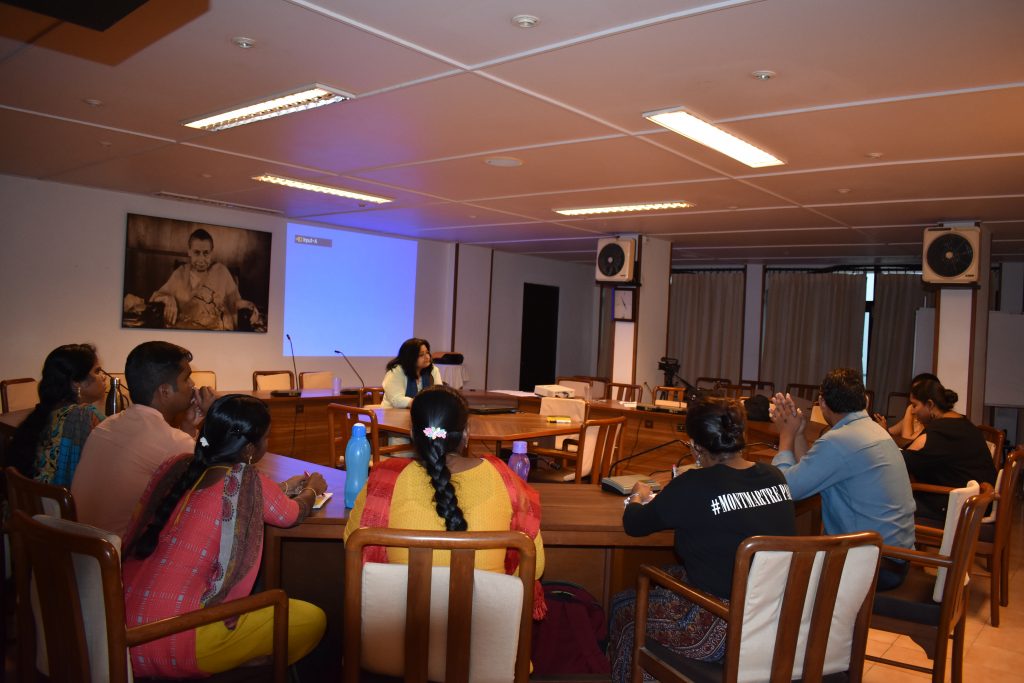
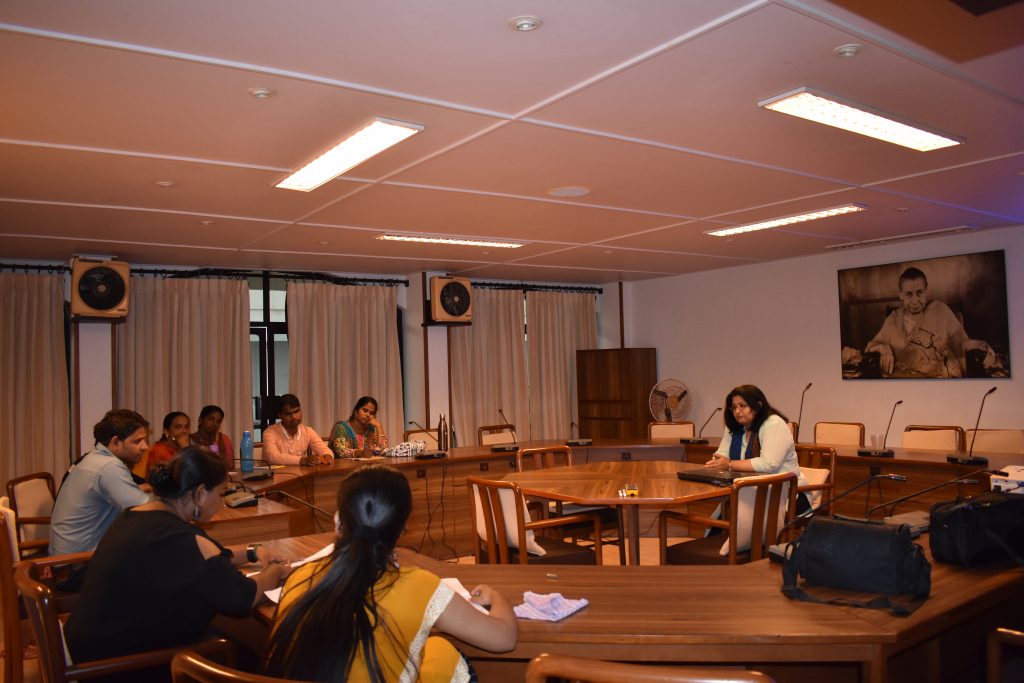
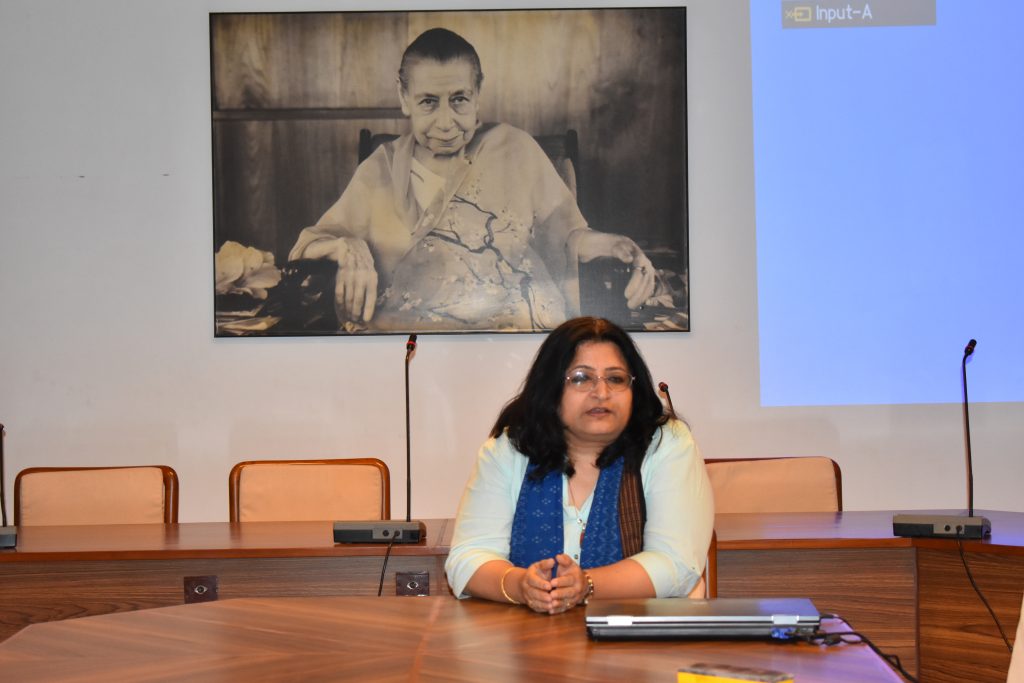
Yogasana and Pranayama
Participants had two sessions with Ms. Ranjana Swain, a certified yoga teacher, in which they learned and practiced few basic asanas and pranayama techniques to help develop greater concentration and balance. Ms. Swain highlighted for the participants the significance of developing these qualities for a teacher. The participants also enjoyed a game to help develop focus and concentration.
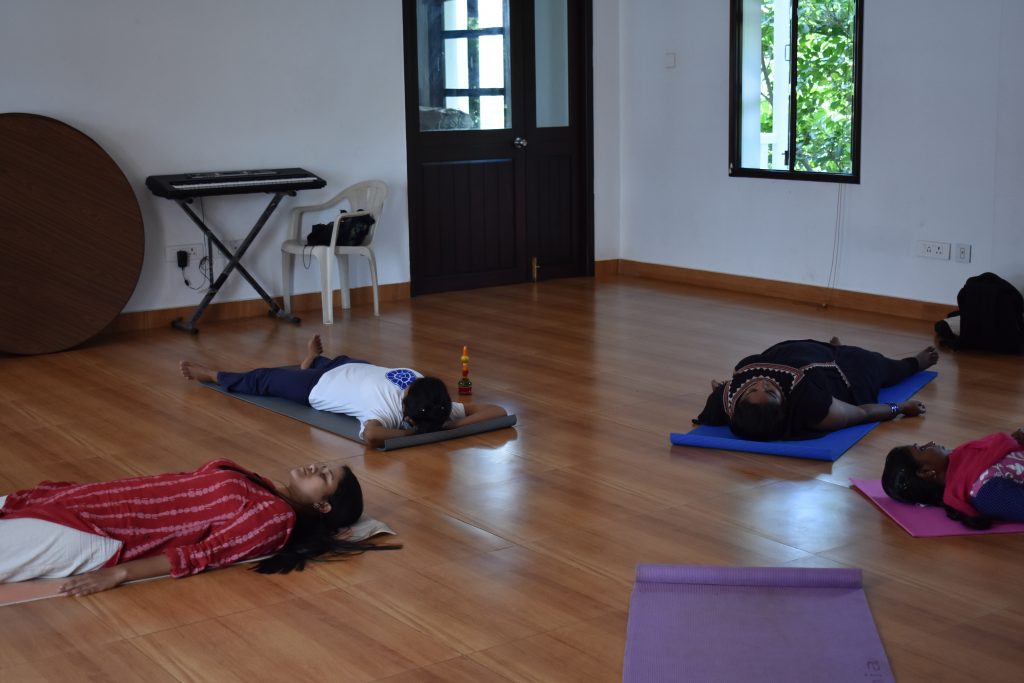
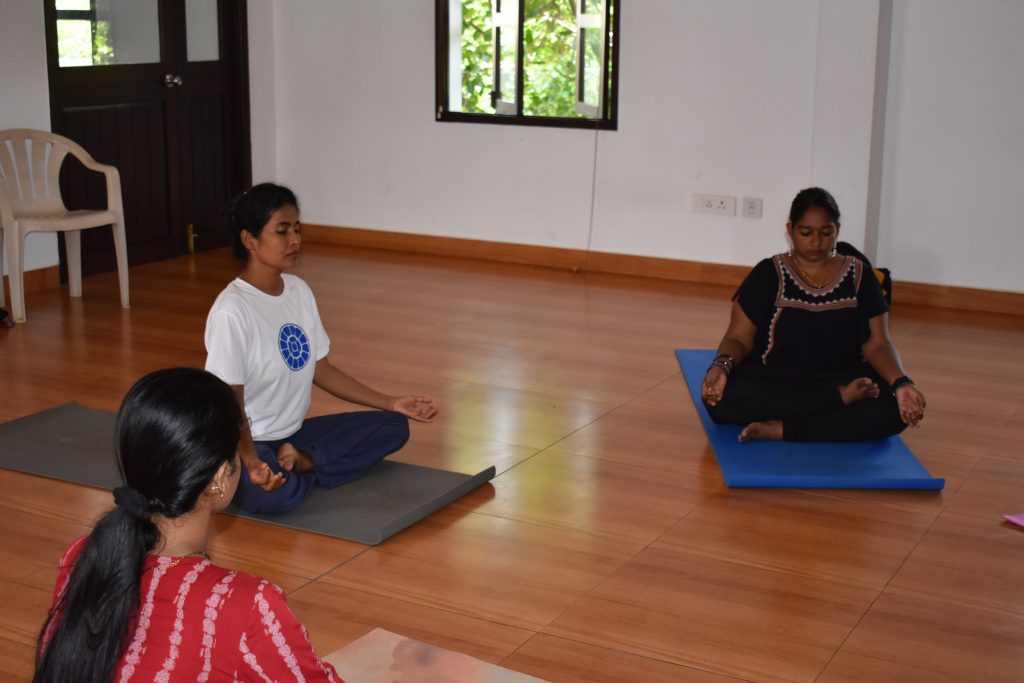
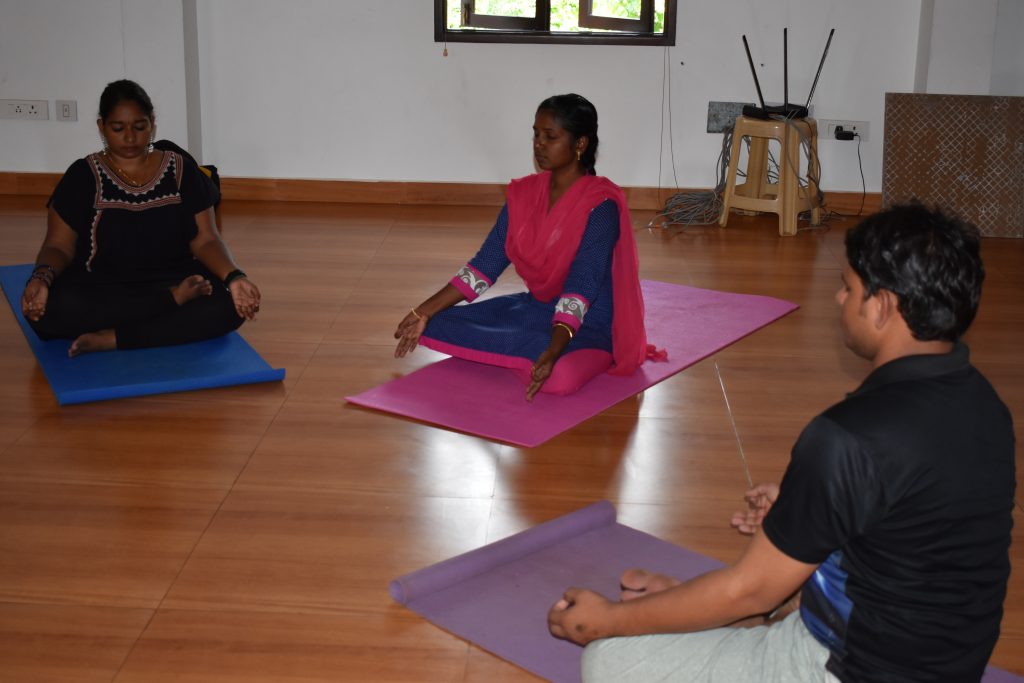
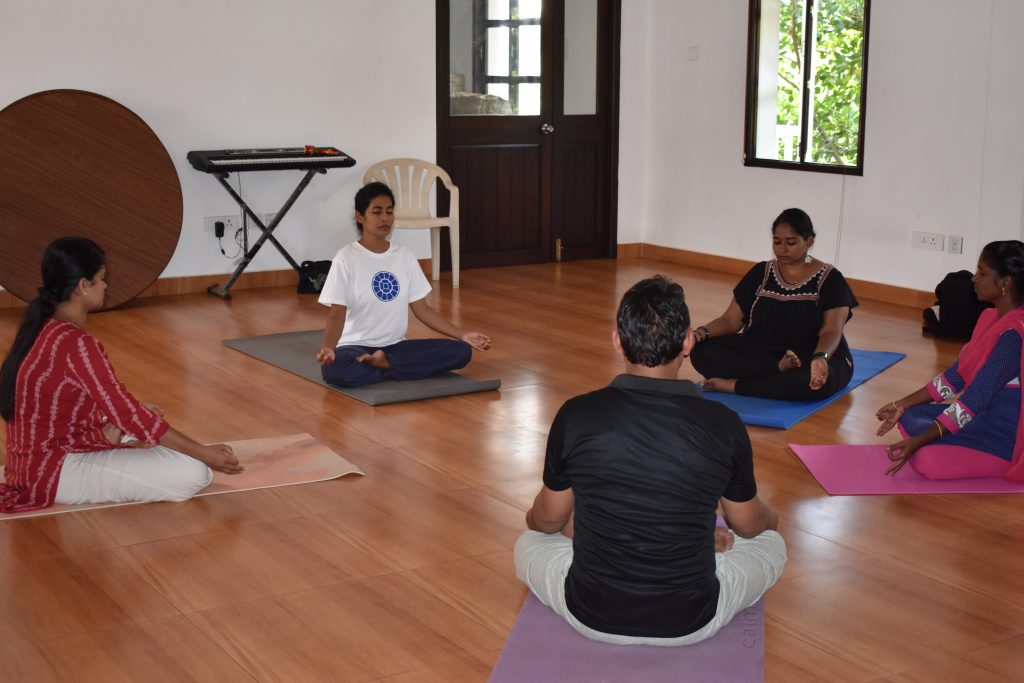
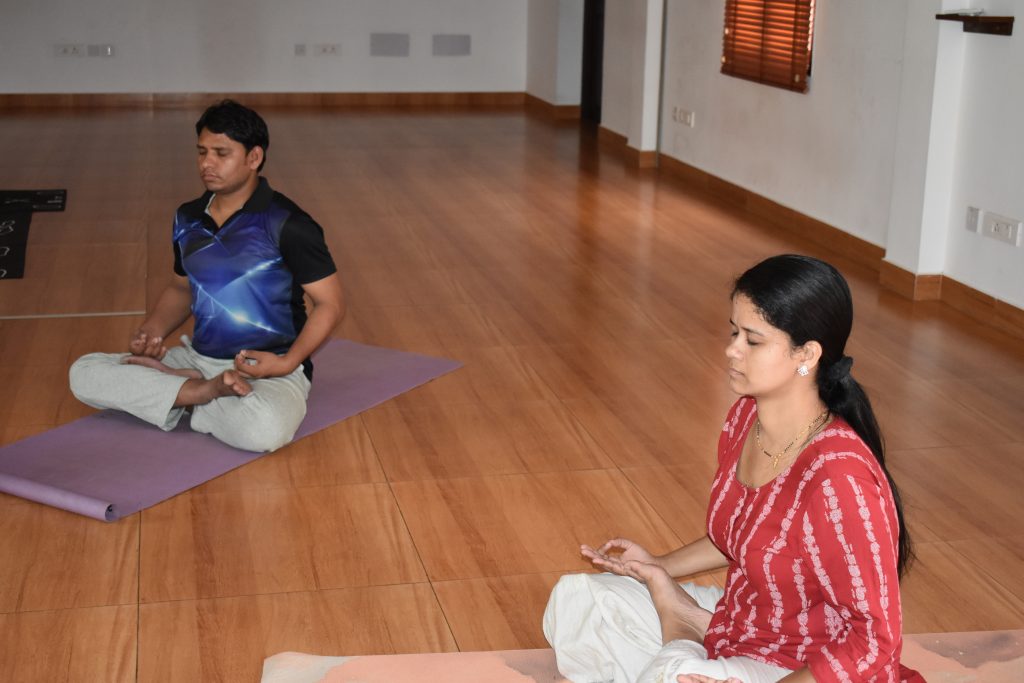
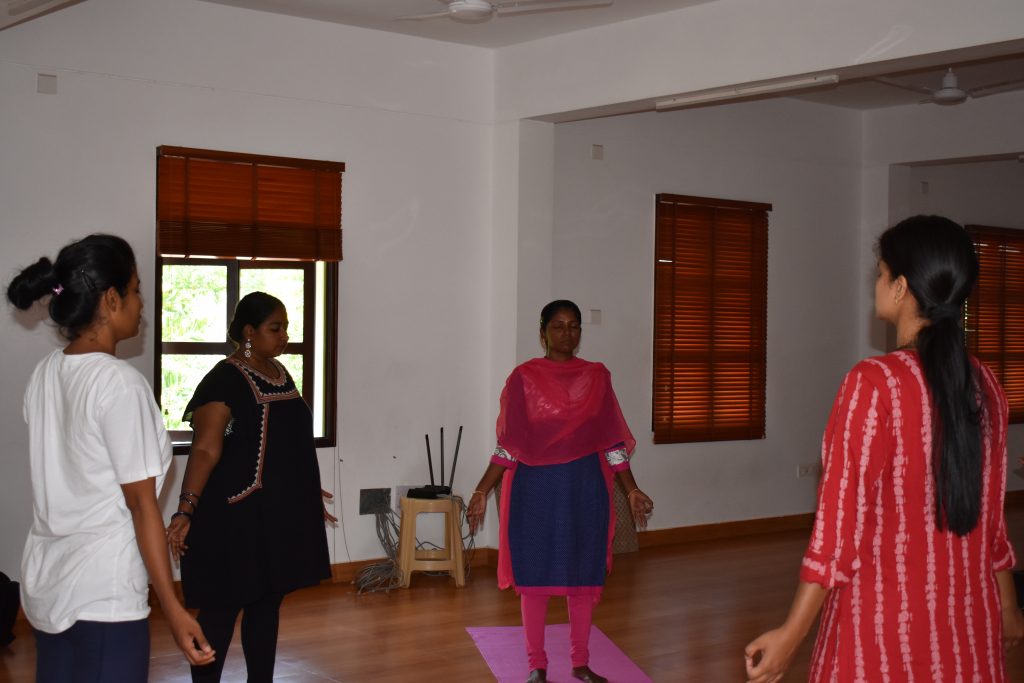
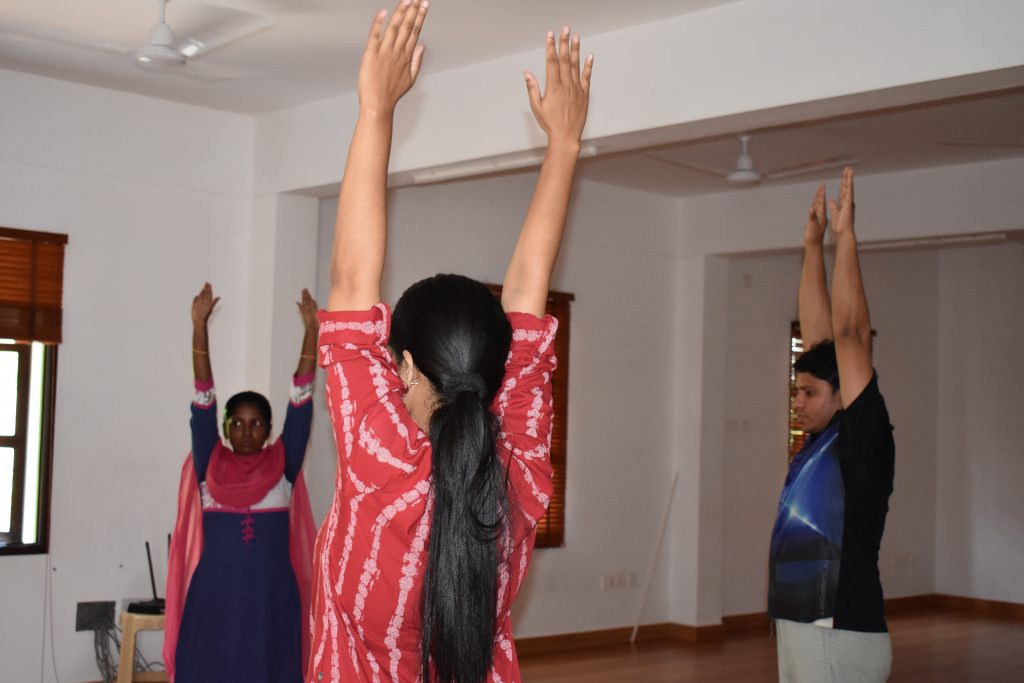
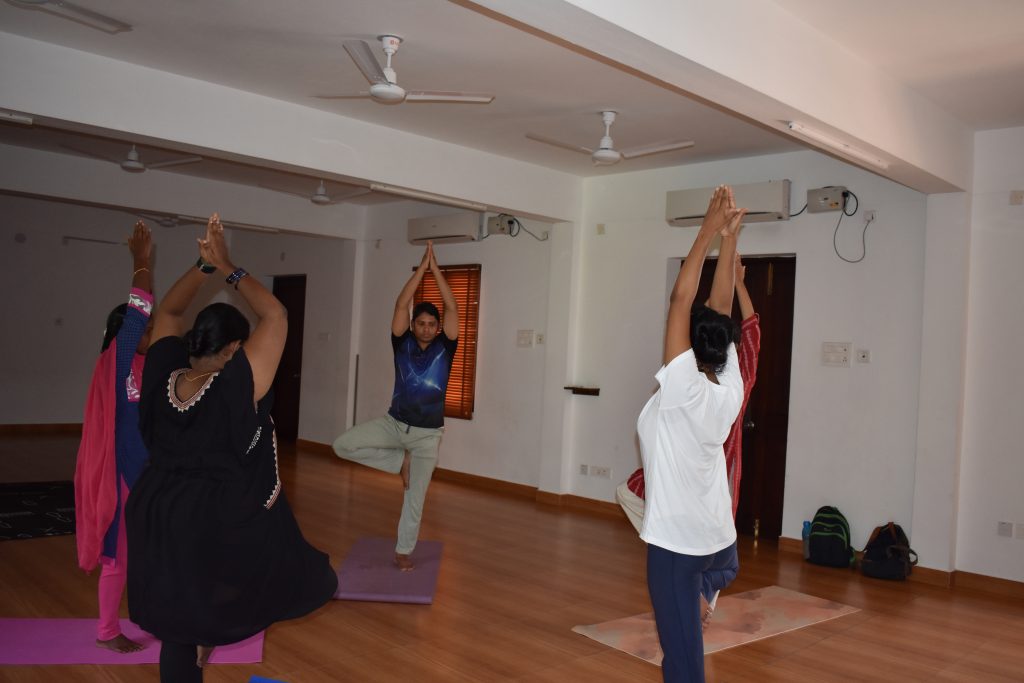
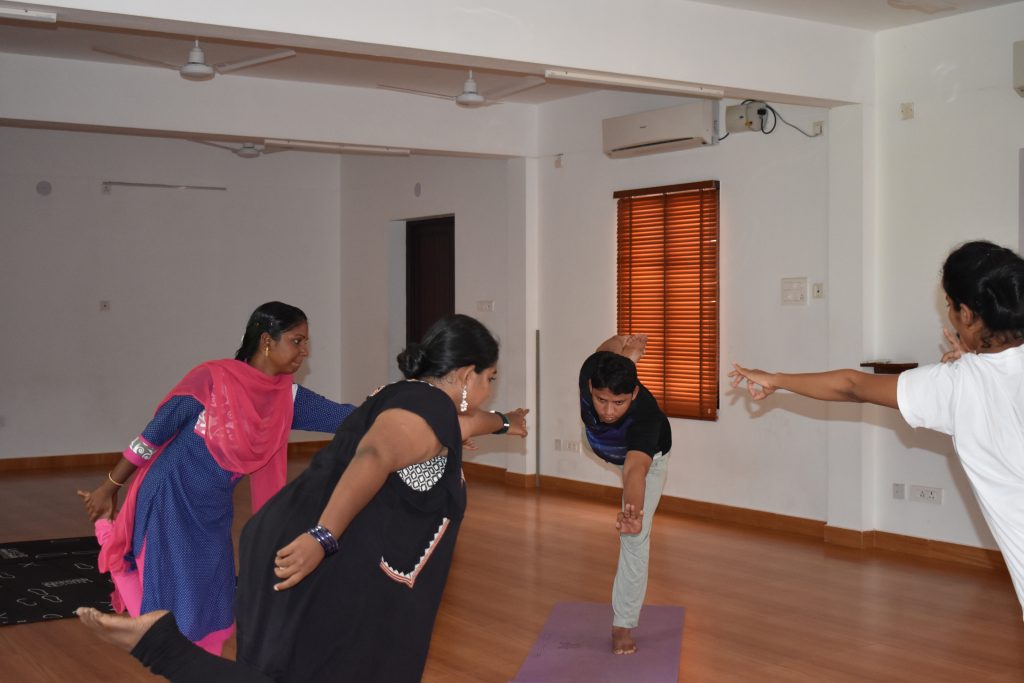
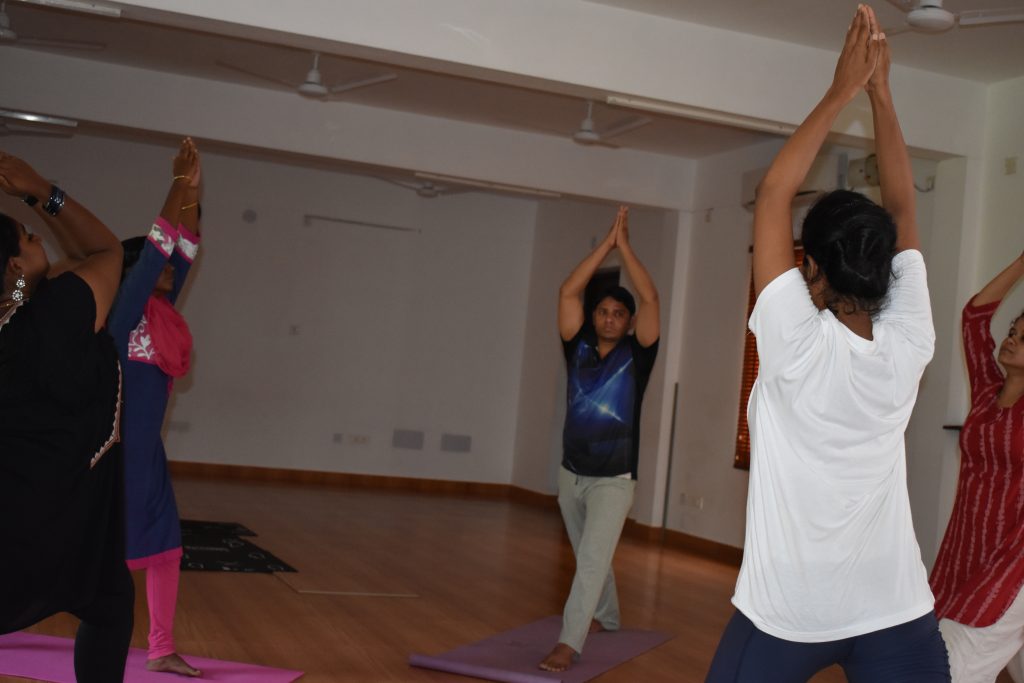
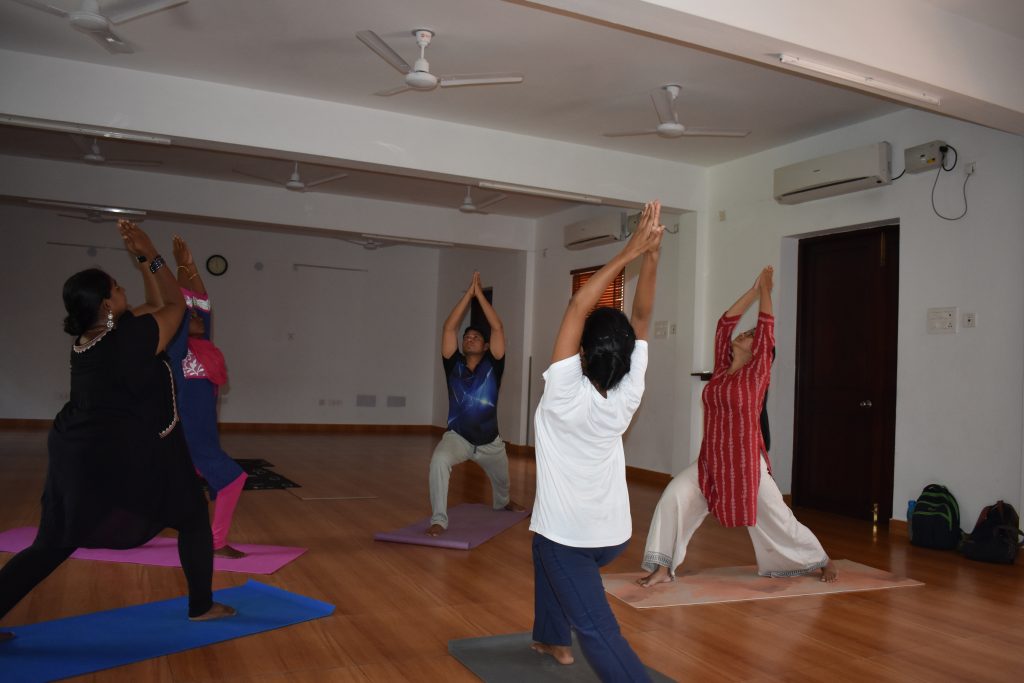
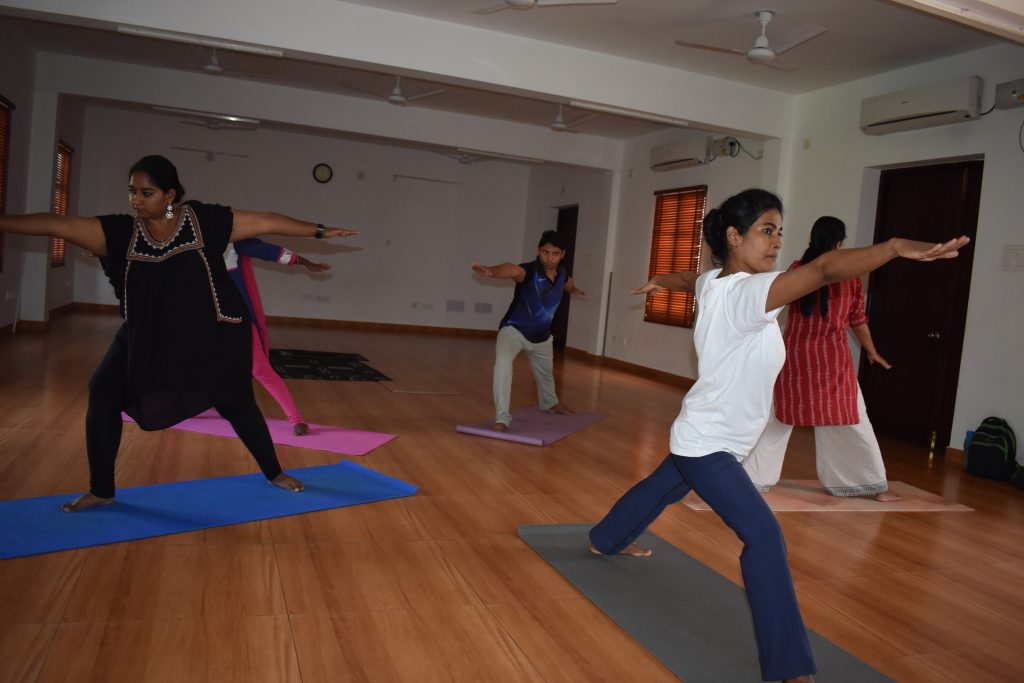
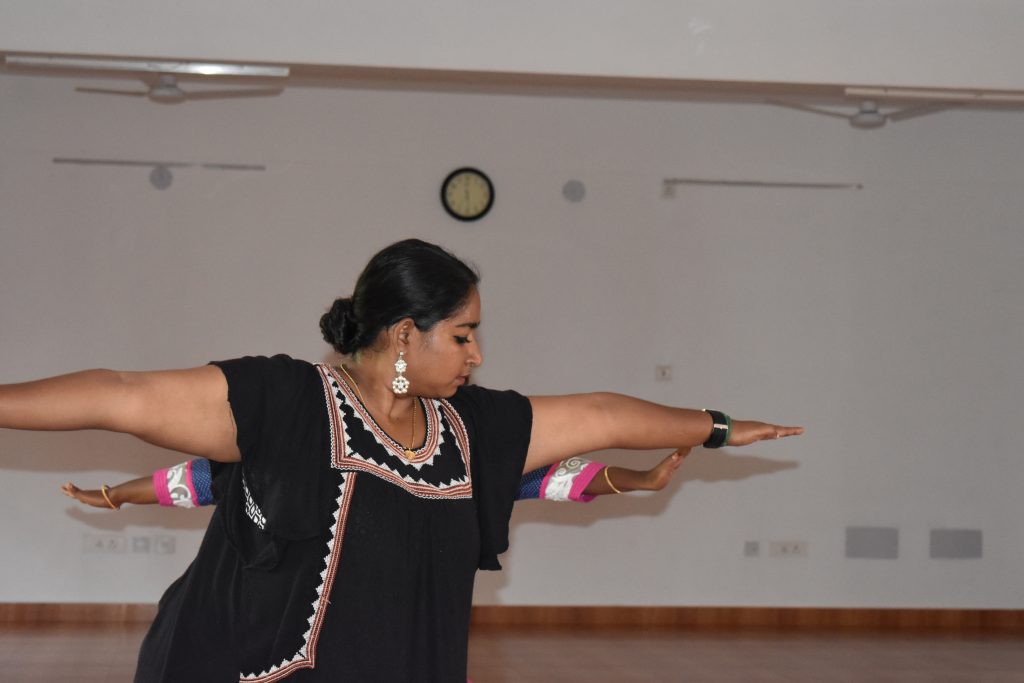
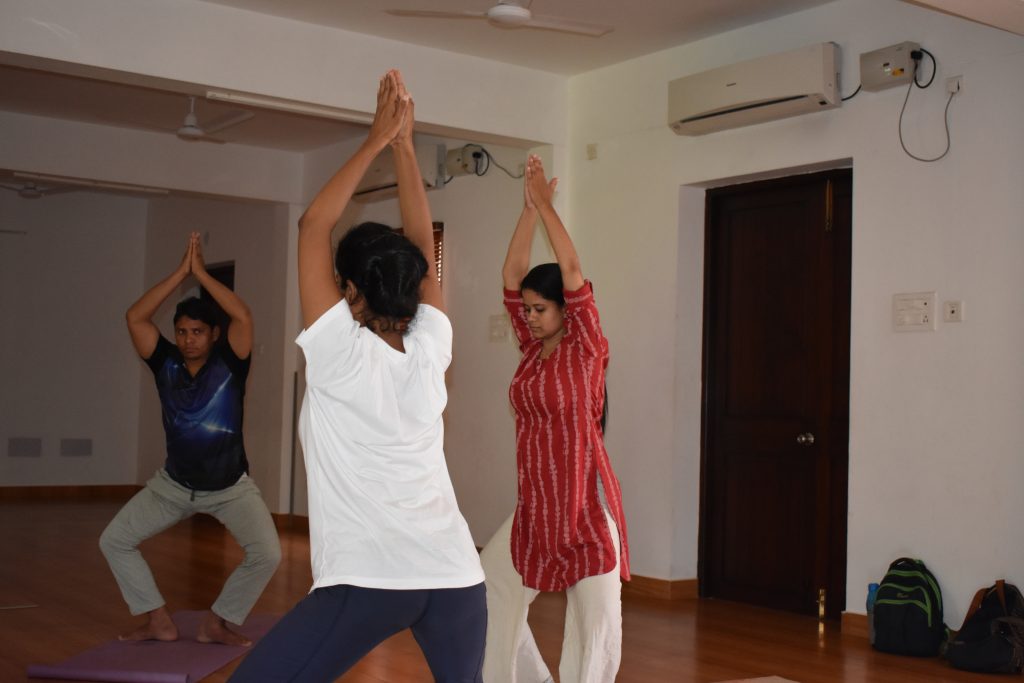
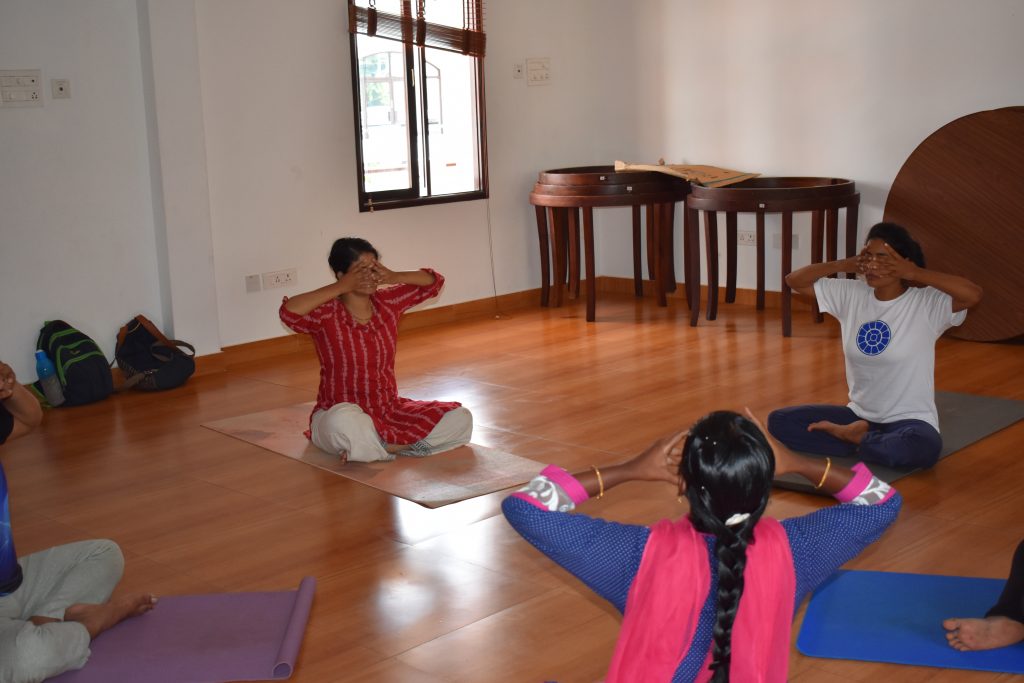
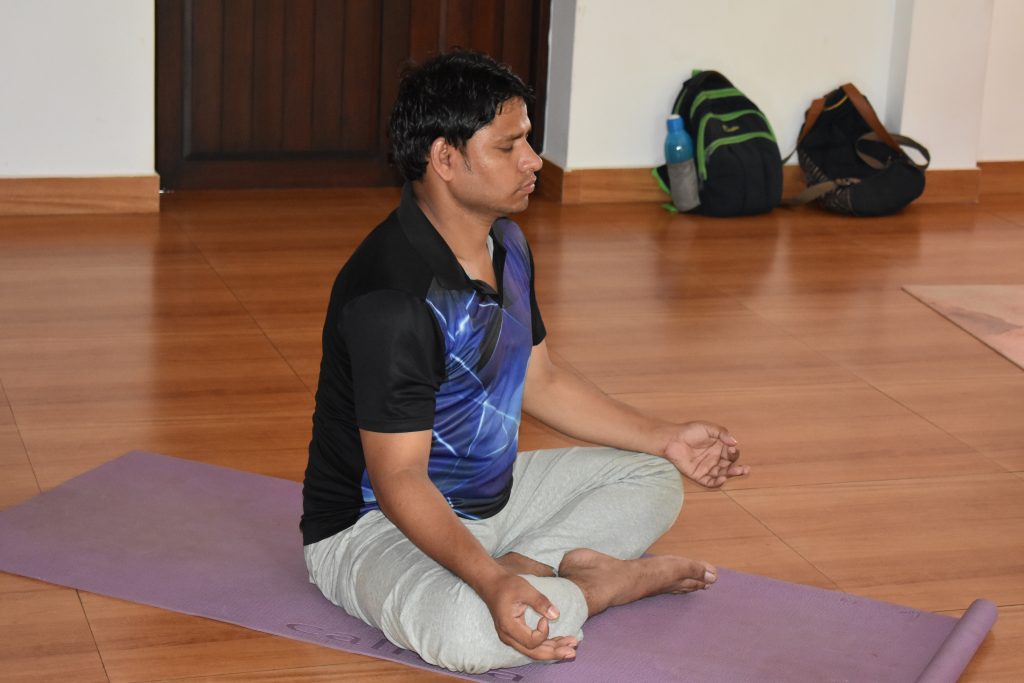
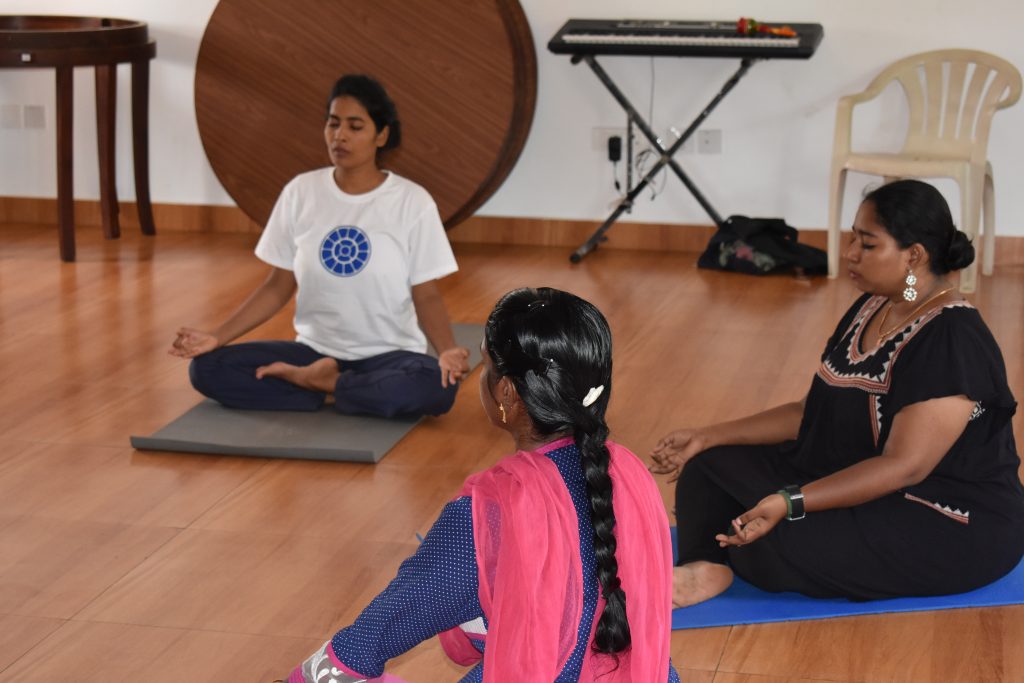
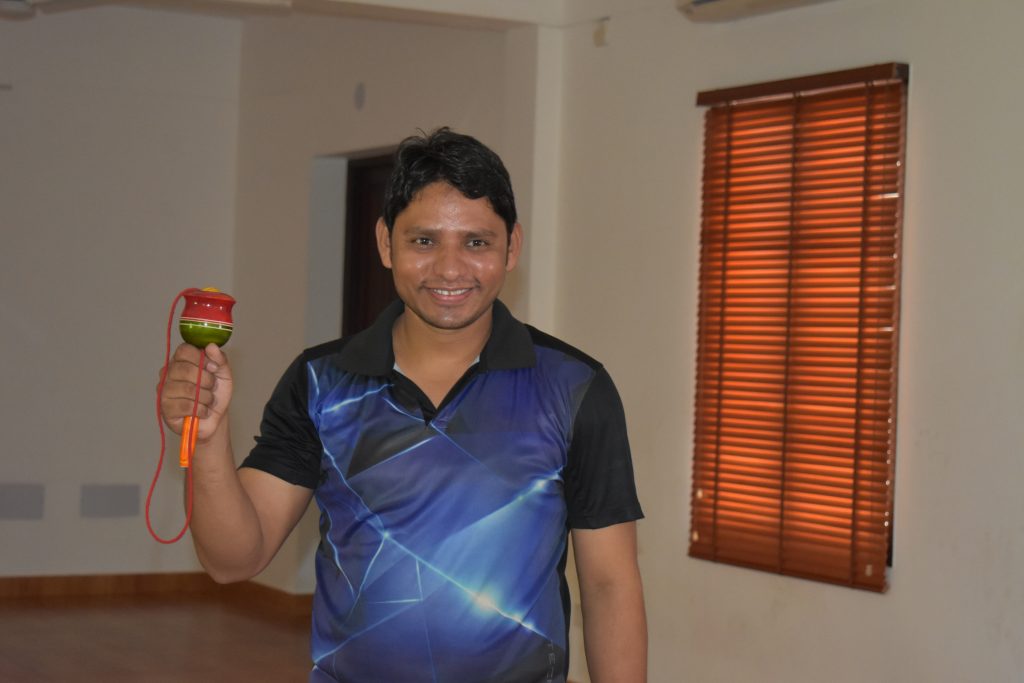
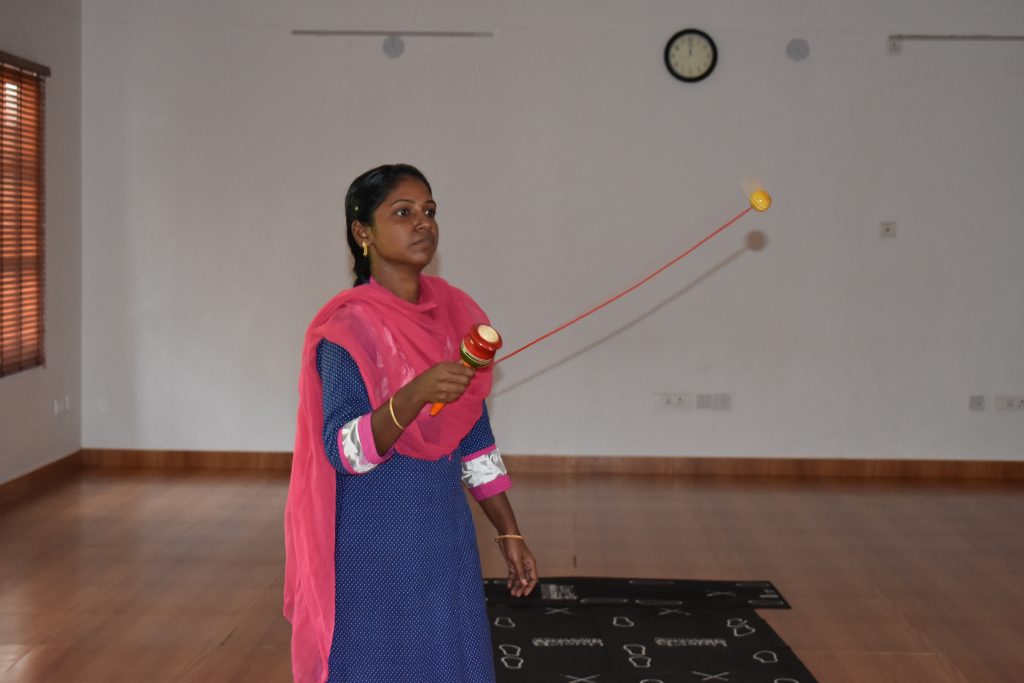
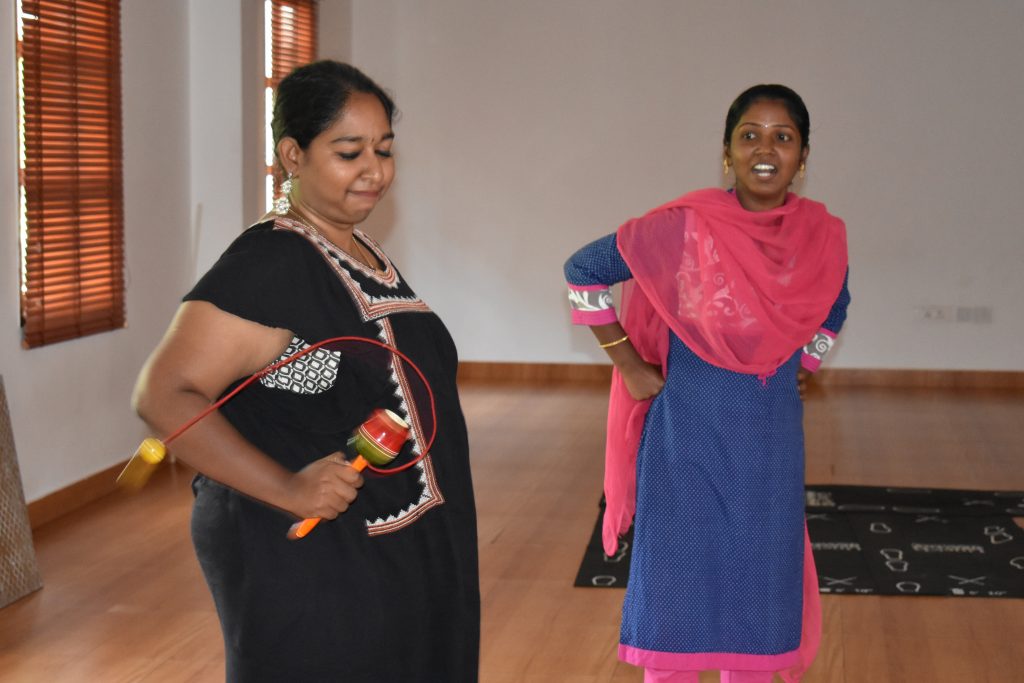
Visit to Sri Aurobindo International Center of Education
Day 2 began with a visit by the group to Sri Aurobindo International Center of Education (SAICE). The visit started with the Department of Physical Education, where Shri Rajkumar ji conducted a guided tour of the playground. He briefly shared with the students the significance of physical education in the overall philosophy and practice of Integral Education in the Ashram school, and showed the various facilities and equipment. He also spoke about the role of physical education in the overall development of the children’s personality and character. He emphasised the health-based programme that the Ashram playground has for members of the Ashram community. He also shared some of the key aspects from the Mother’s guidance on the physical education.
This was followed by a visit to the Ashram school where Ms. Gayatri conducted a guided tour after a brief introduction to the overall organisation of the school. The university students had a chance to see several classes in progress where a small group of children were busy with their art work or science projects or engrossed in a storytelling session by the teacher. The students were pleasantly surprised to see such small class size, sometimes even a student-teacher ratio of 3 to 1. The free, flexible, creative and casual learning environment of the school was also appreciated by the university students.
As the tour progressed, Ms. Gayatri shared with the group the emphasis on arts education as part of the overall vital education programme. The students also had a chance to interact with an art teacher at the school. Towards the end of the tour, the entire group assembled at the Hall of Harmony where Ms. Gayatri briefly summarised the practical aspects of Integral education as applied in the Ashram school. She answered several questions university students had about topics such as assessment and evaluation, applicability of some of the integral education ideas and practices in the mainstream schools, significance of teaching in mother tongue, significance of learning Sanskrit etc.
The visit to SAICE was highly inspiring for the university students who are preparing to be teachers.
Exhibitions
Participants also had an opportunity to visit the Raj Nivas where they saw the two ongoing exhibitions on display – Sri Aurobindo and Indian Freedom Movement, and Nari Shakti.
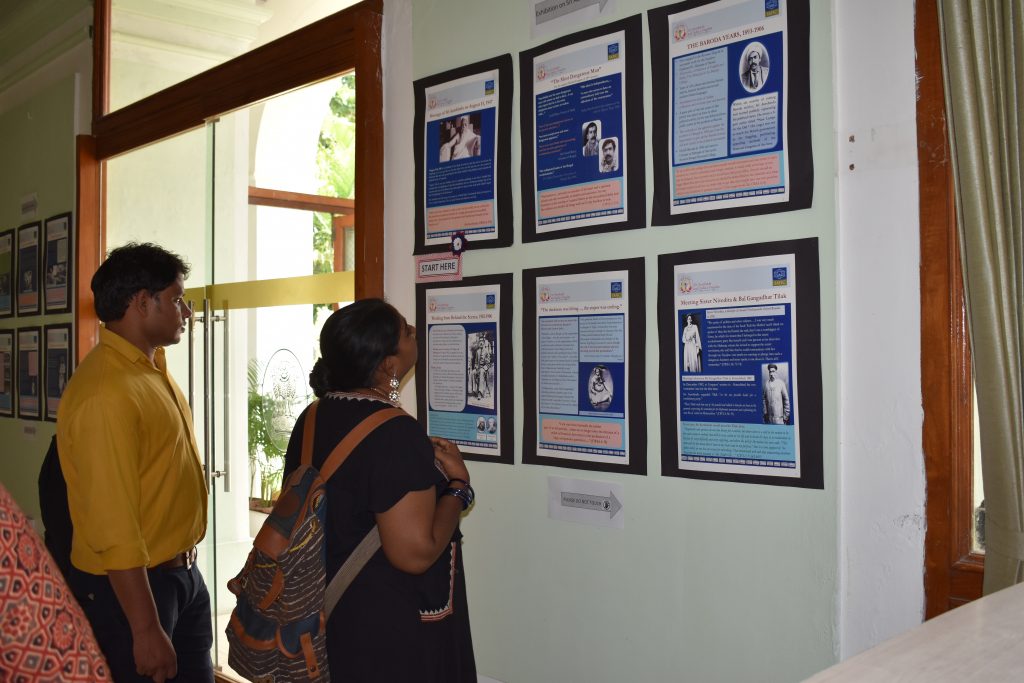
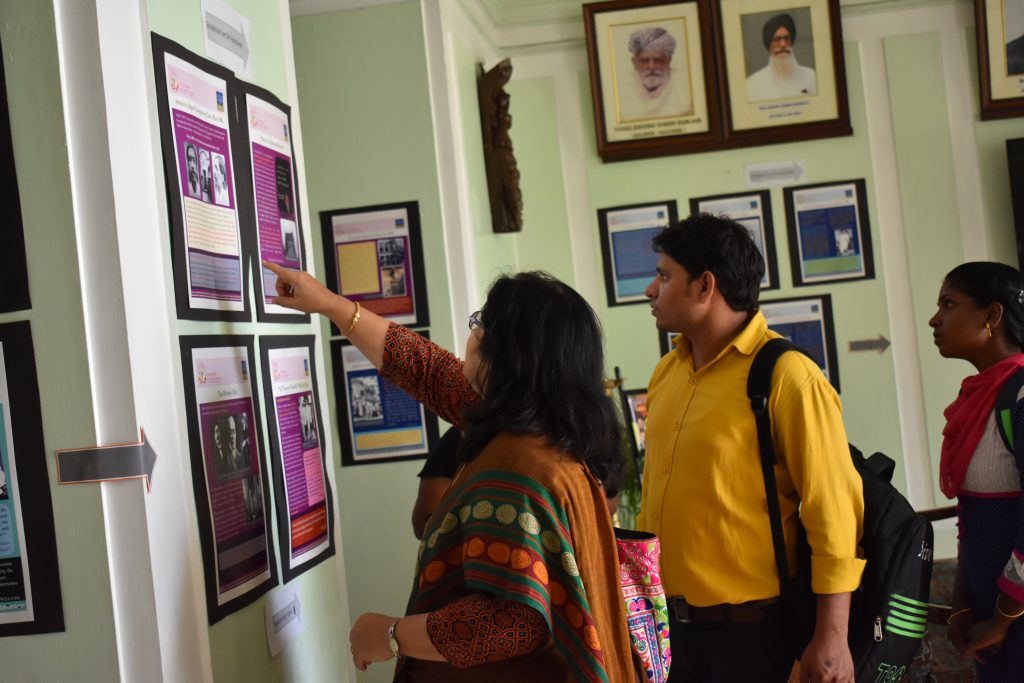
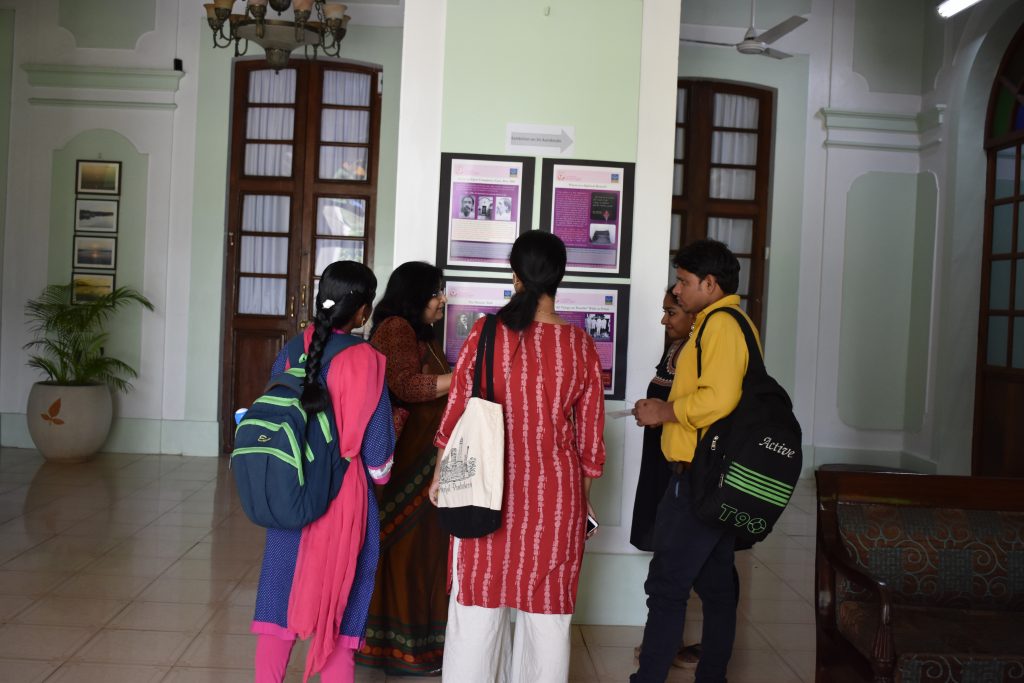
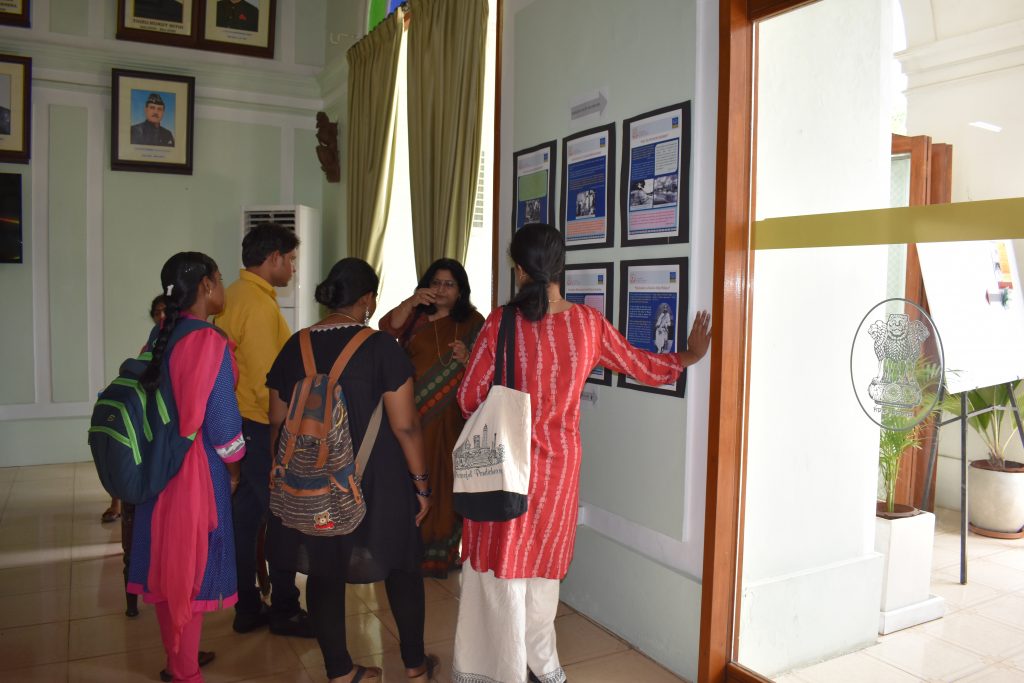
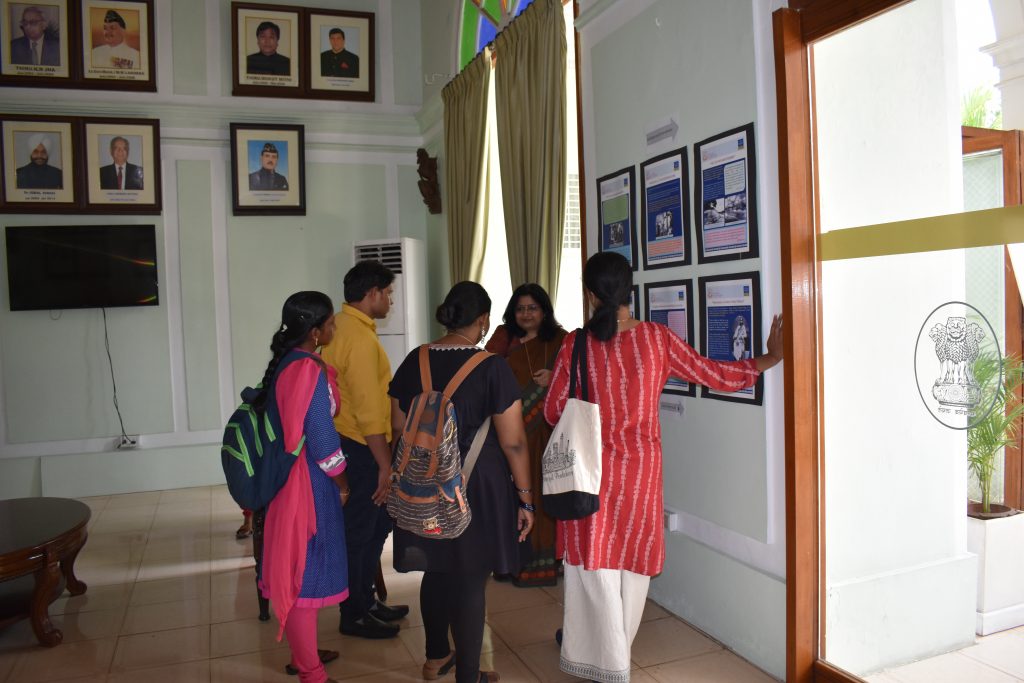
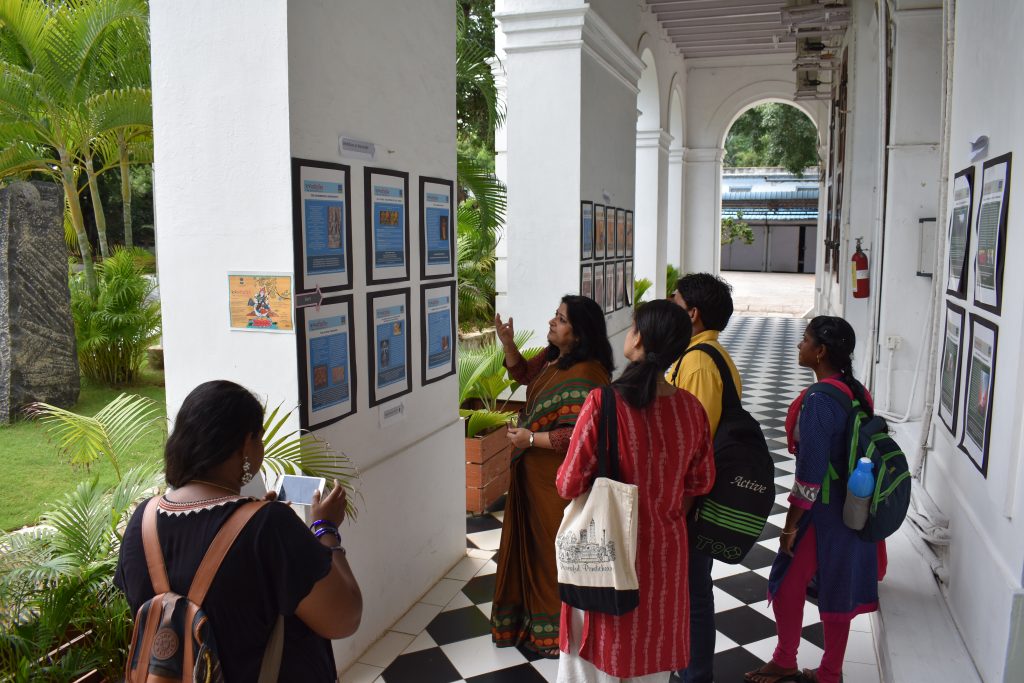
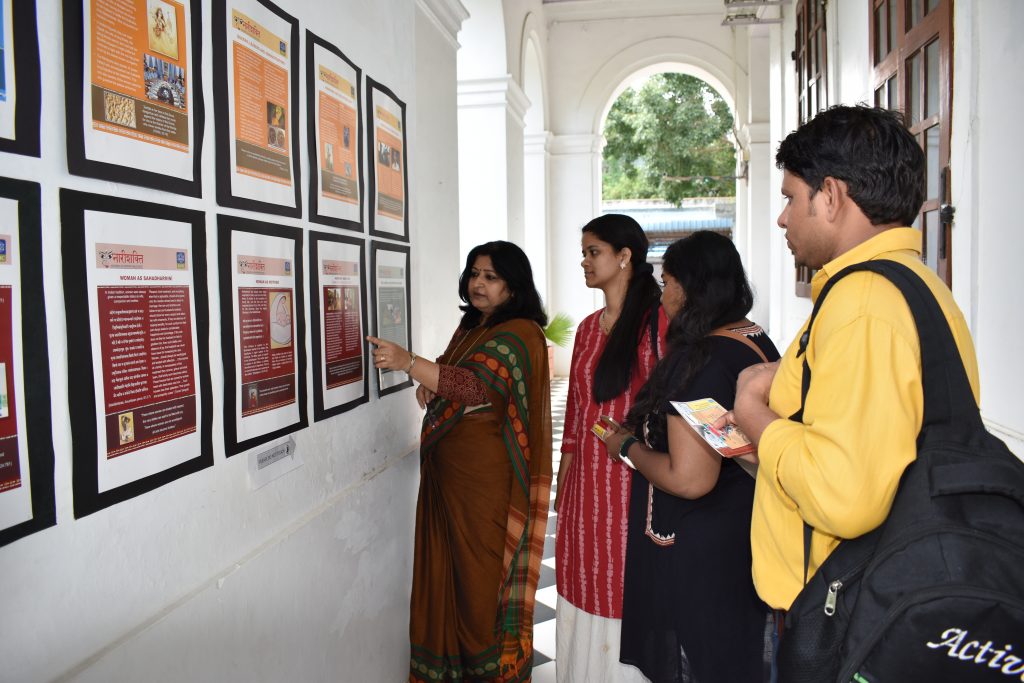
Group Project
On Day 2 of the programme, participants were briefed about their assignment which they were supposed to present on the last day of the workshop. They were asked to divide themselves into 3 groups and work on a project around the general theme – Joy of Learning. The only requirement was that this should be a creative exercise for the participants, and they were free to decide the specific topic, format and presentation style.
On the last day of the programme, the three groups presented some fun projects on the theme of Joy of Learning. Group 1 did a small role play in which an English teacher was helping a couple of Tamil students learn a few basics of English grammar through their existing knowledge of Tamil. Group 2 demonstrated learning of addition with the help of a fun game. The participants playing the role of children in this demonstration had a lot of fun playing the addition game. Group 3 demonstrated an English class in which the teacher effectively used the storytelling approach to get children excited about learning the language and stories about their culture.
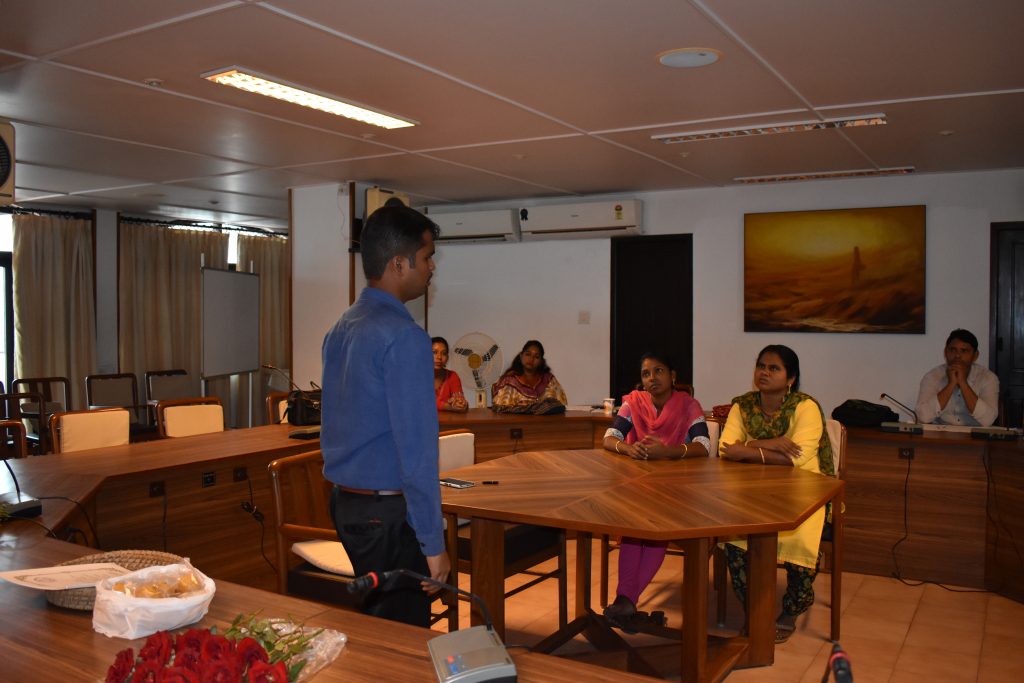
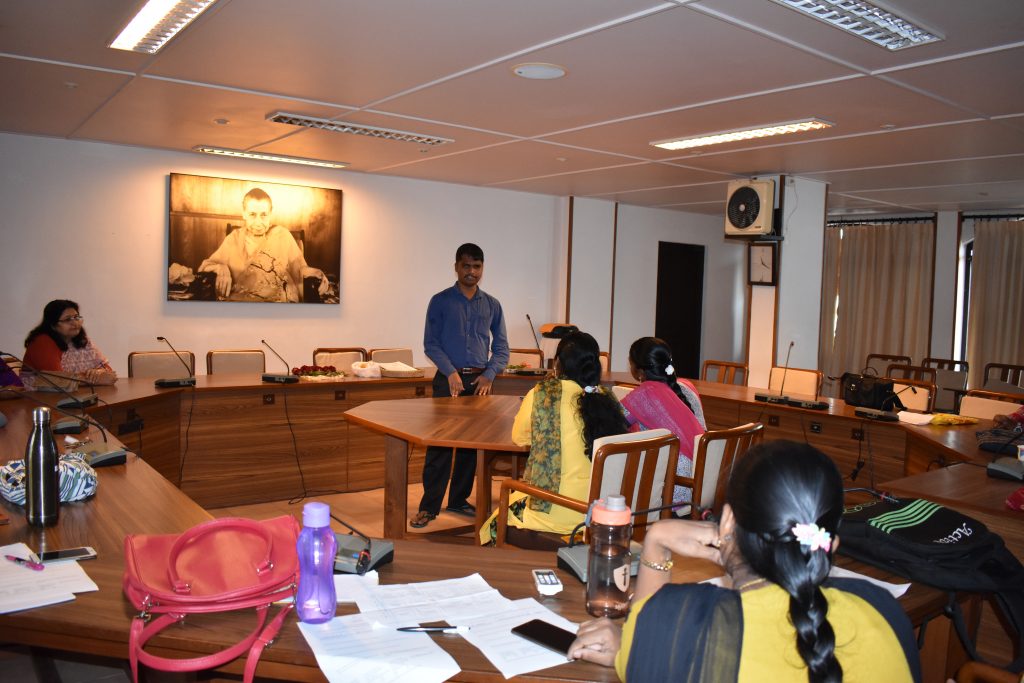
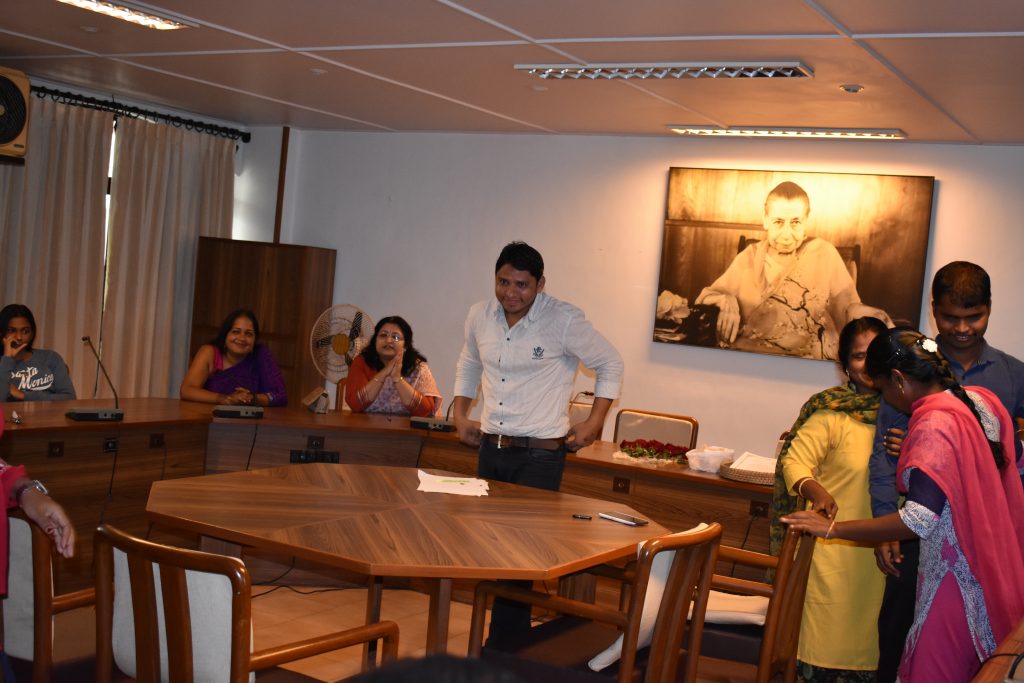
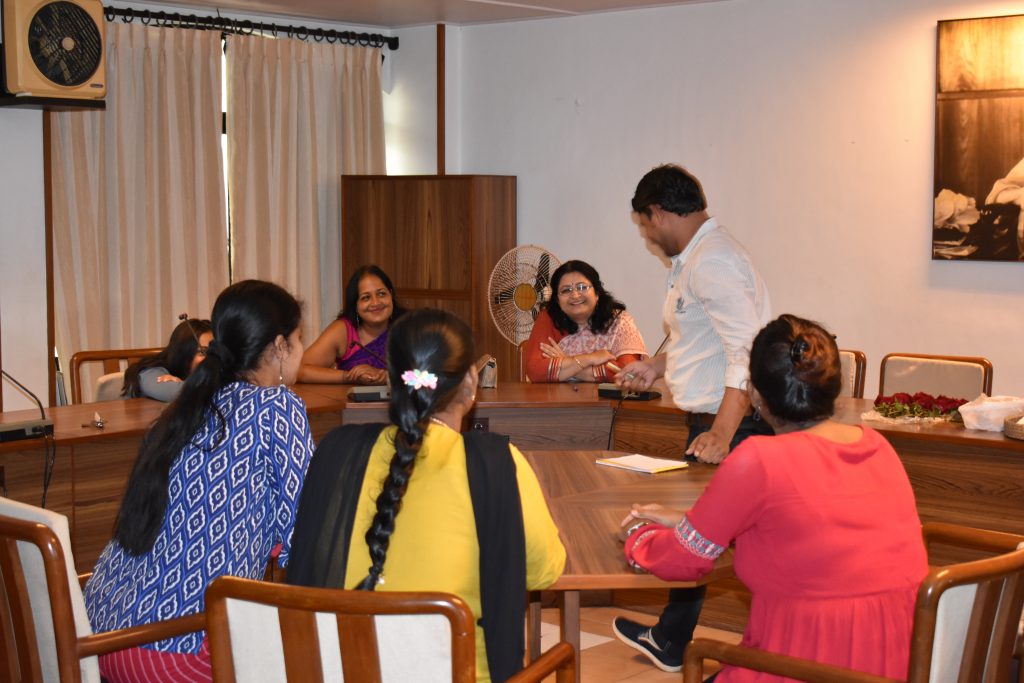
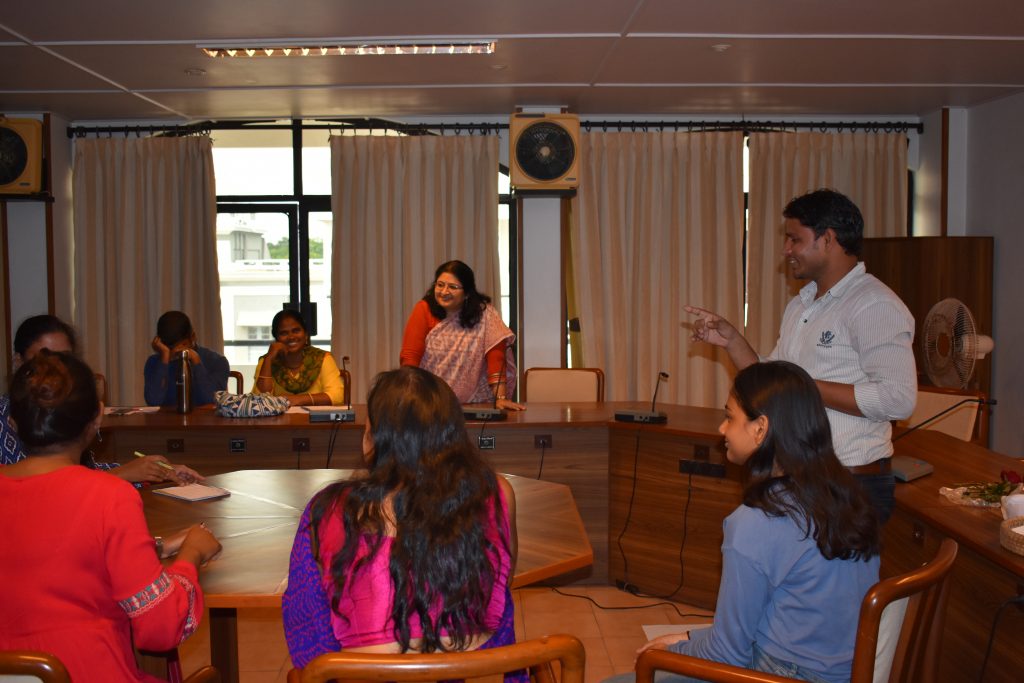
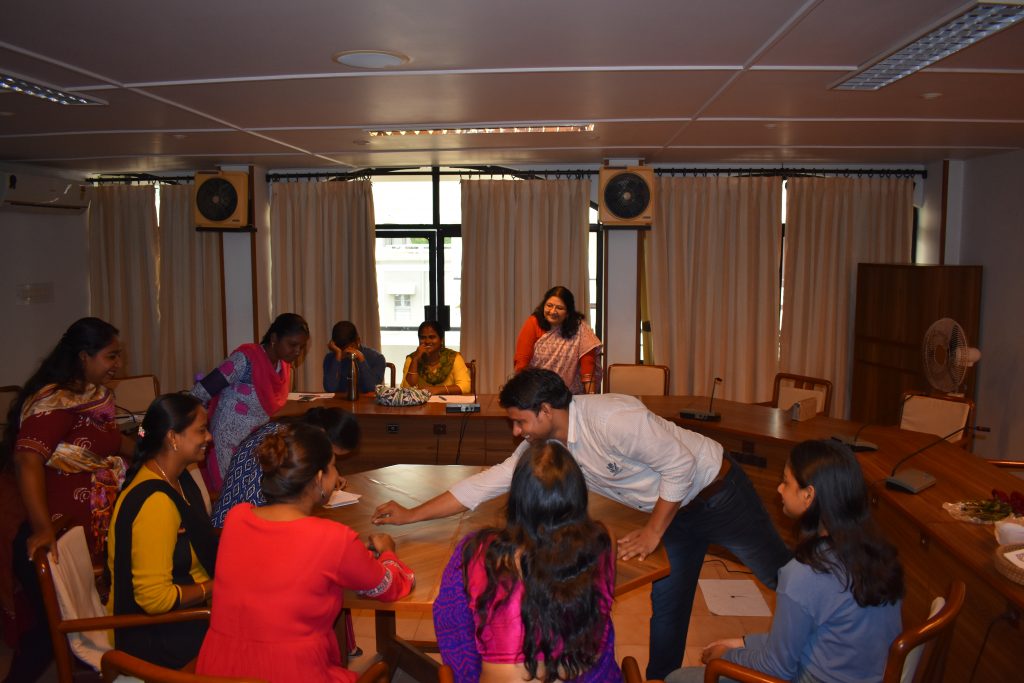
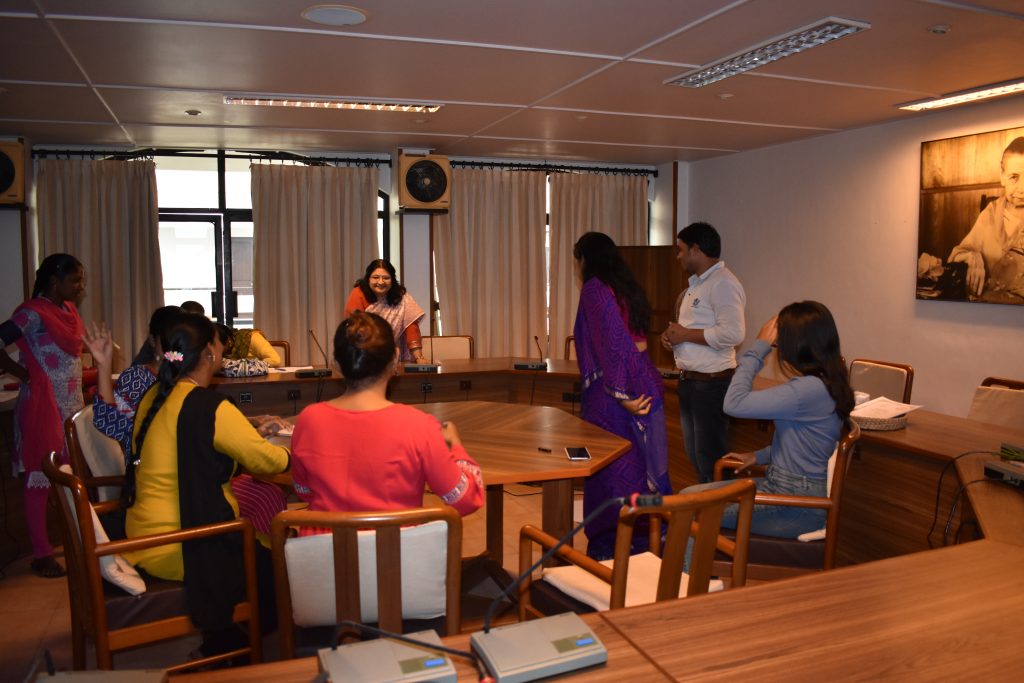
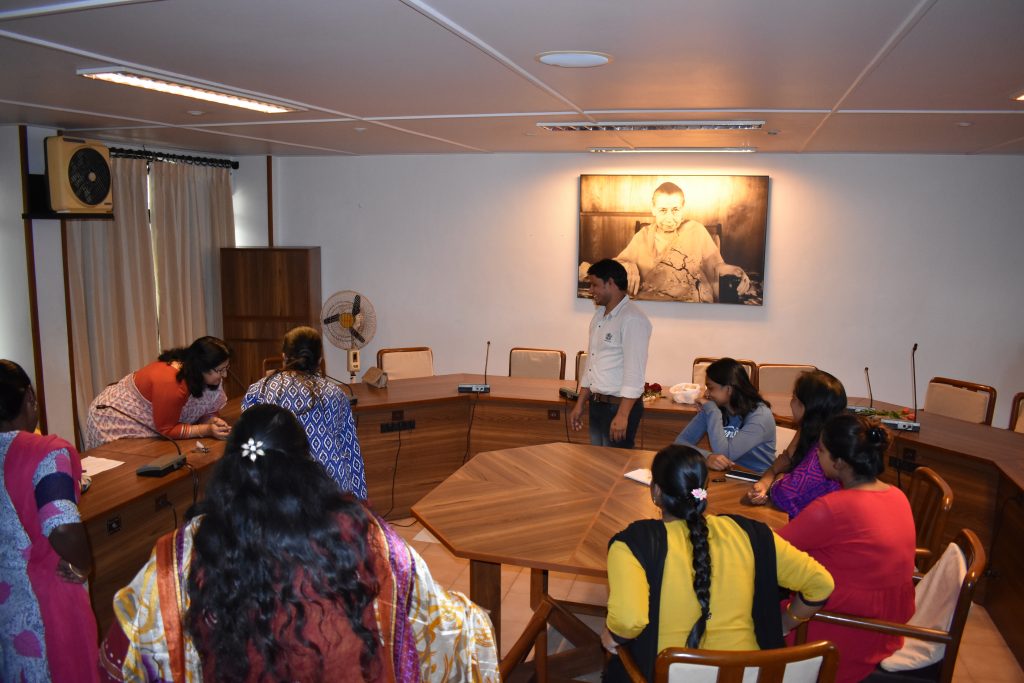
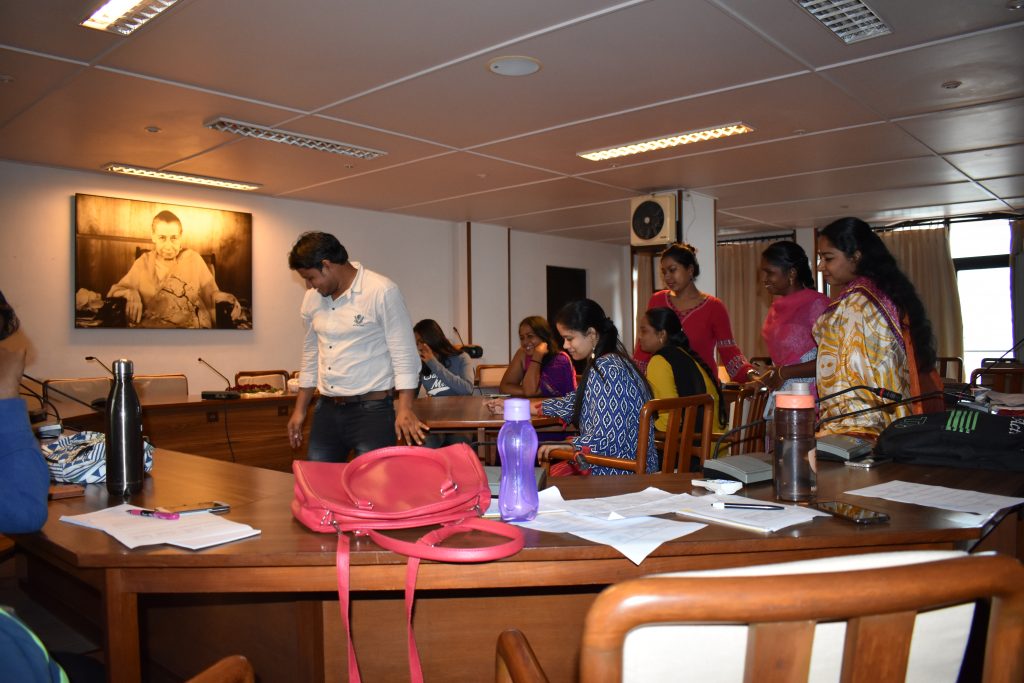
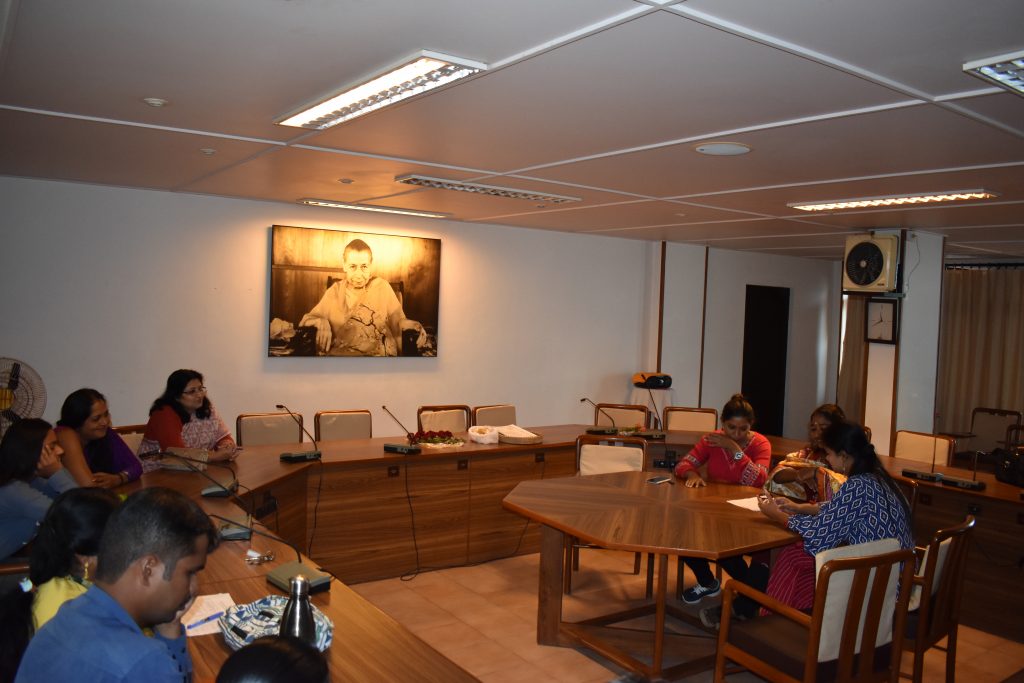
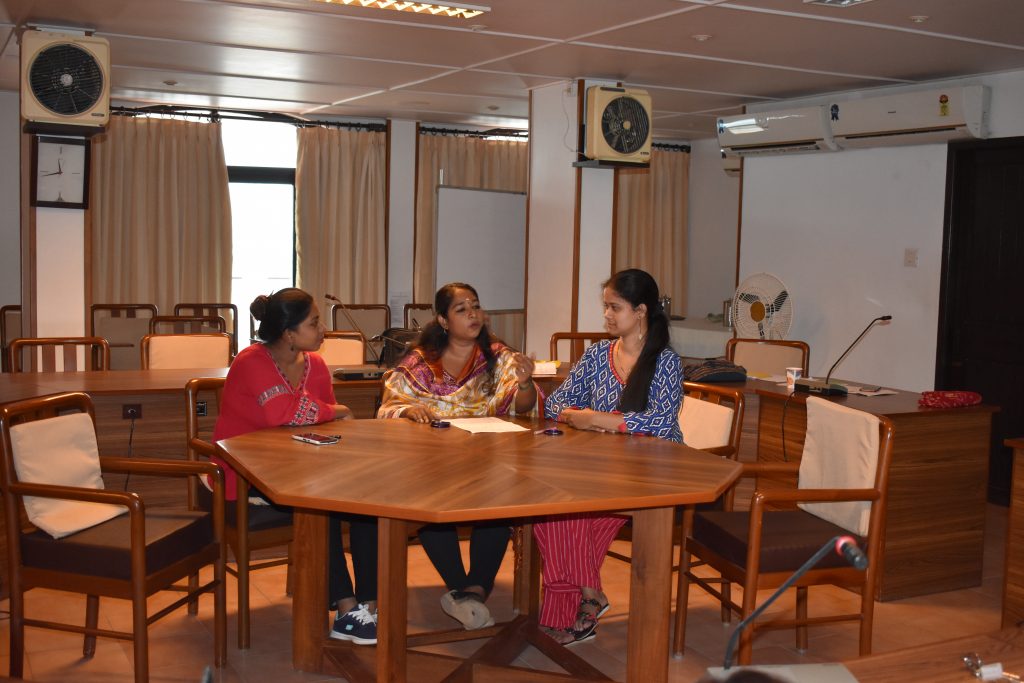
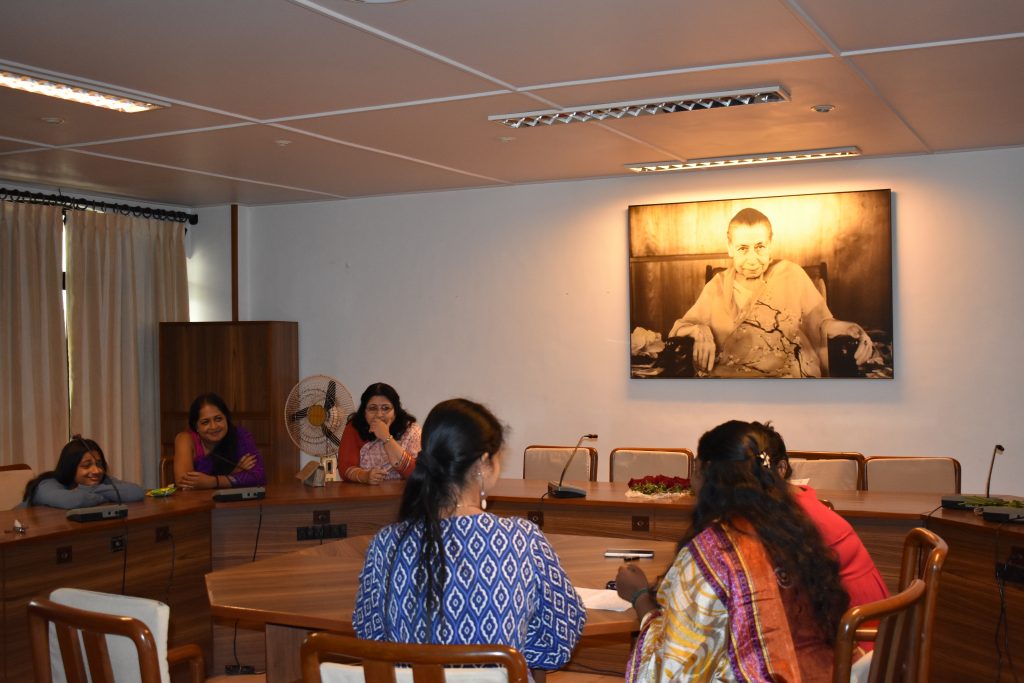
Visit to Auroville
During the programme, the group also visited Auroville for half a day. This visit was coordinated by Ms. Mousumi Mukherjee and Mr. Deven Shah, two of our volunteers. The group first visited The Learning Community (TLC) where Deven guided them through this unique approach to integral education in Auroville. This approach widens the learning field from a classroom to the larger community of Auroville and, through this exposure to different communities and environments within Auroville, TLC engages in a process of learning and building community.
Next, the group met with Ms. Anita Komanduri who engaged the group in a discussion around the theme of fear and how it inhibits real learning. She also discussed the significance of opening to one’s innate wisdom as one goes through an educational journey.
The group also spent time discussing with Mousumi the overall vision of Auroville as a place of unending education and research as well as a living experiment in human unity, the experience of living and learning in Auroville, and the role of effective story telling in education. She also shared a few insights about her experience with homeschooling her daughter.
The students had a great time learning about the richness of innovative educational approaches being practiced in Auroville.
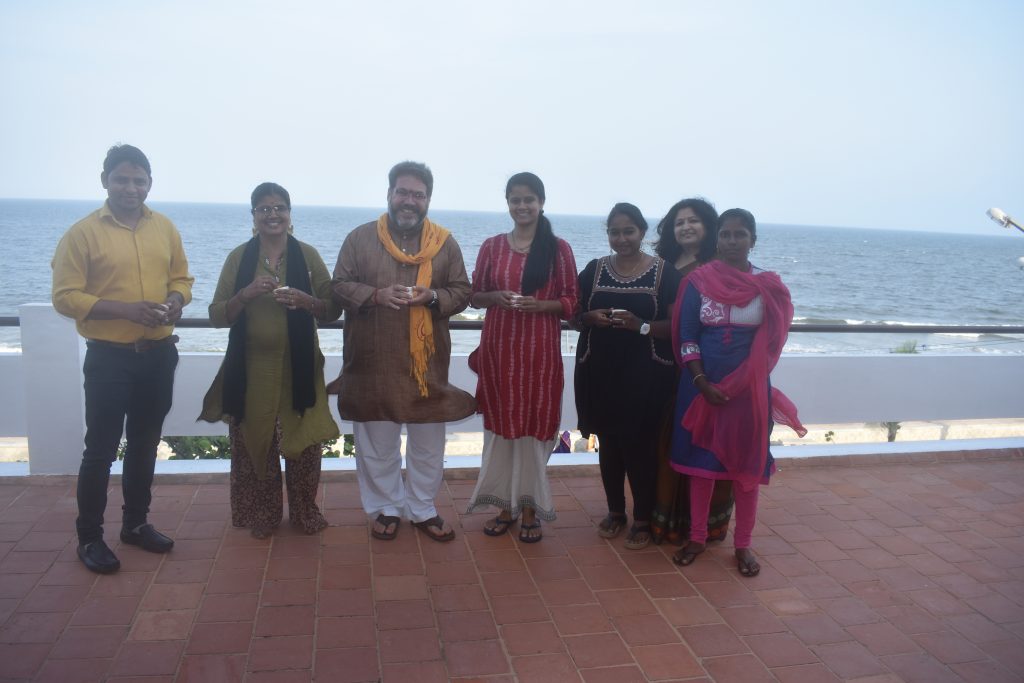
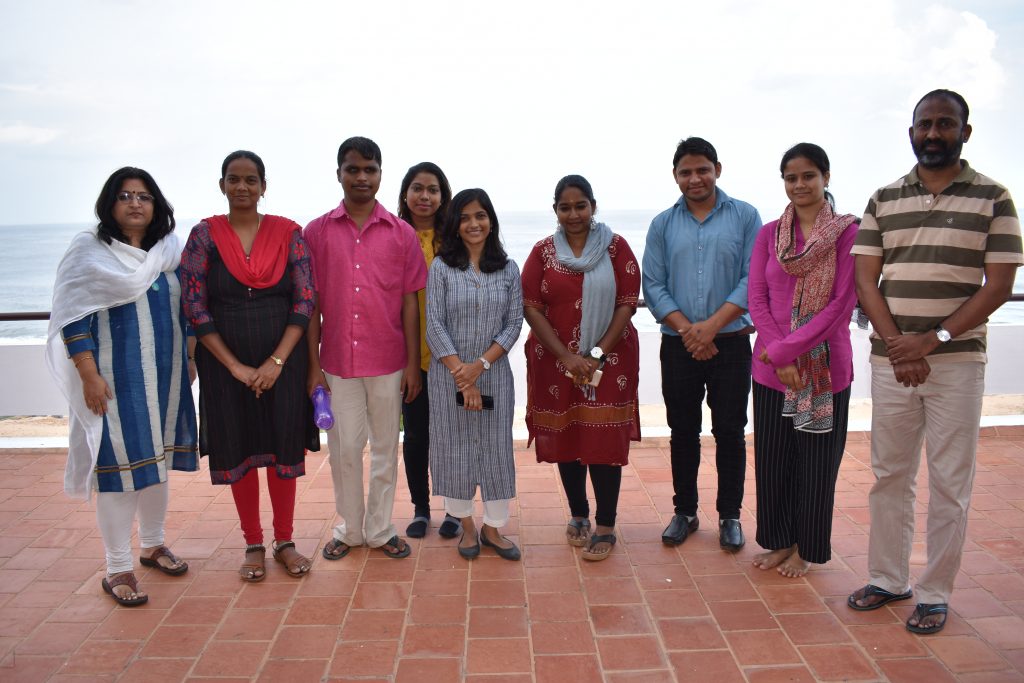
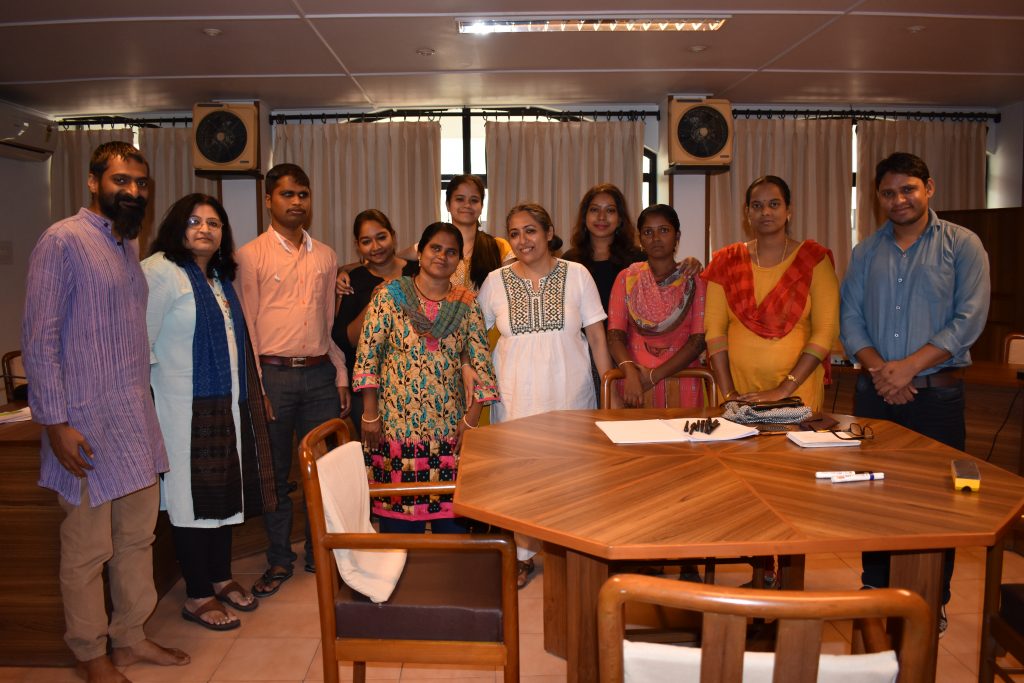
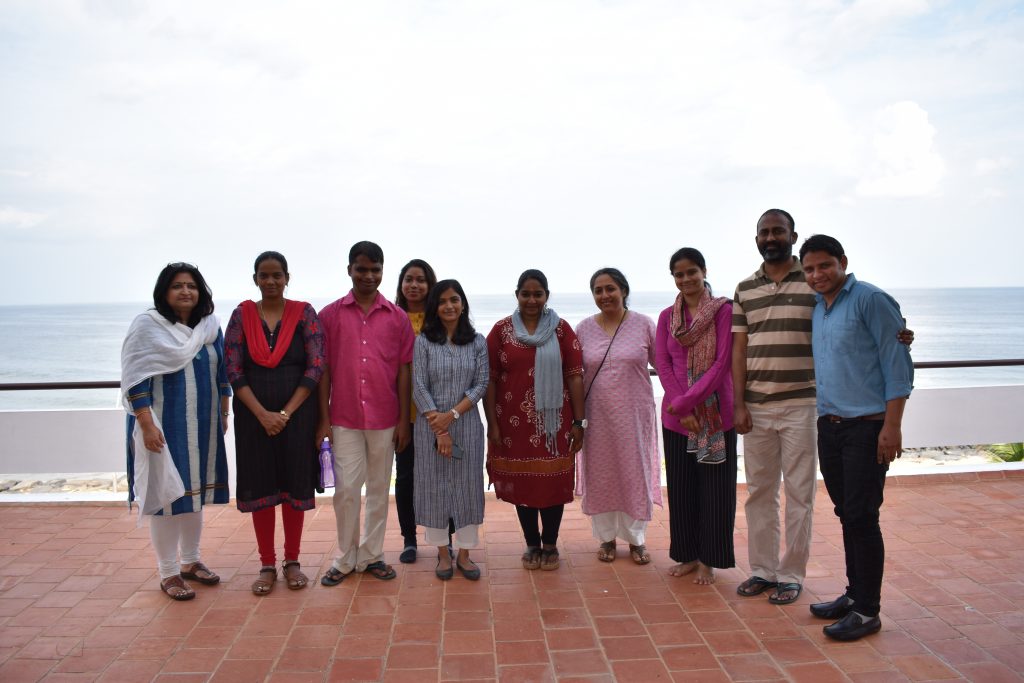
Concluding Ceremony
The programme came to a close with a general feedback and reflection session. Ms. Mousumi Mukherjee and her daughter were also present at this ceremony. Certificates were given to all the participants. And a rose and a sweet with the certificate made the moment more memorable for all.

